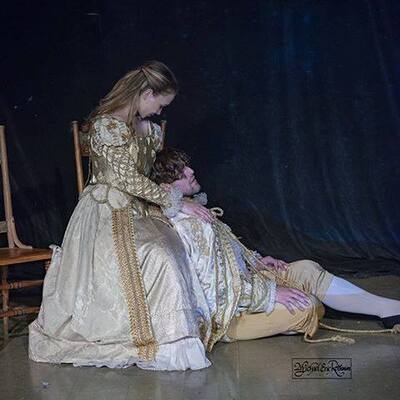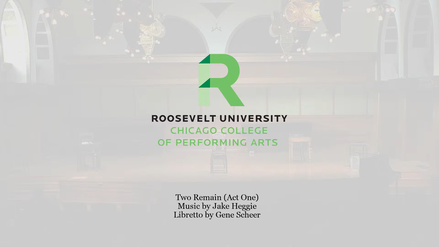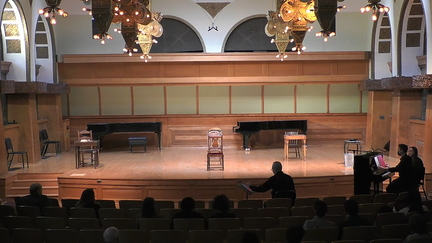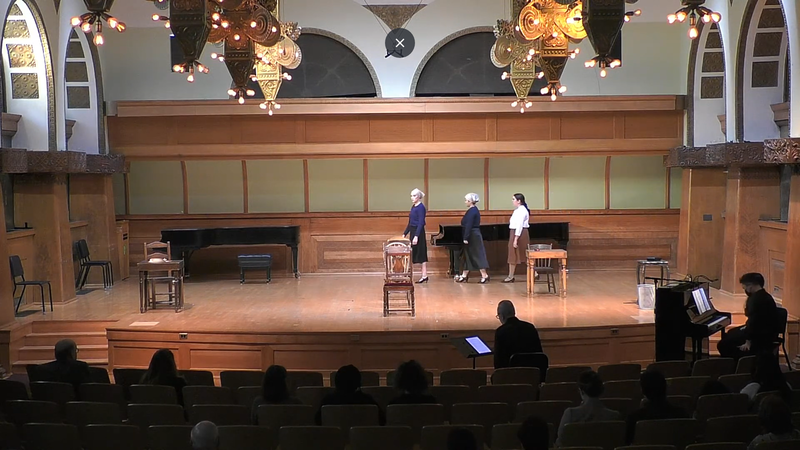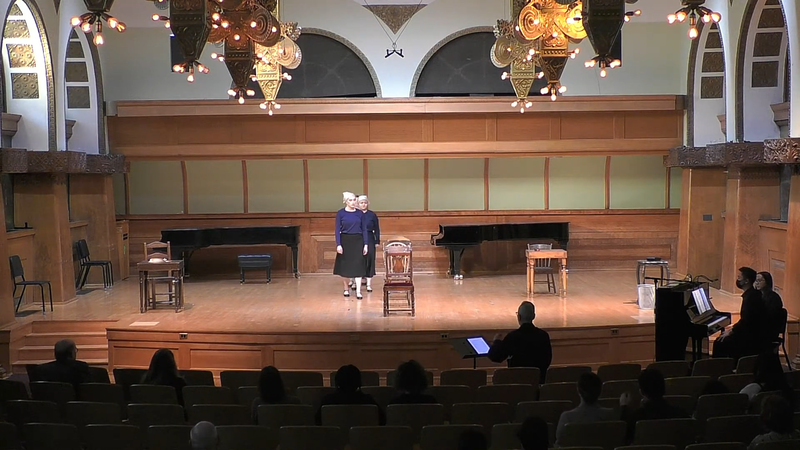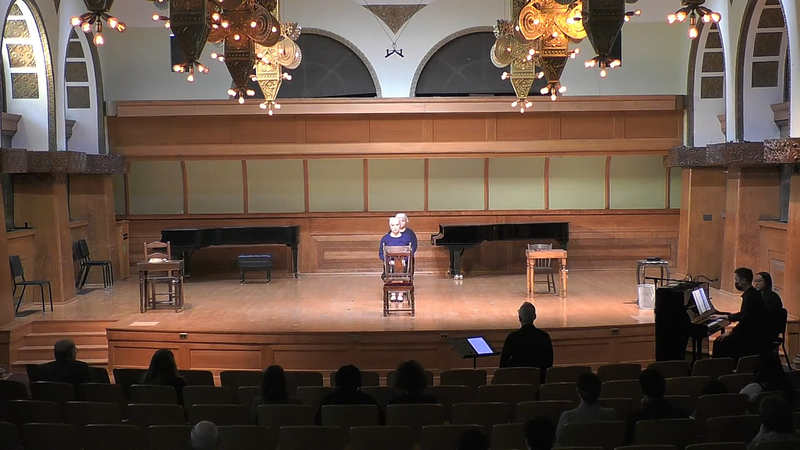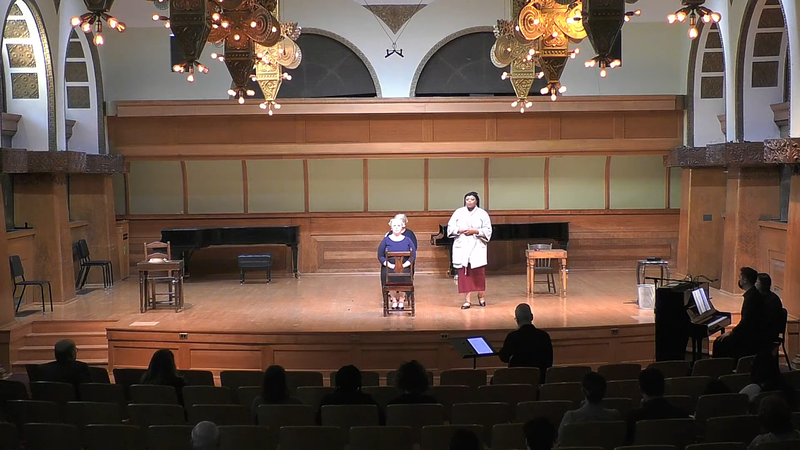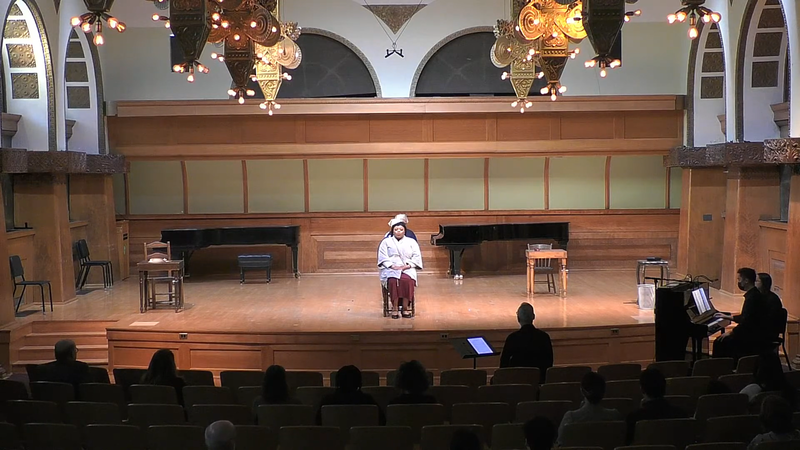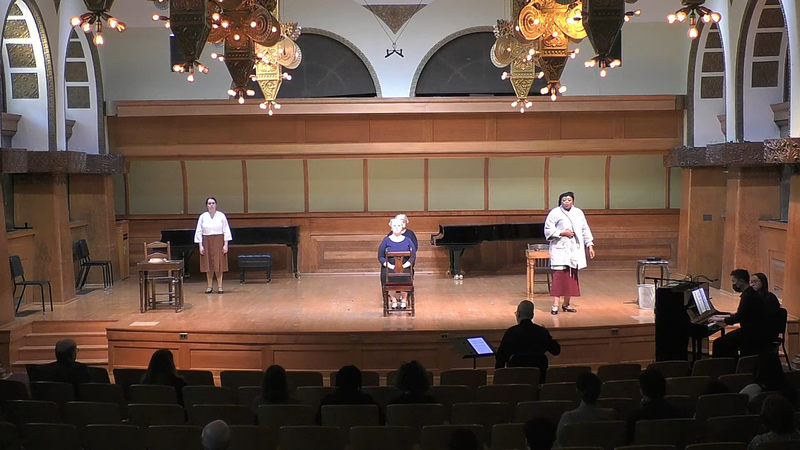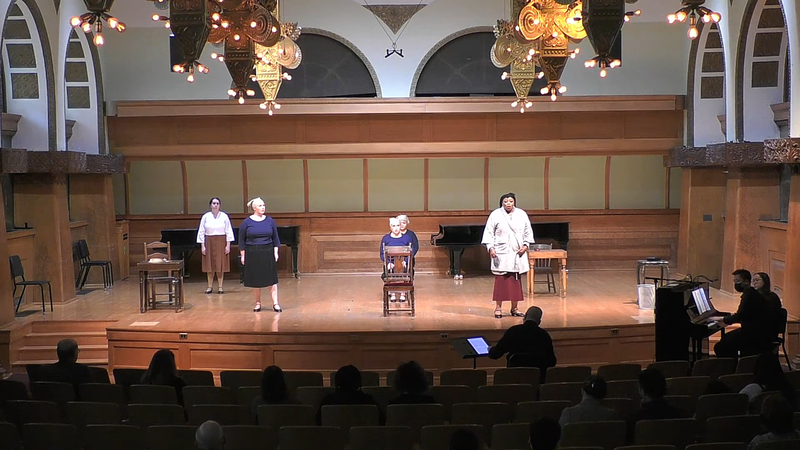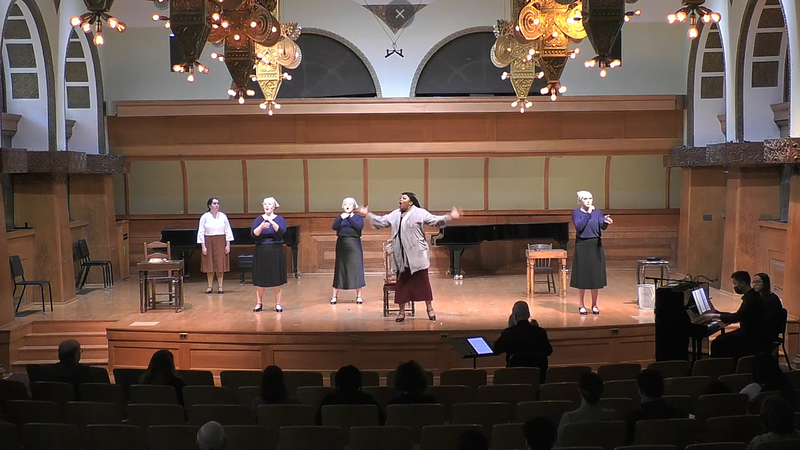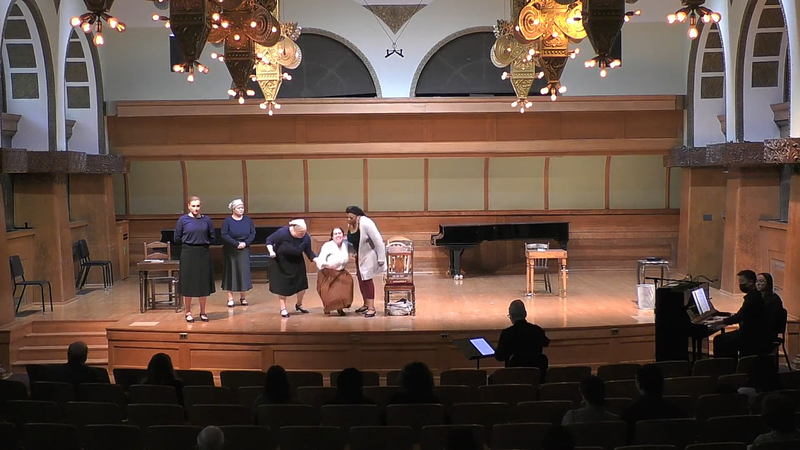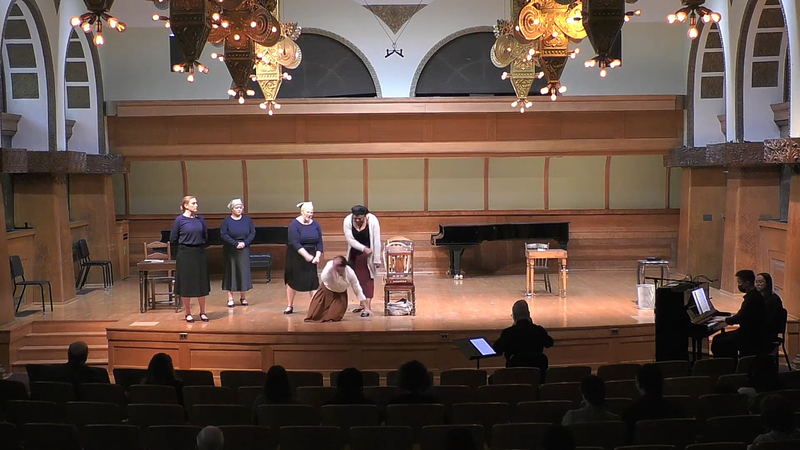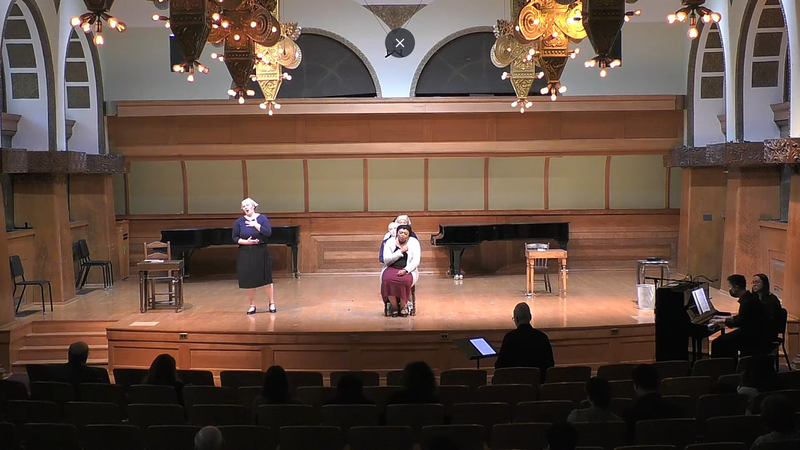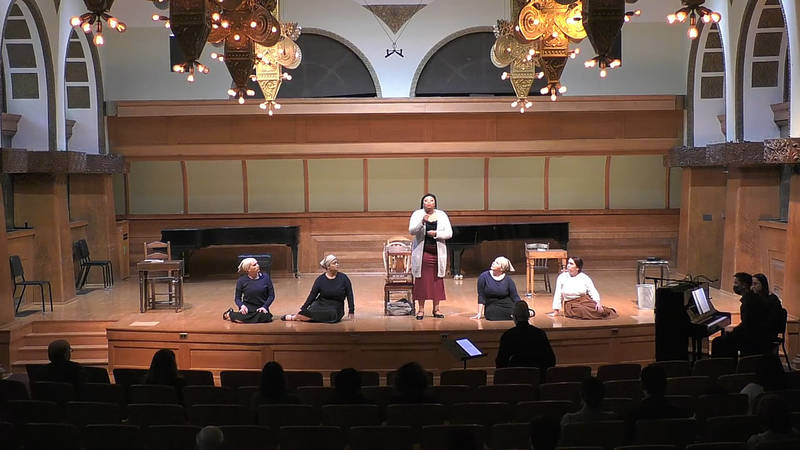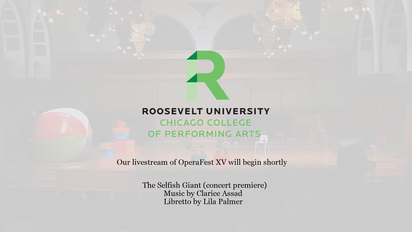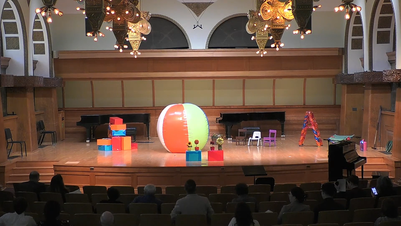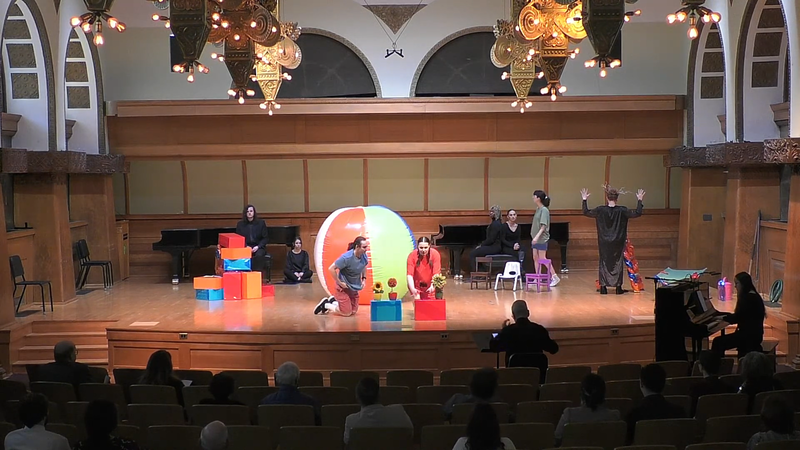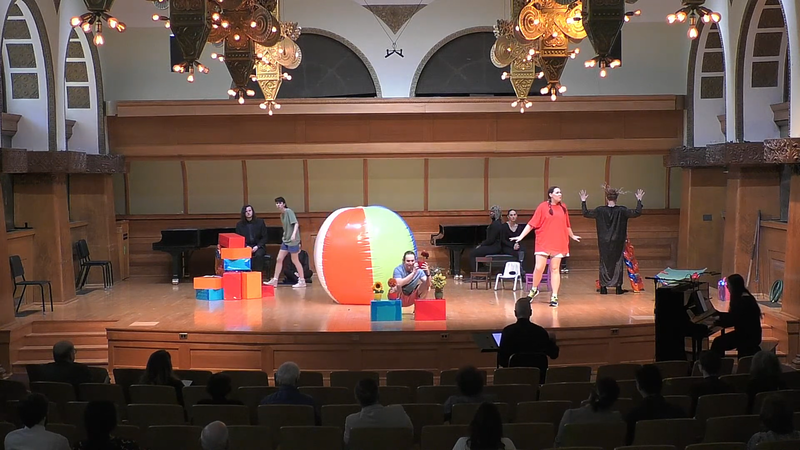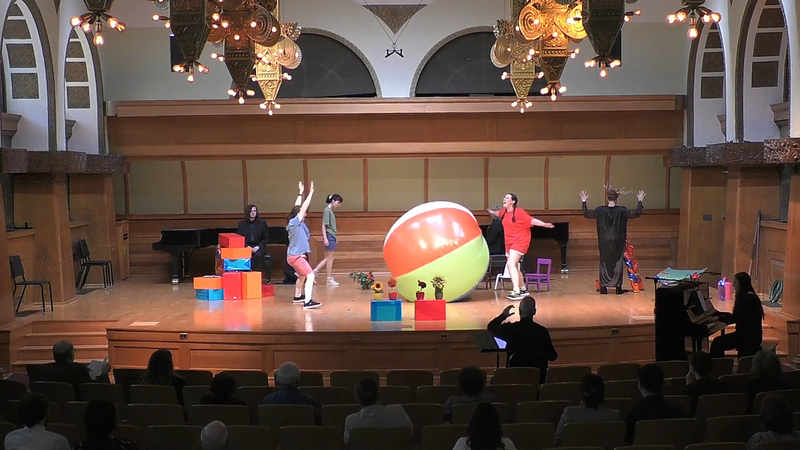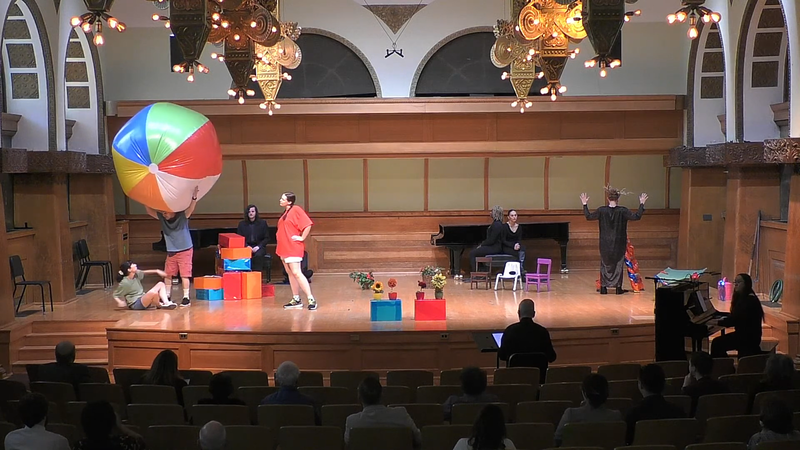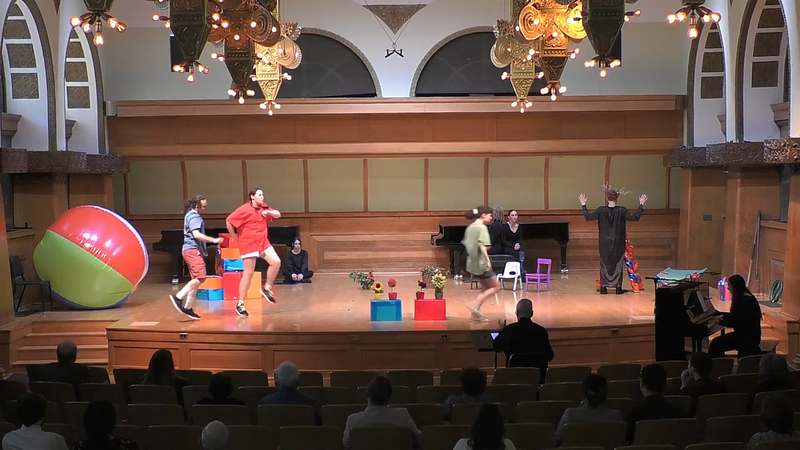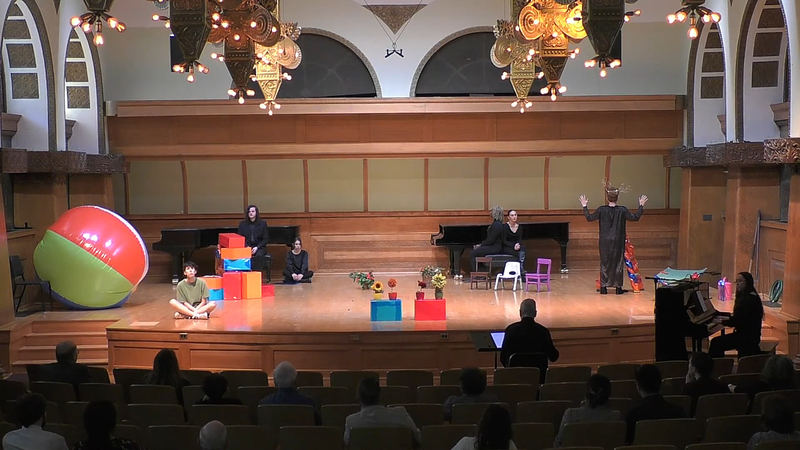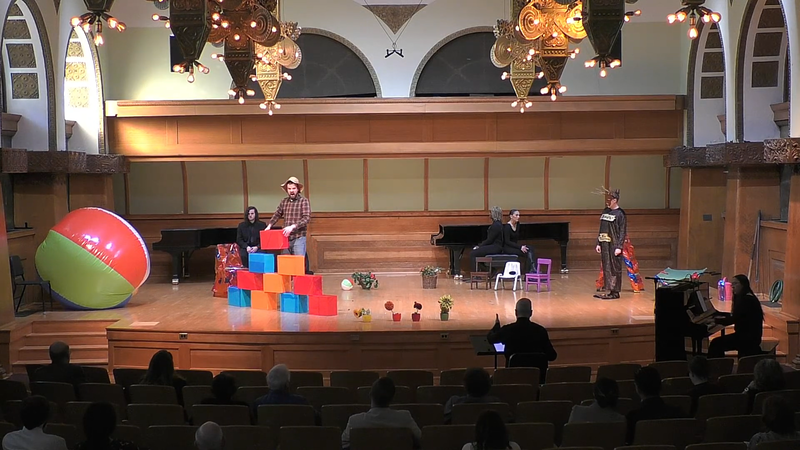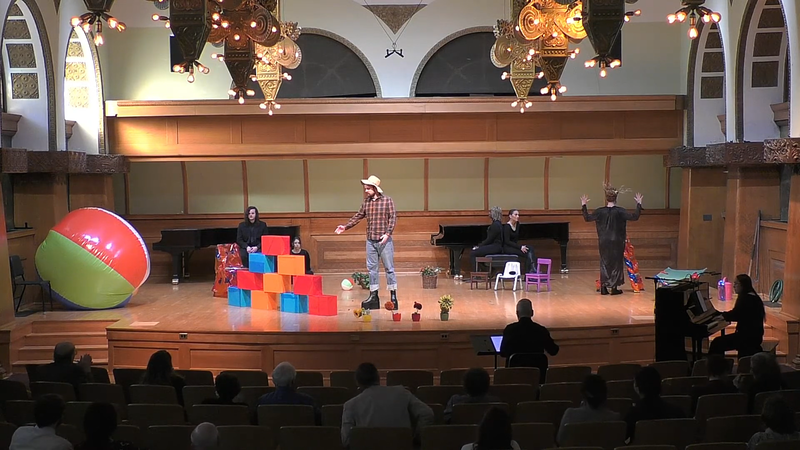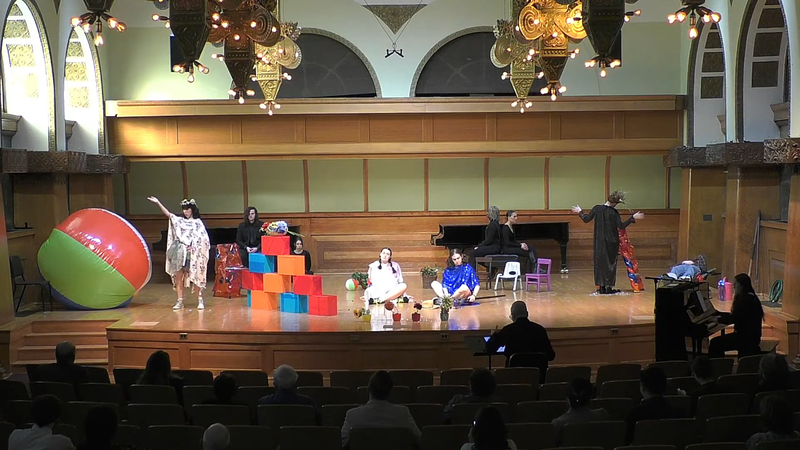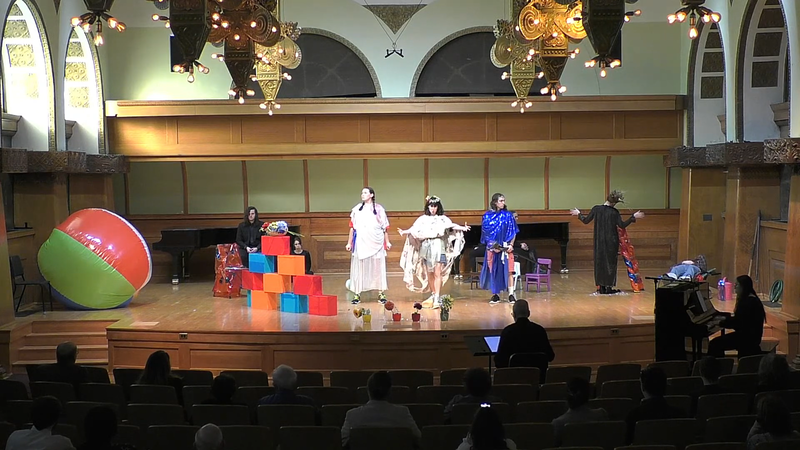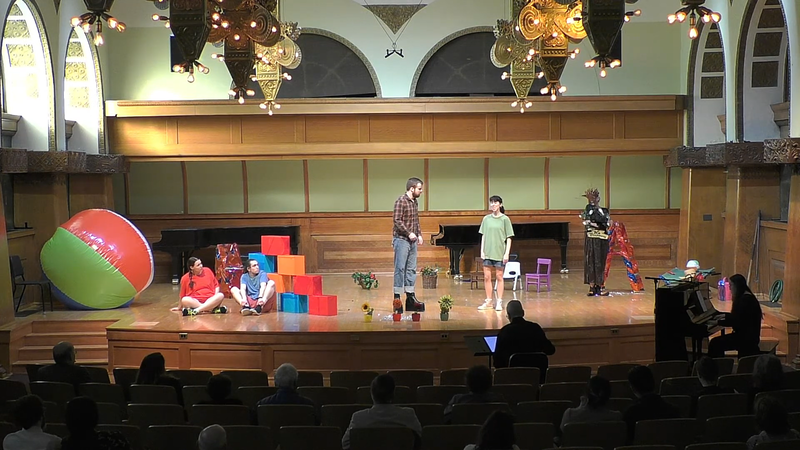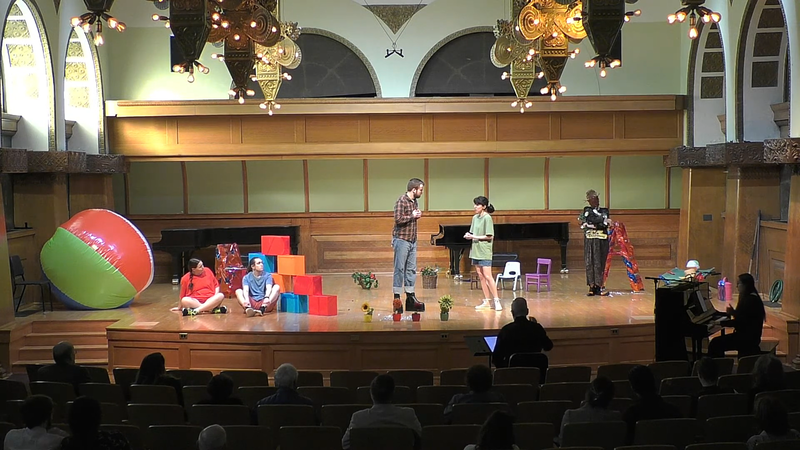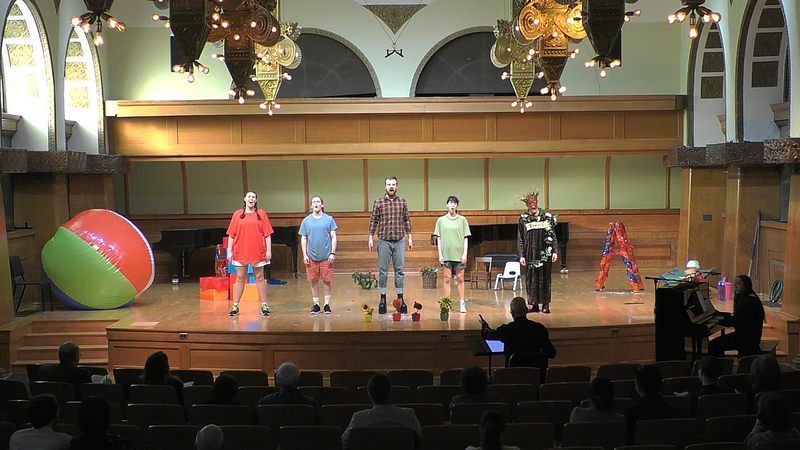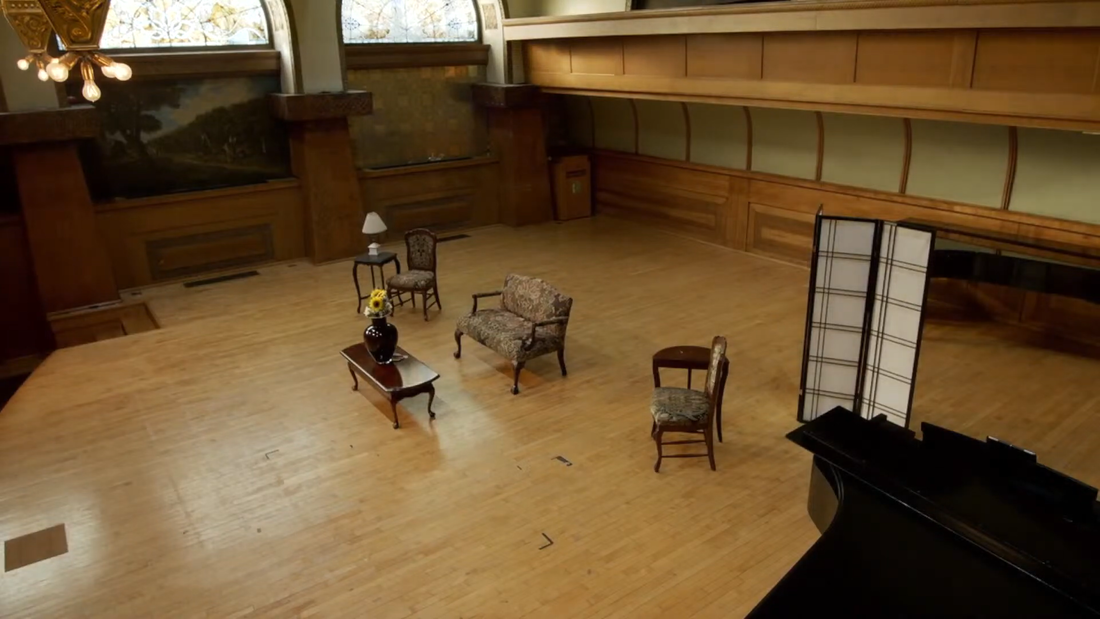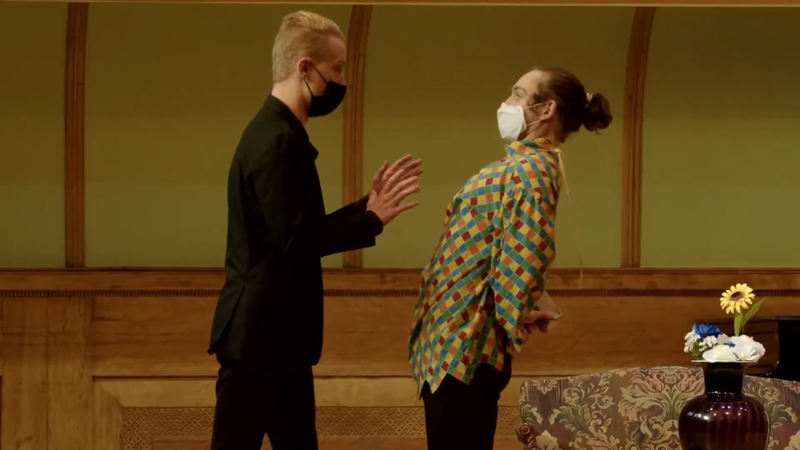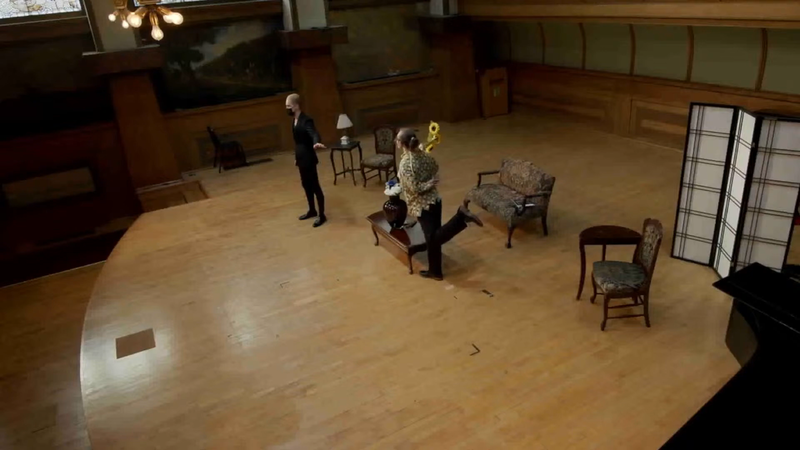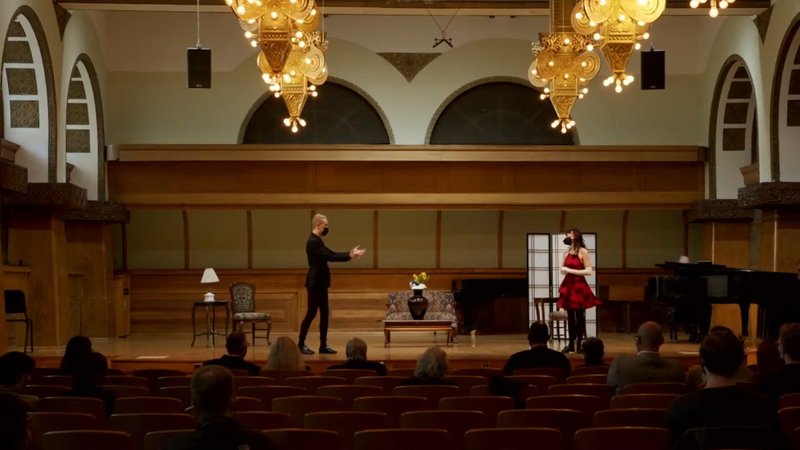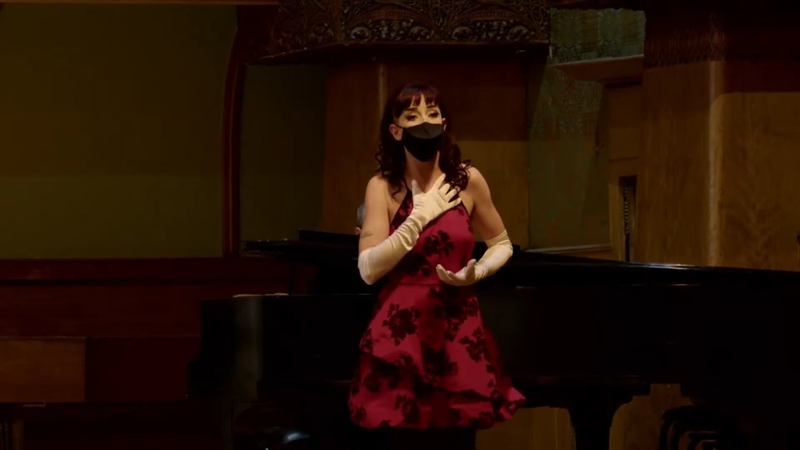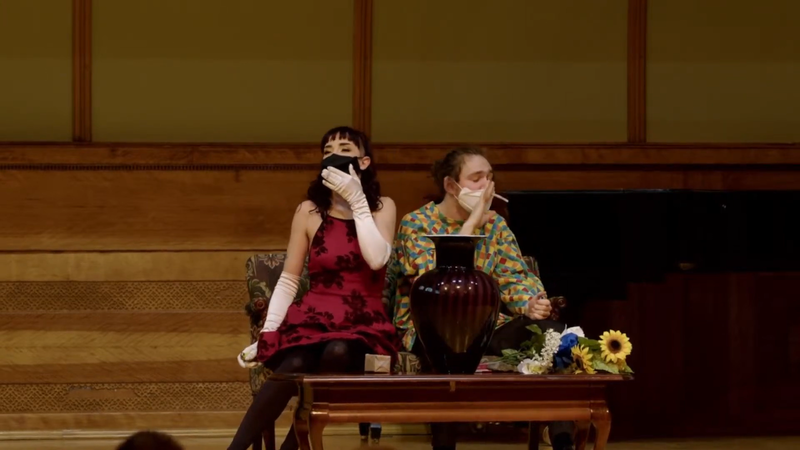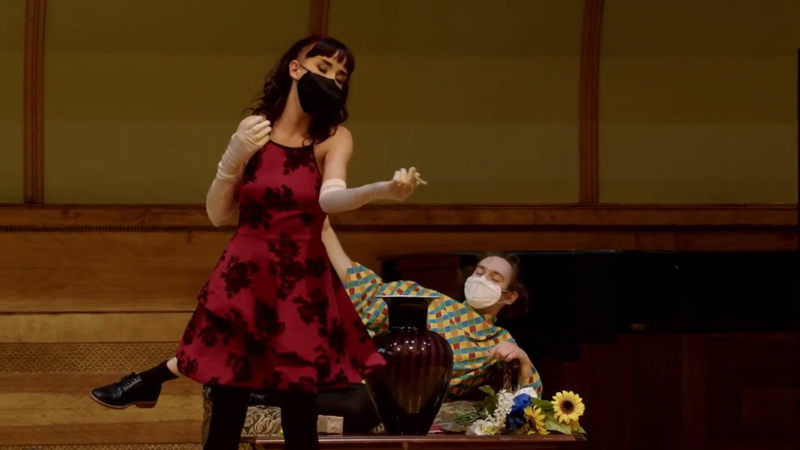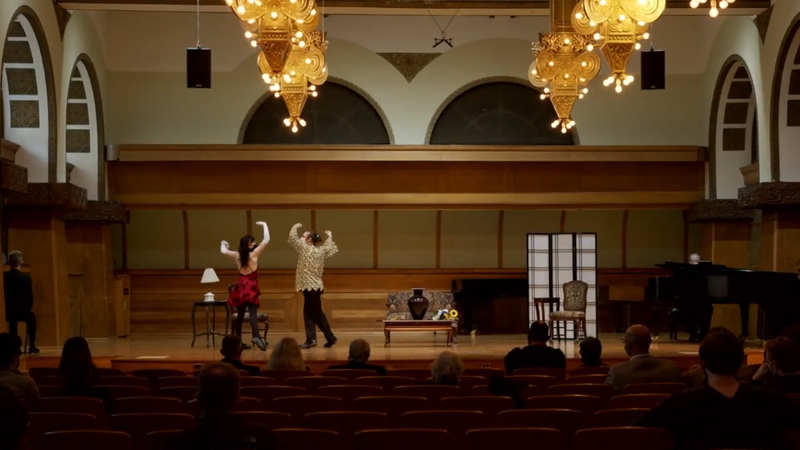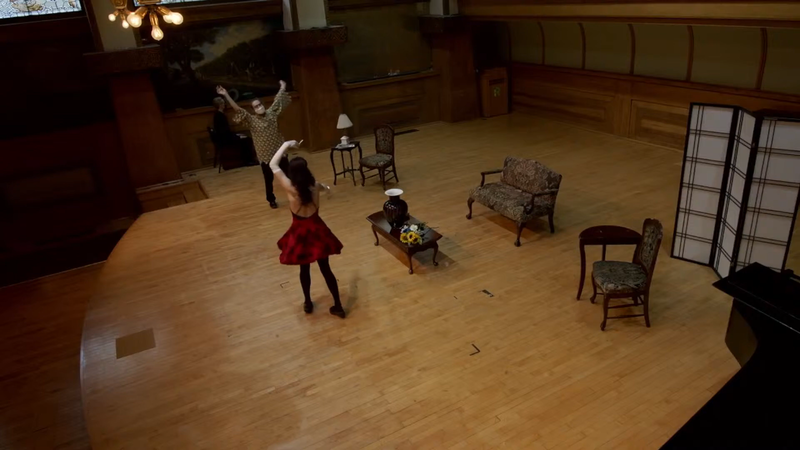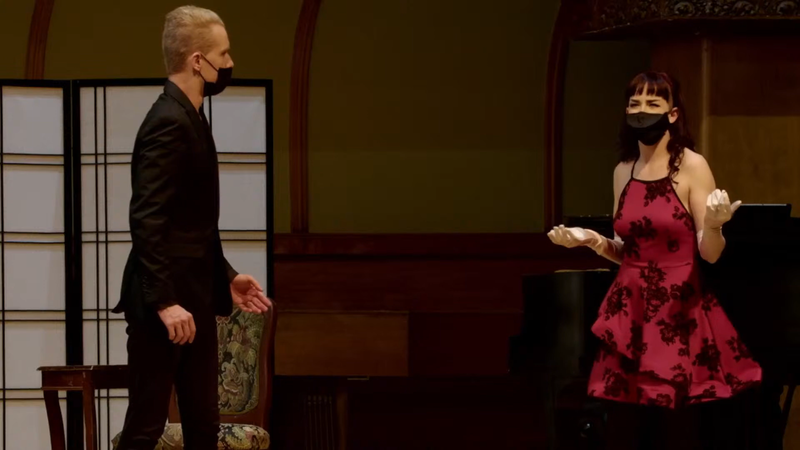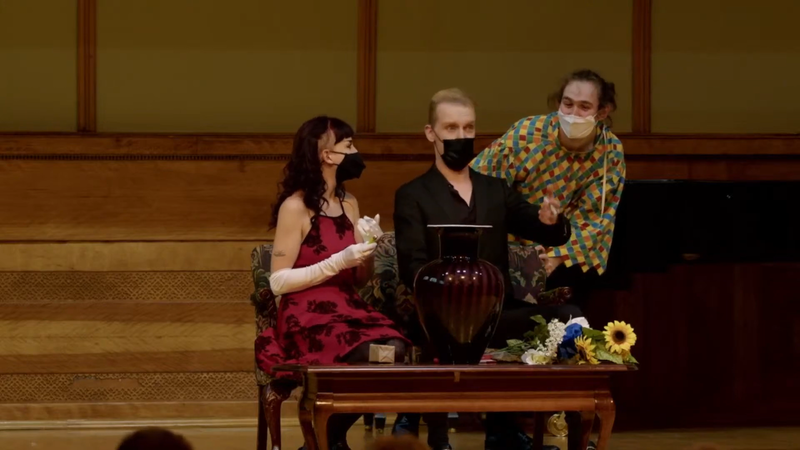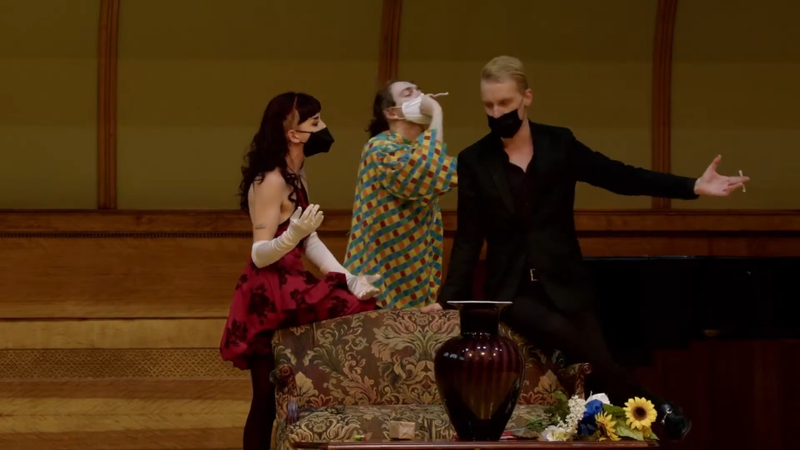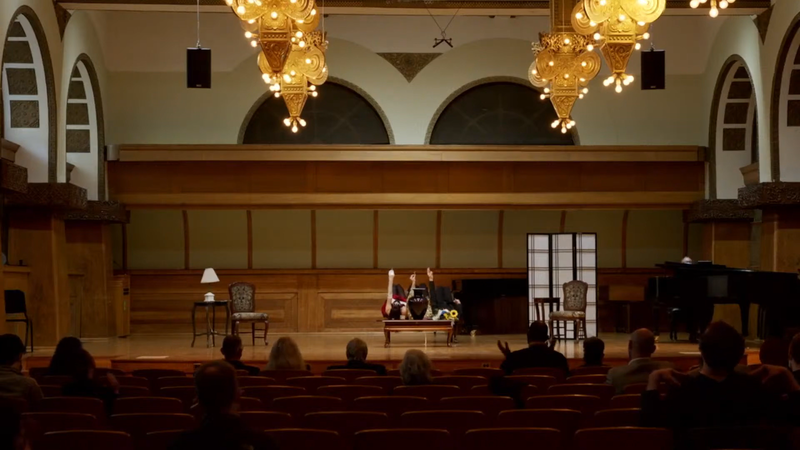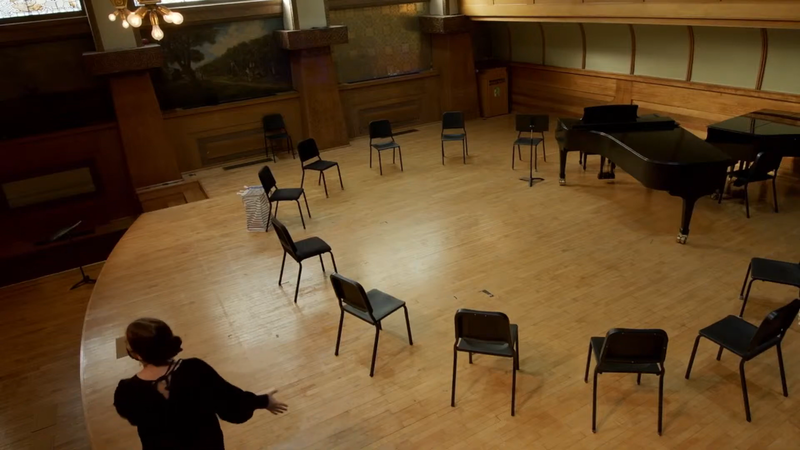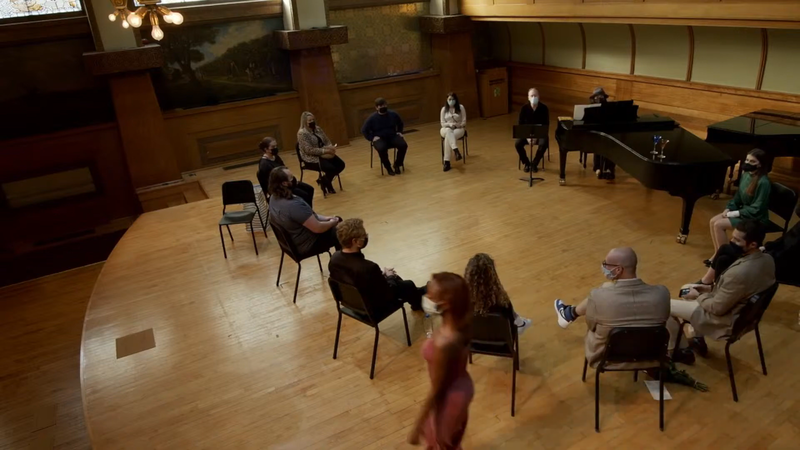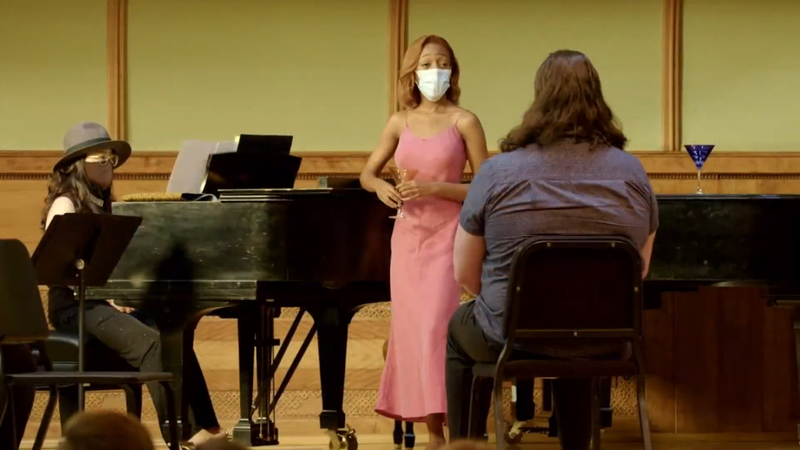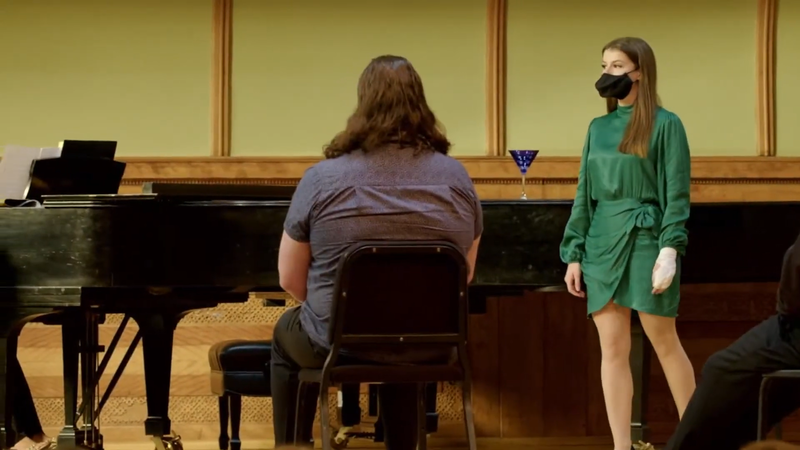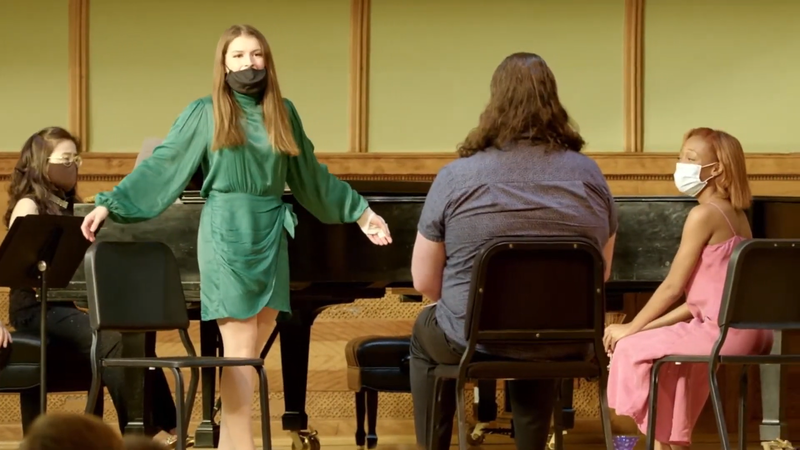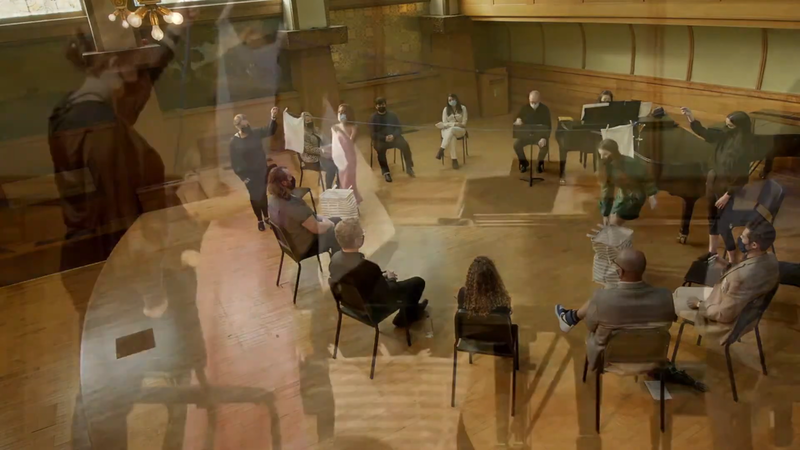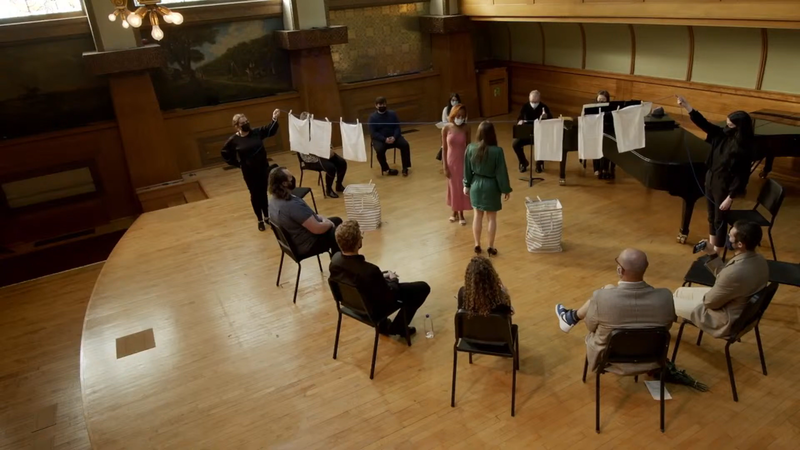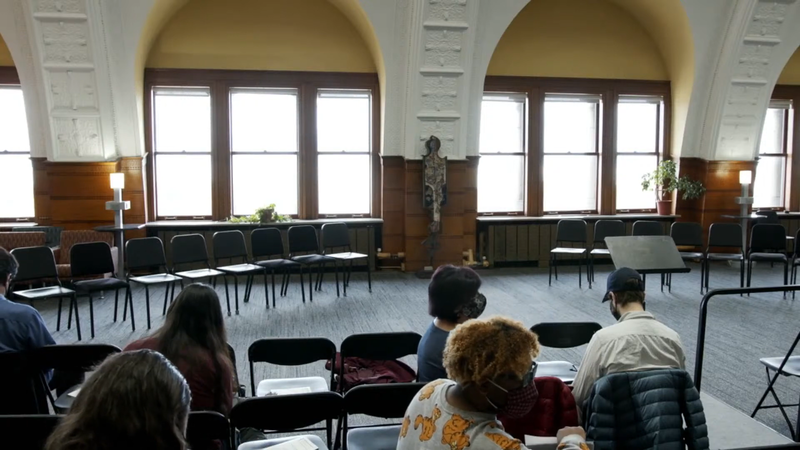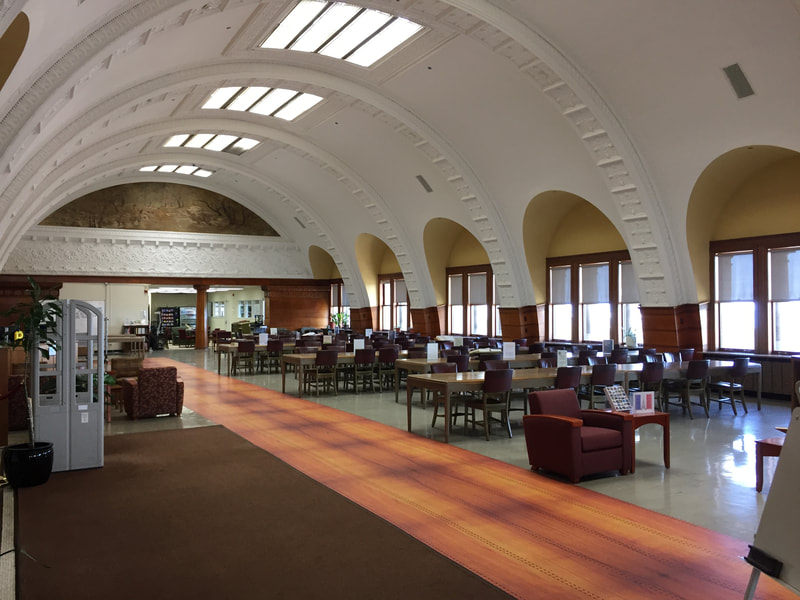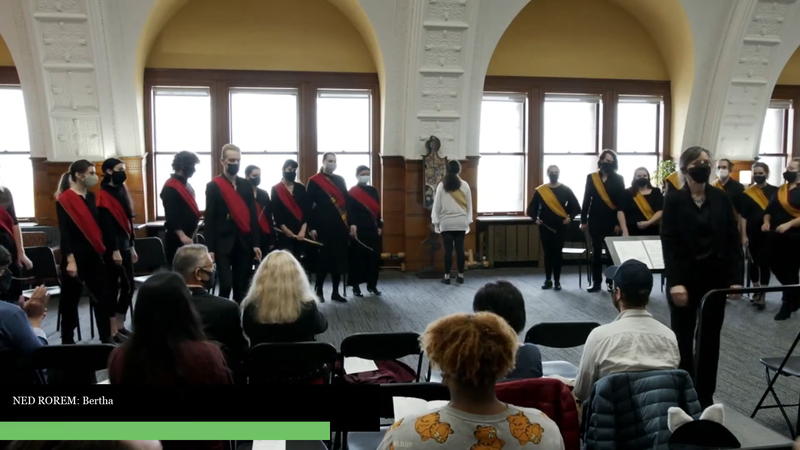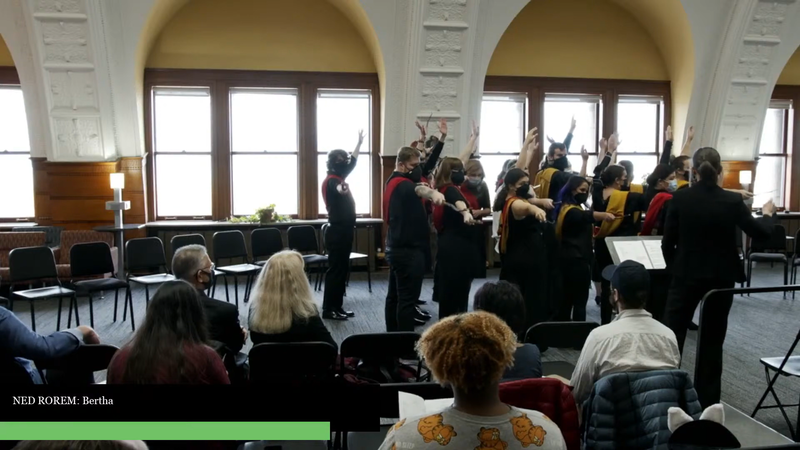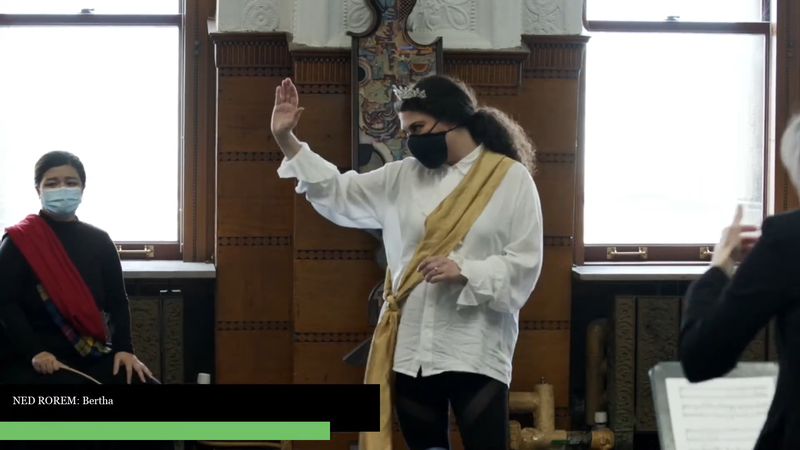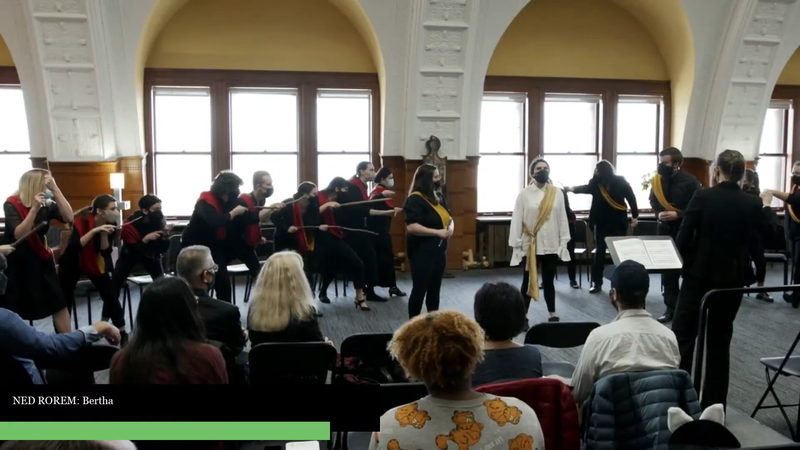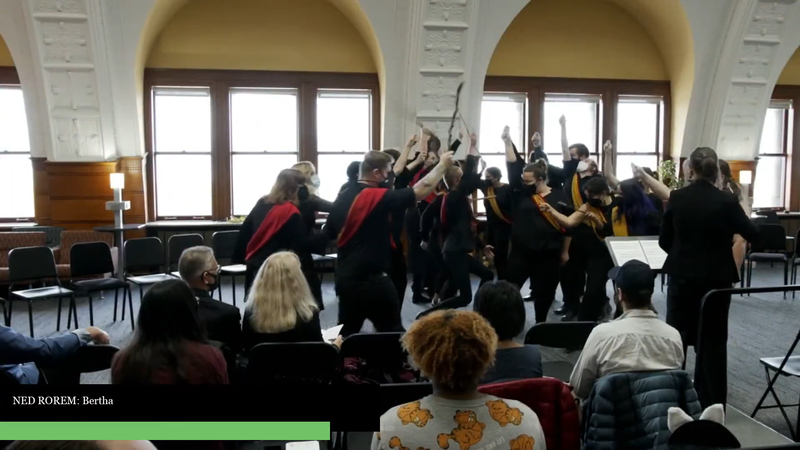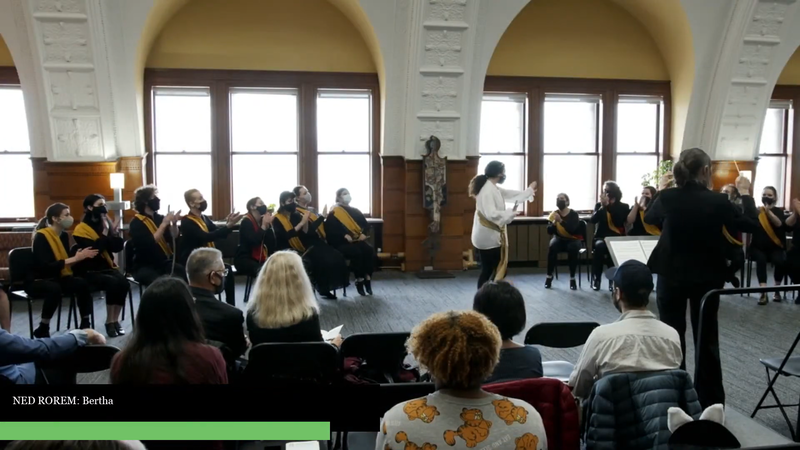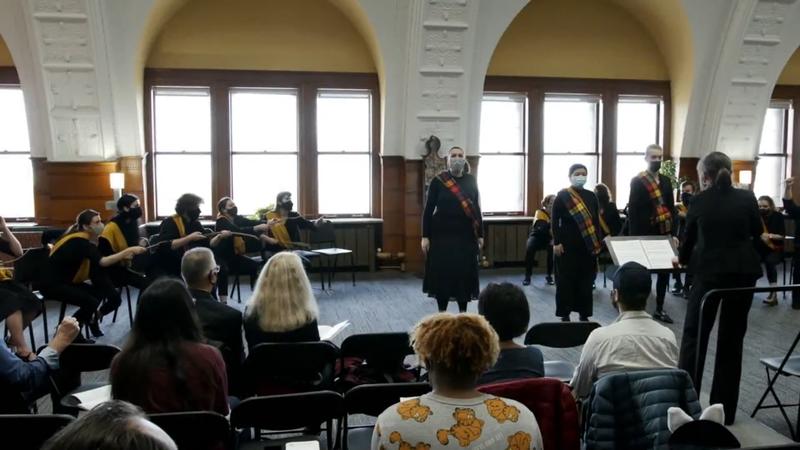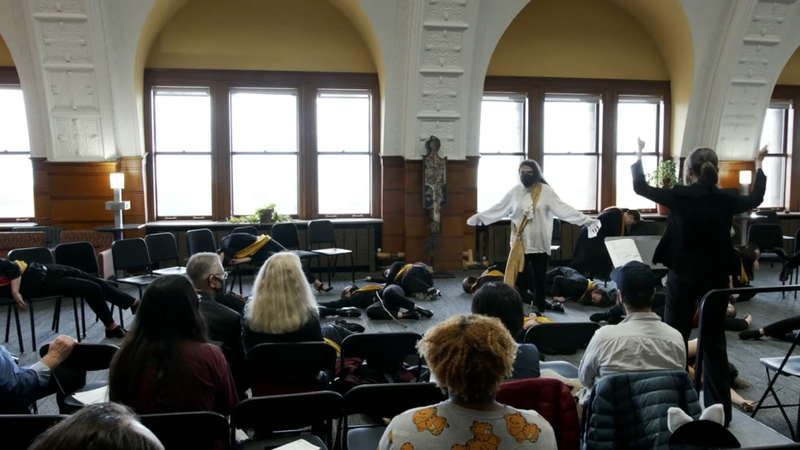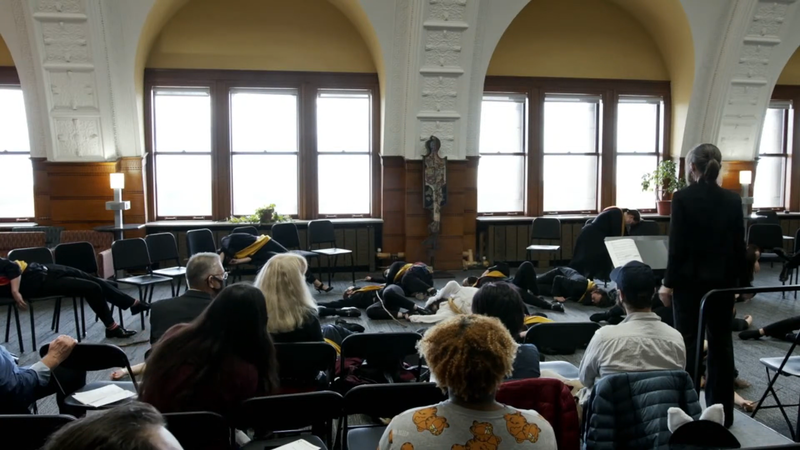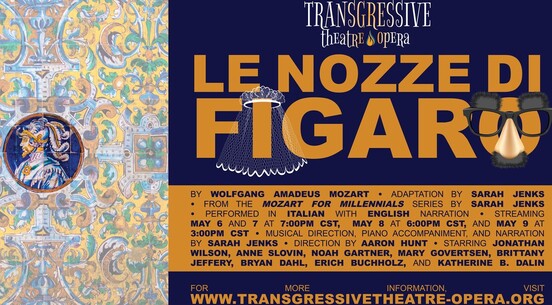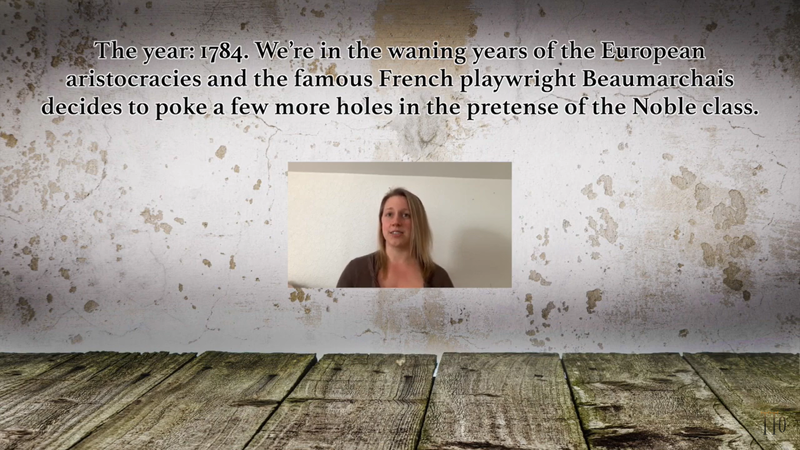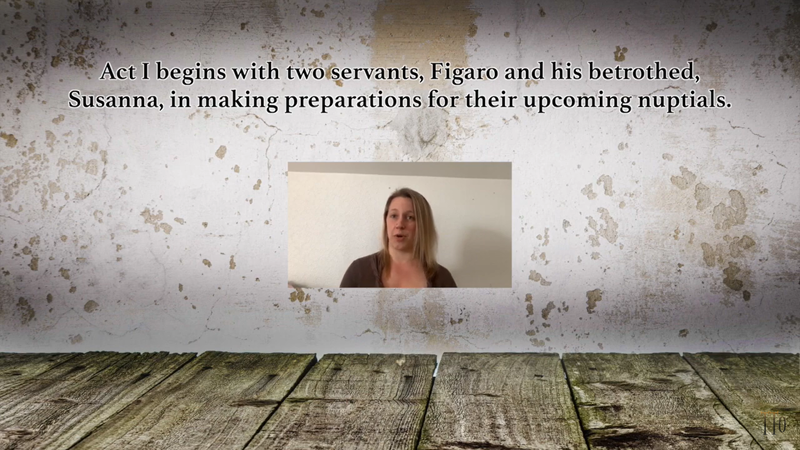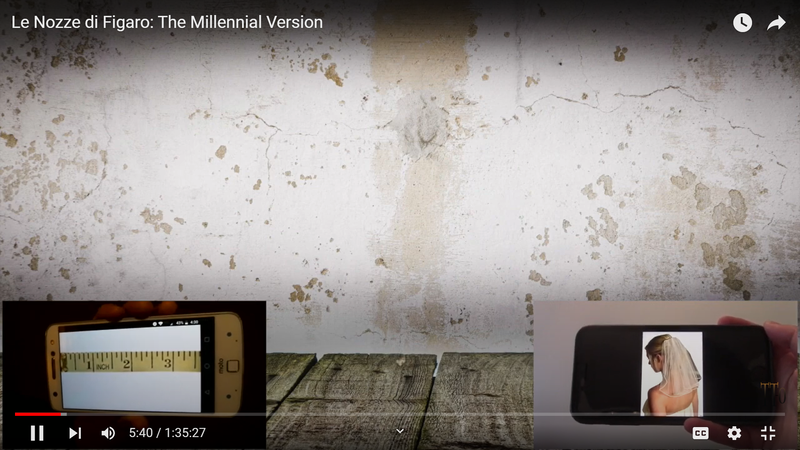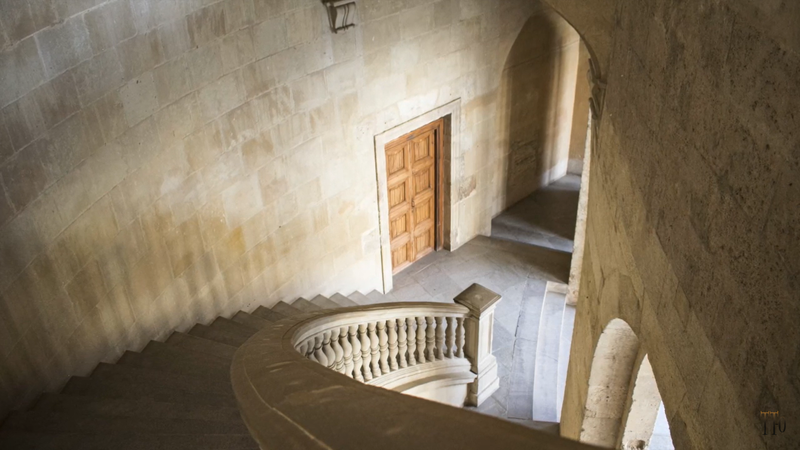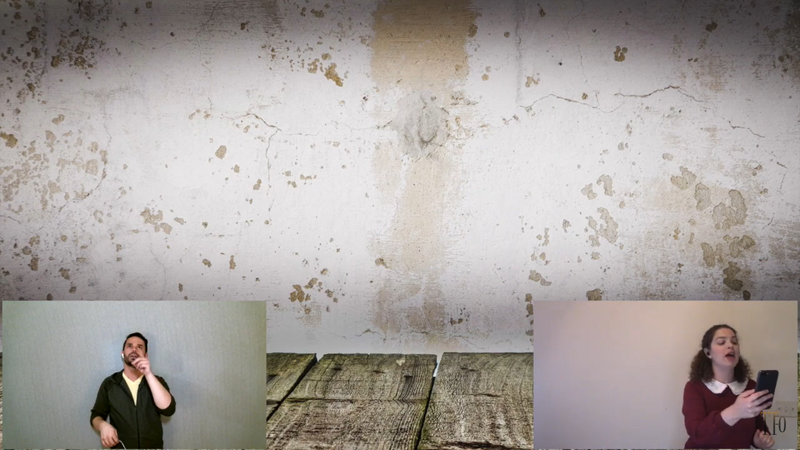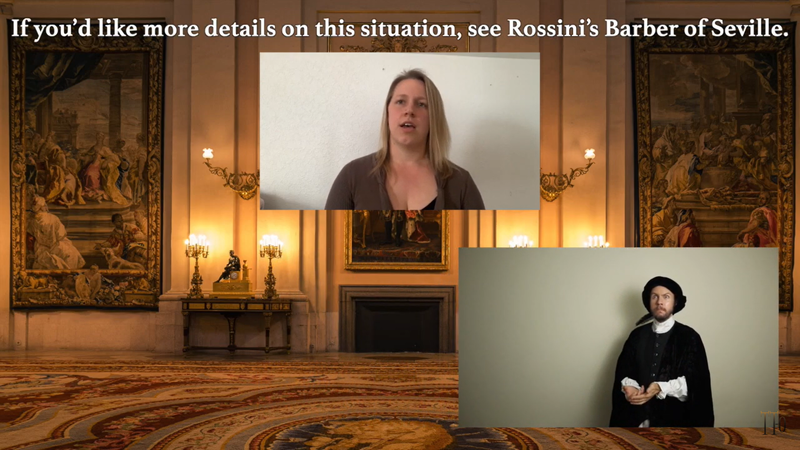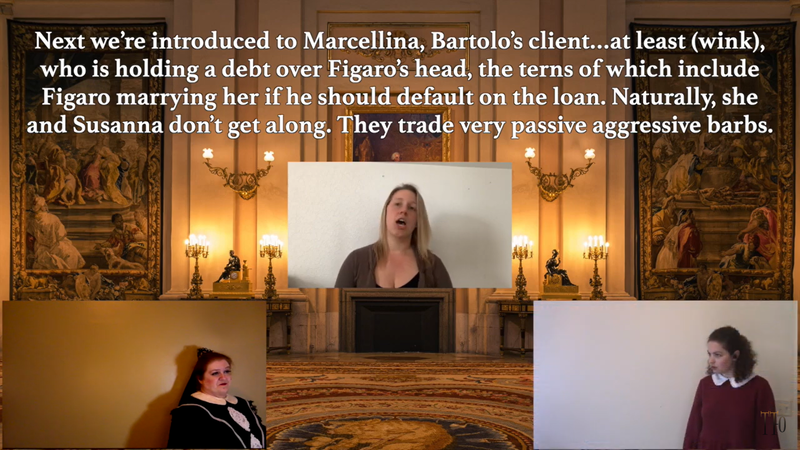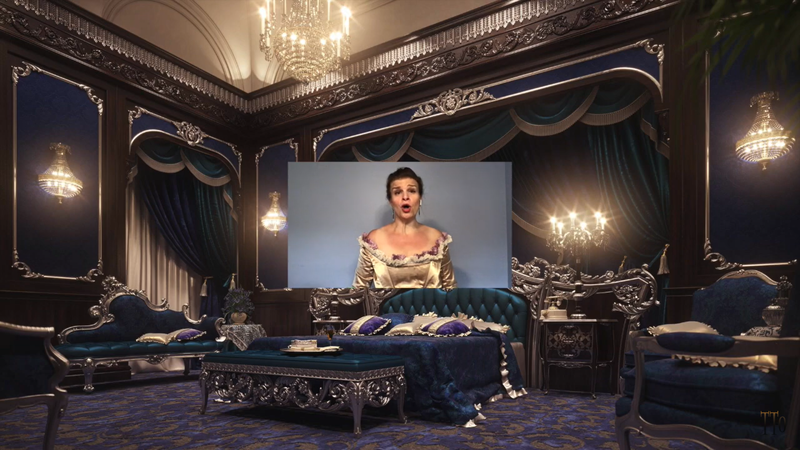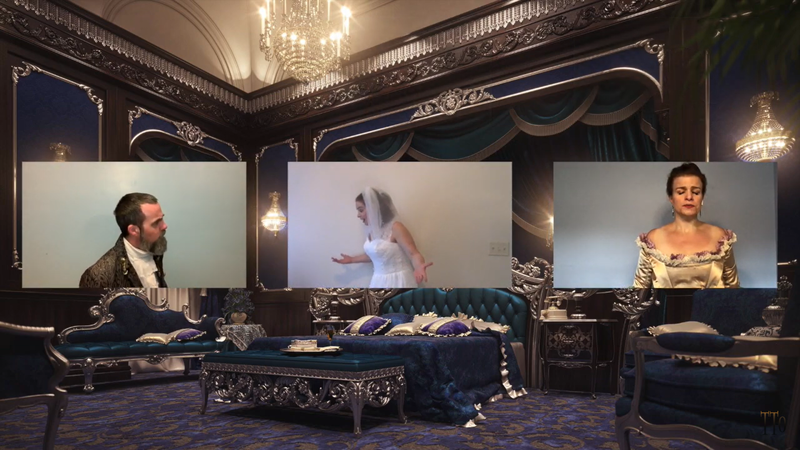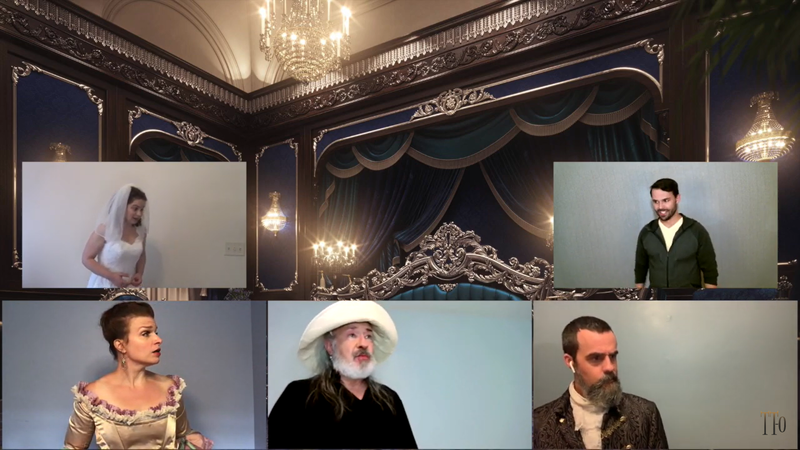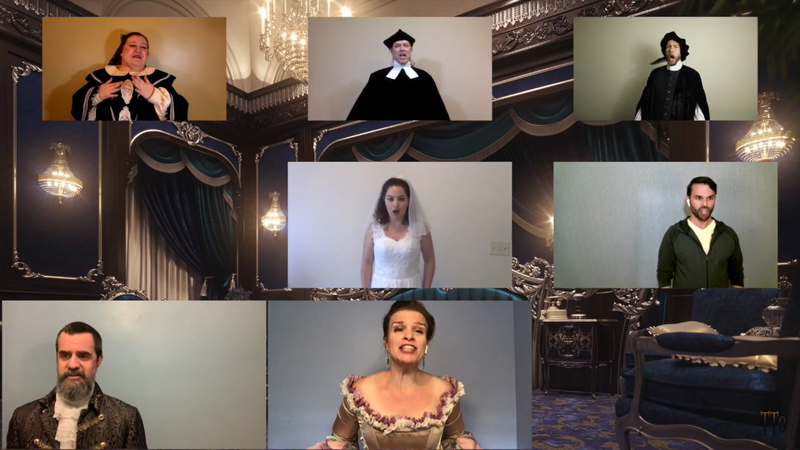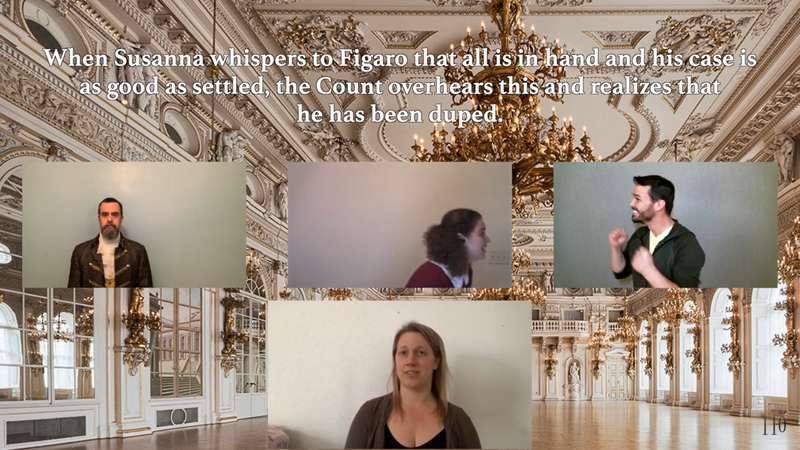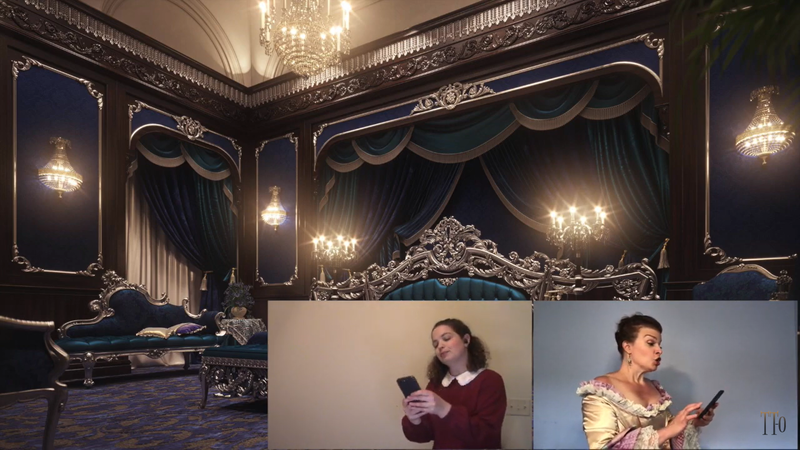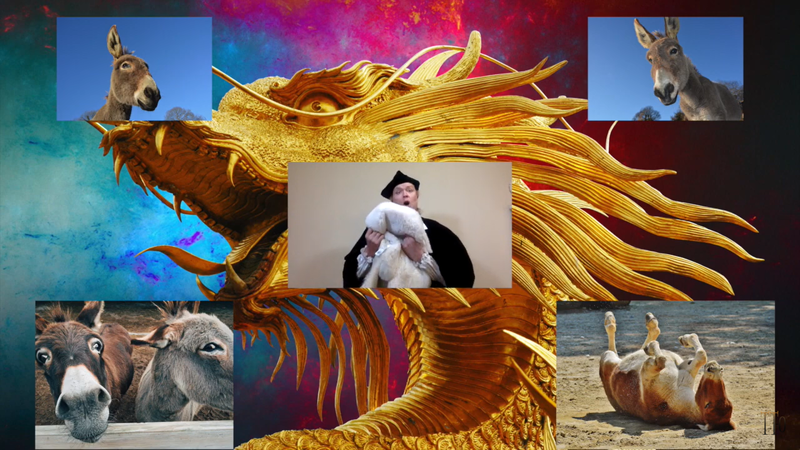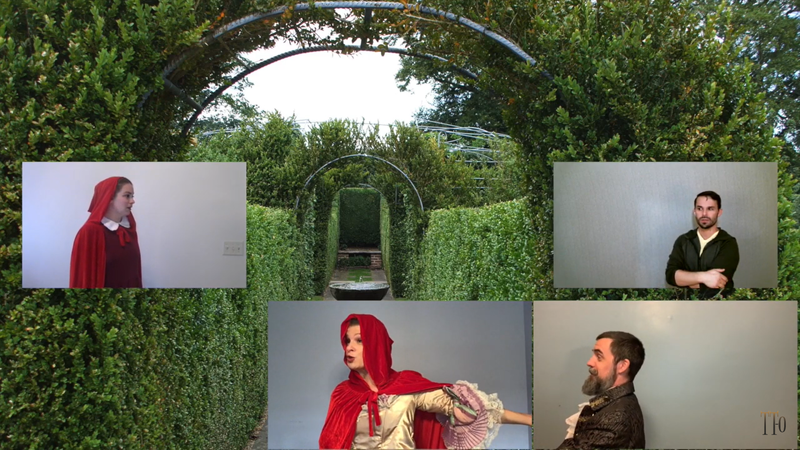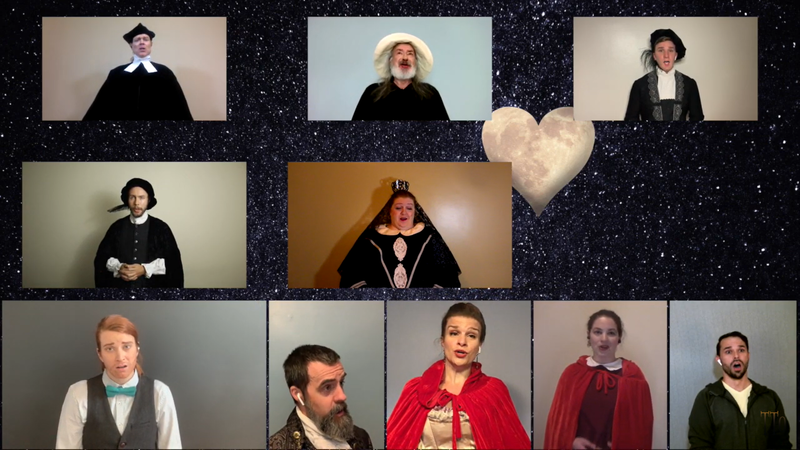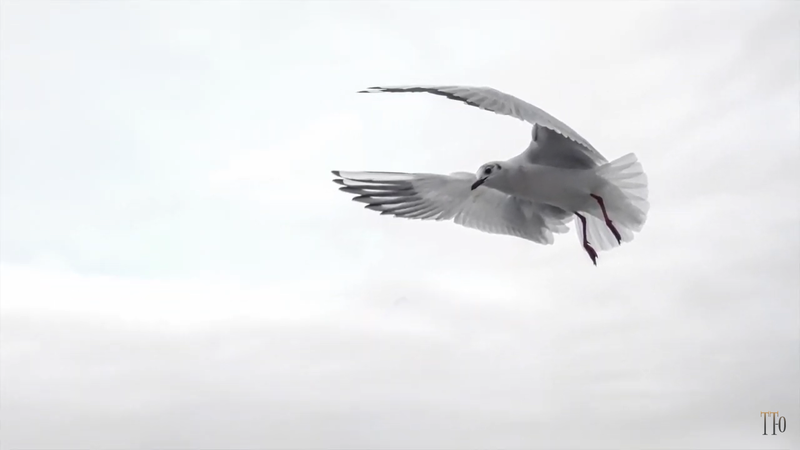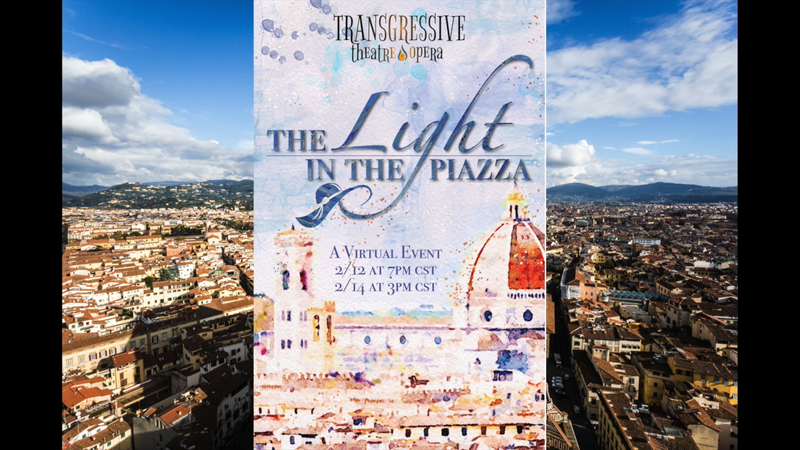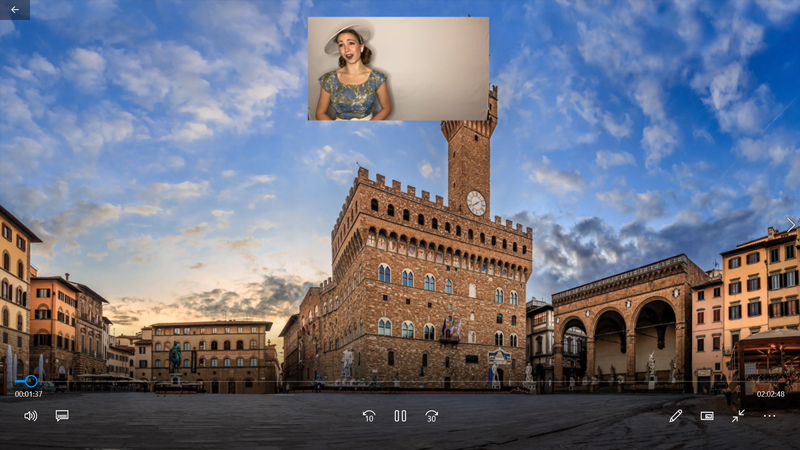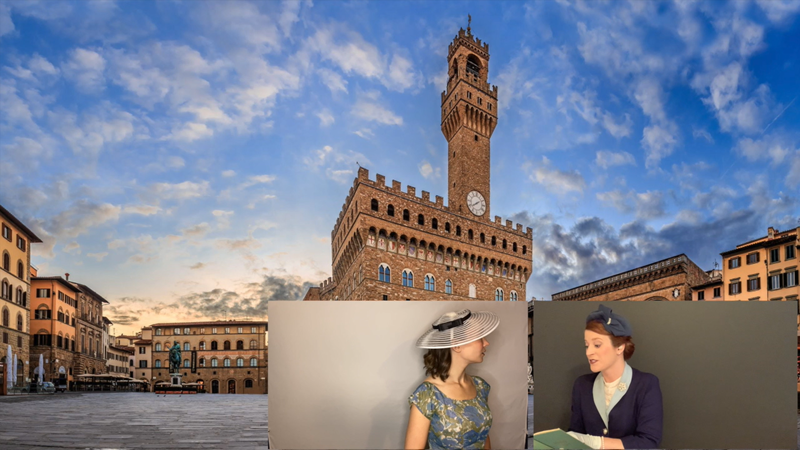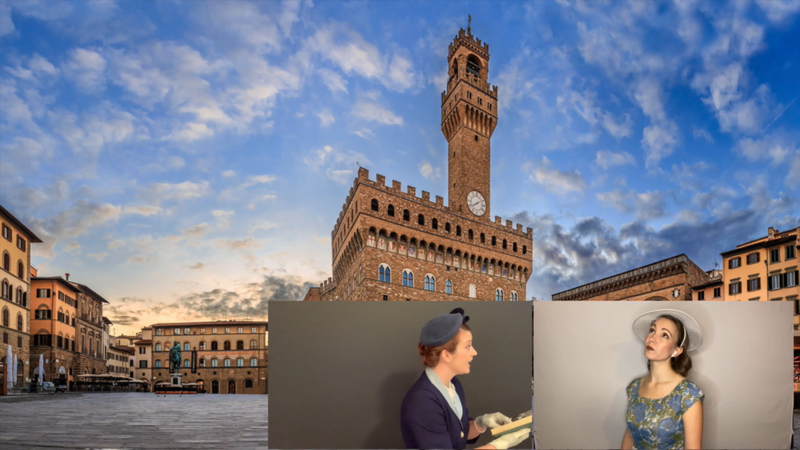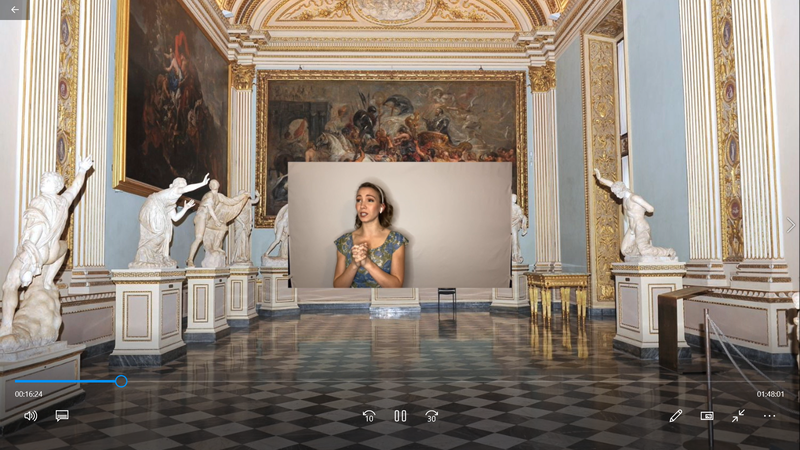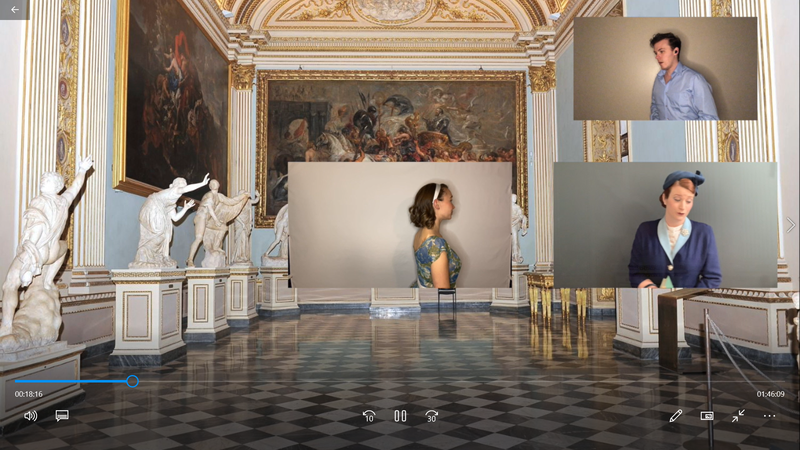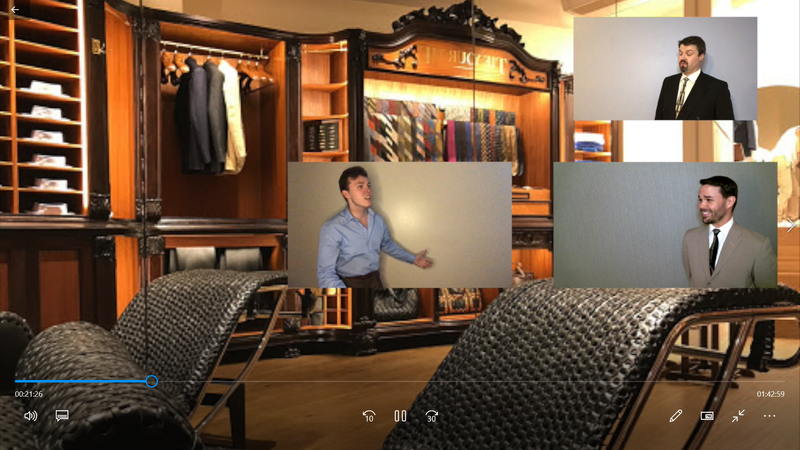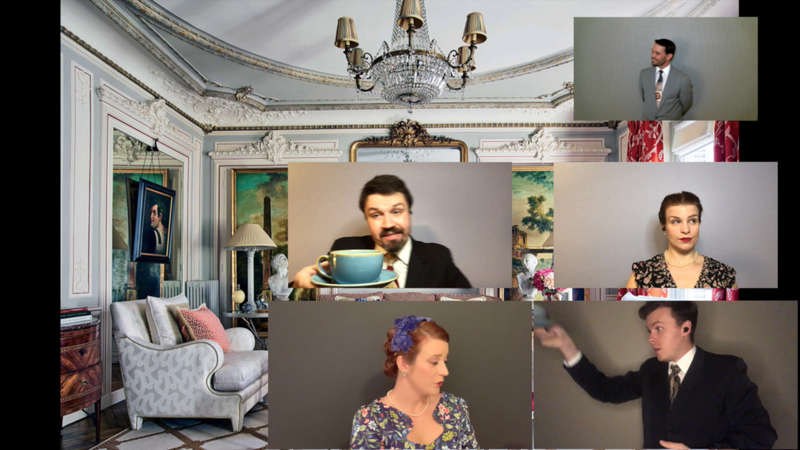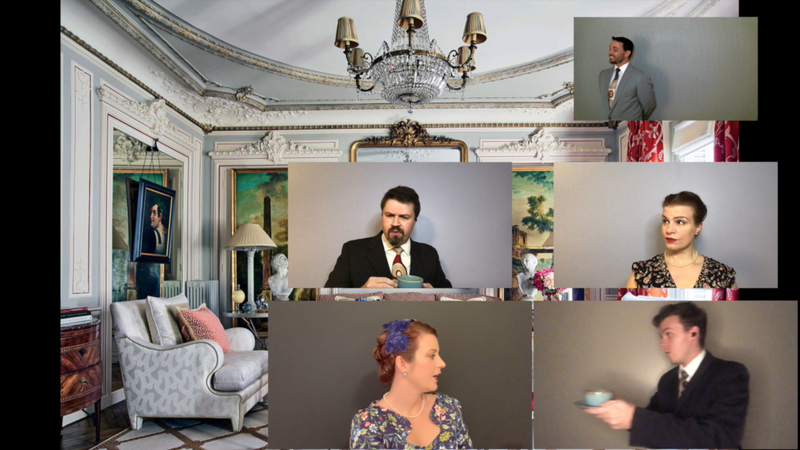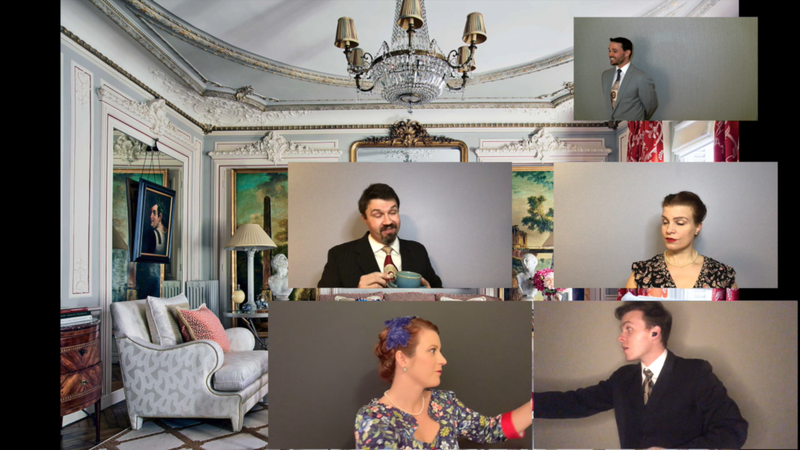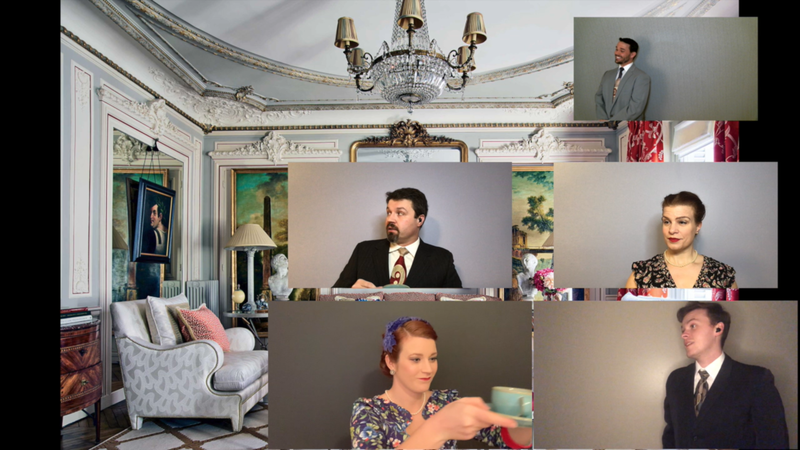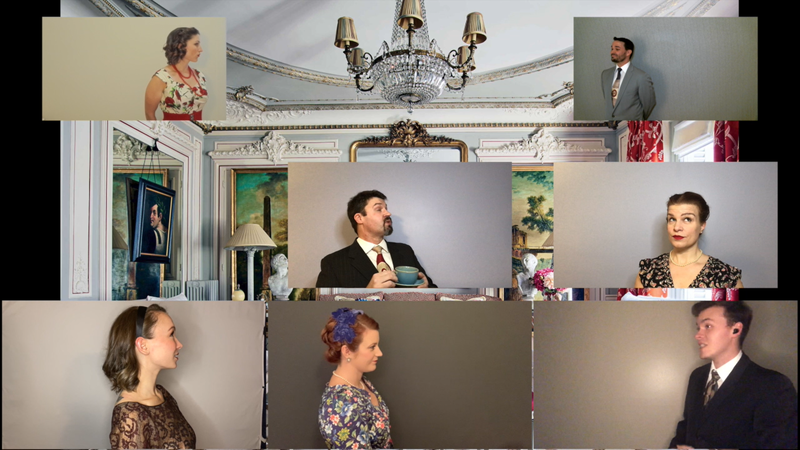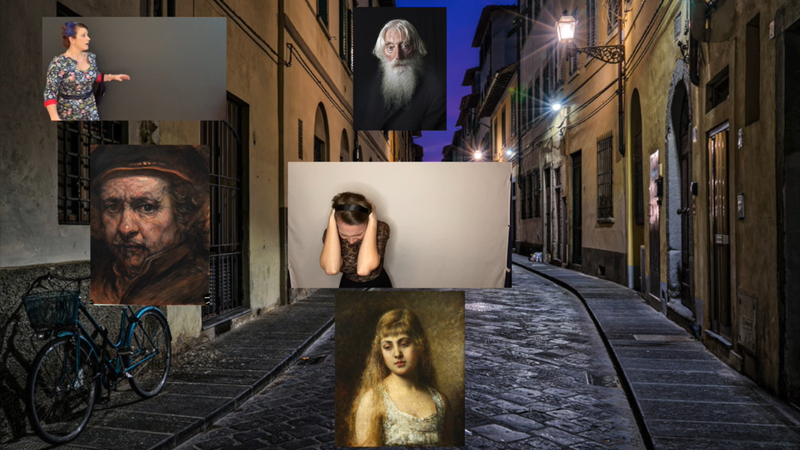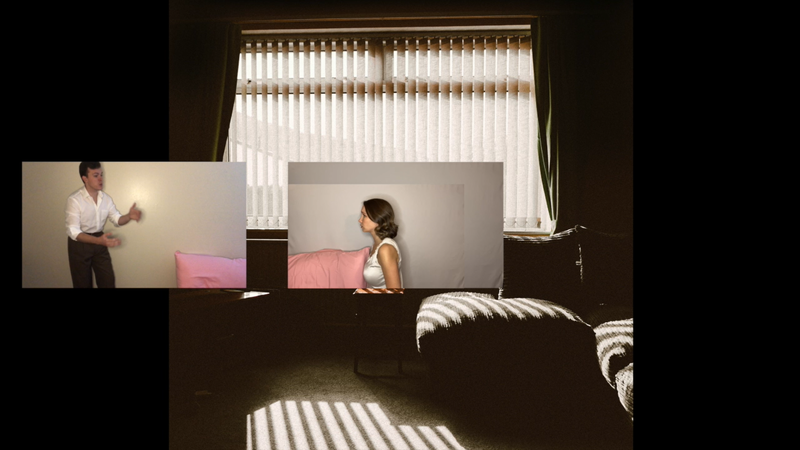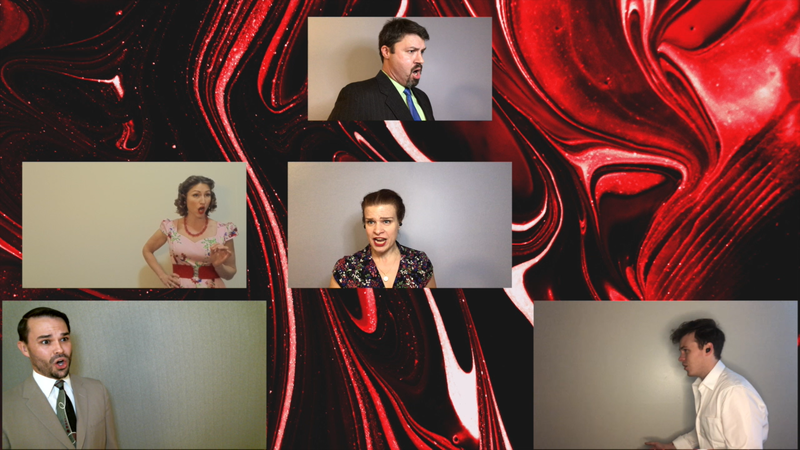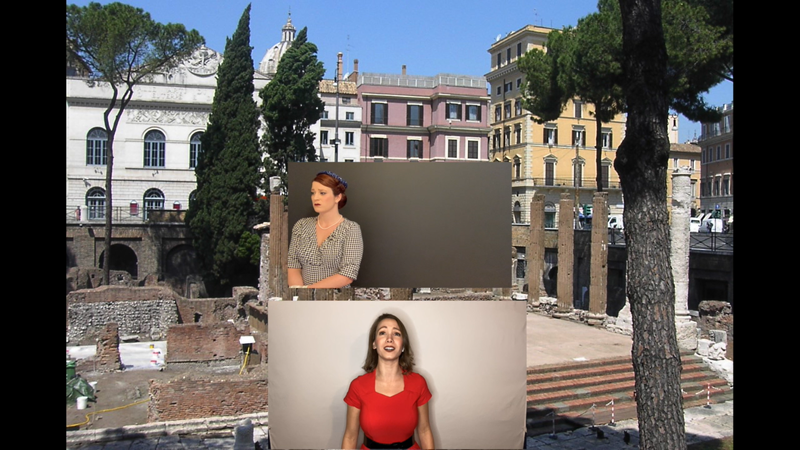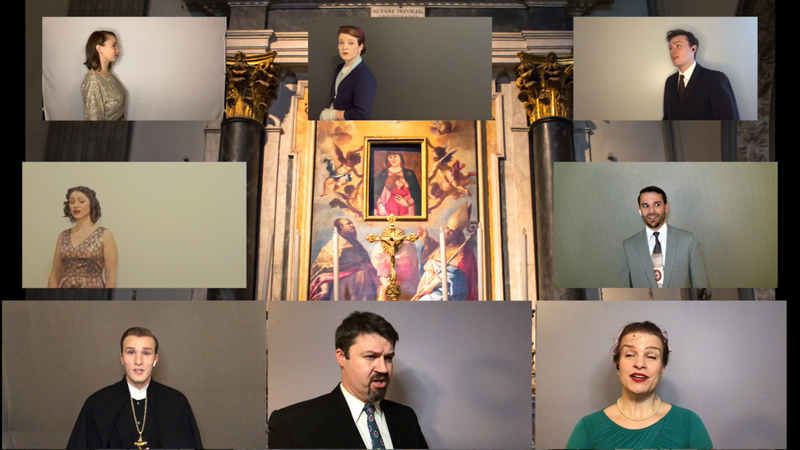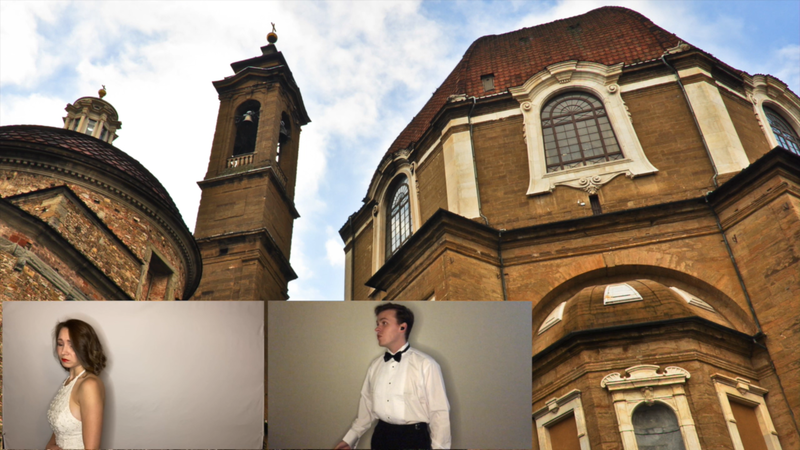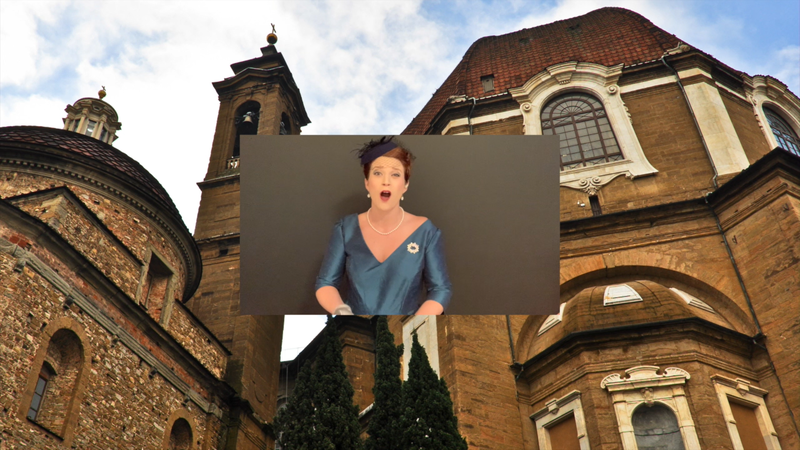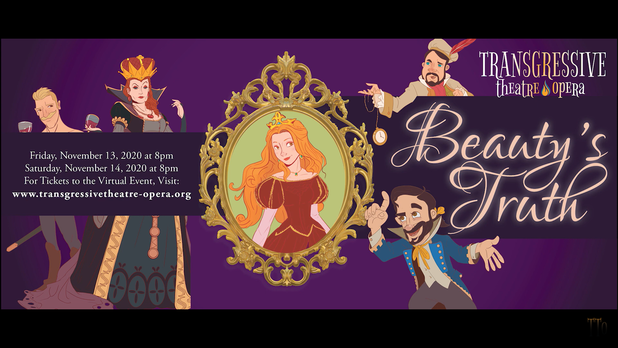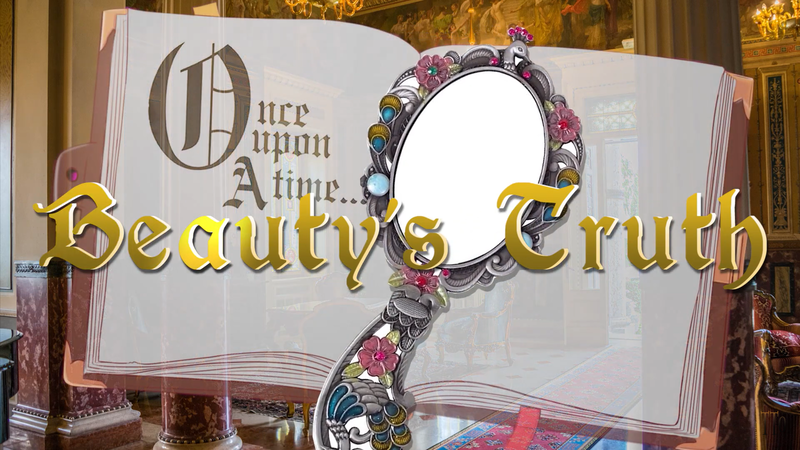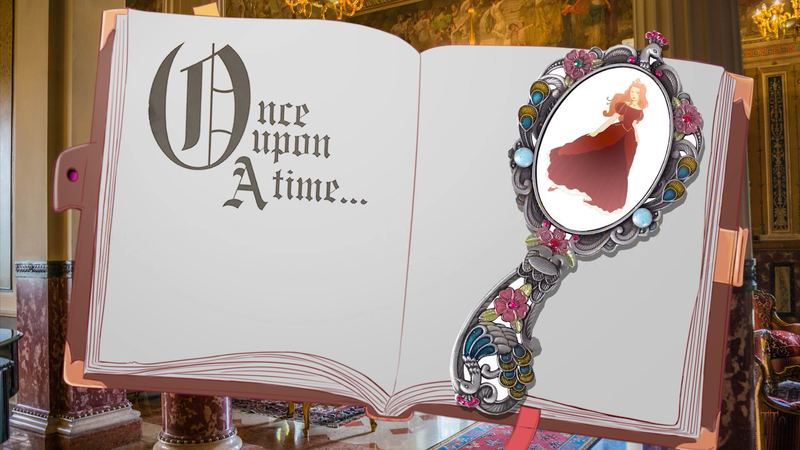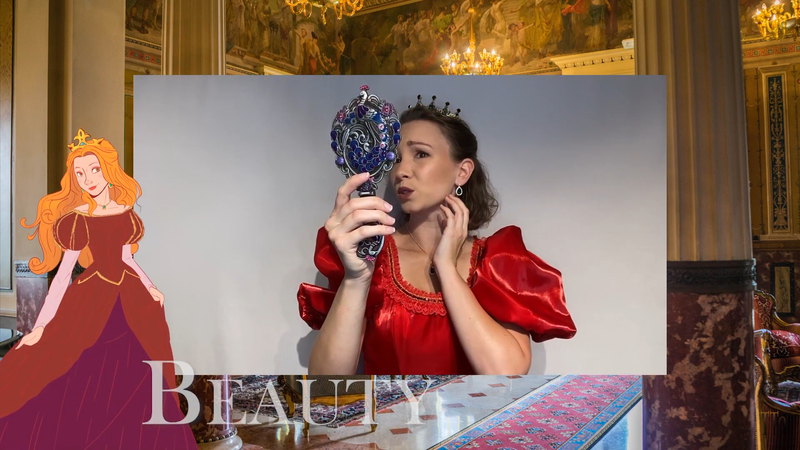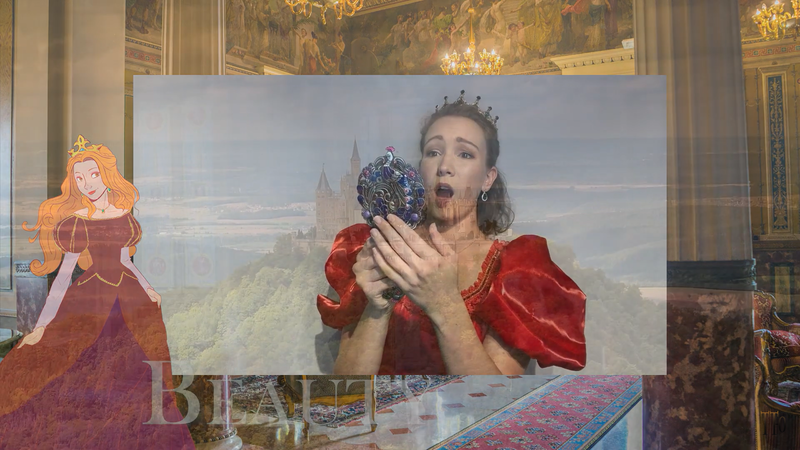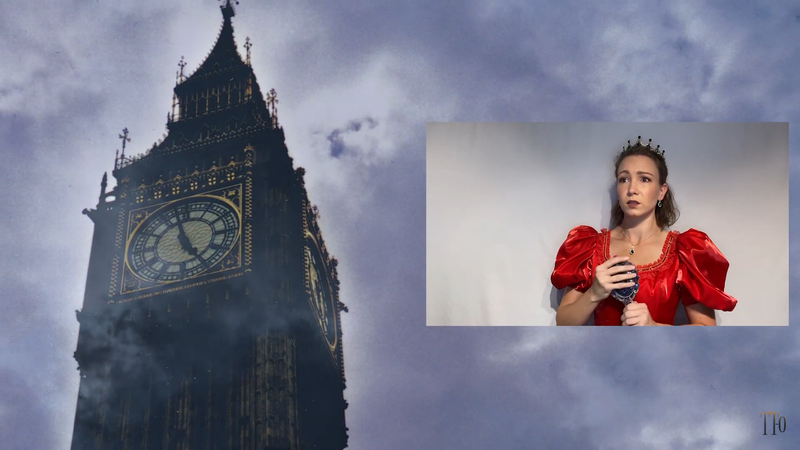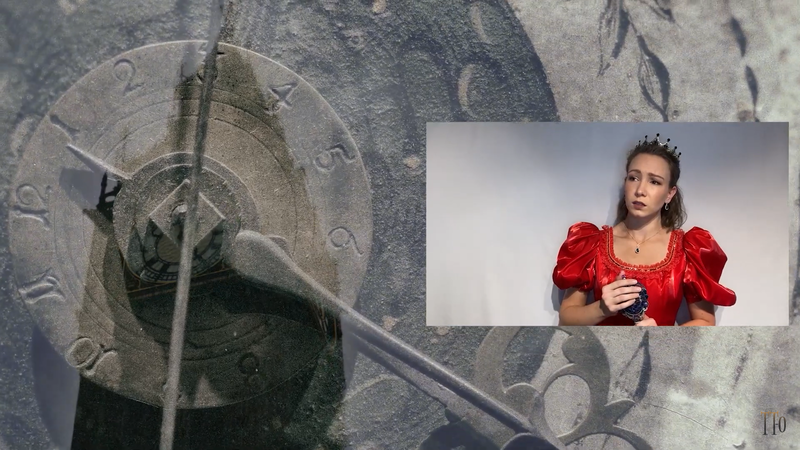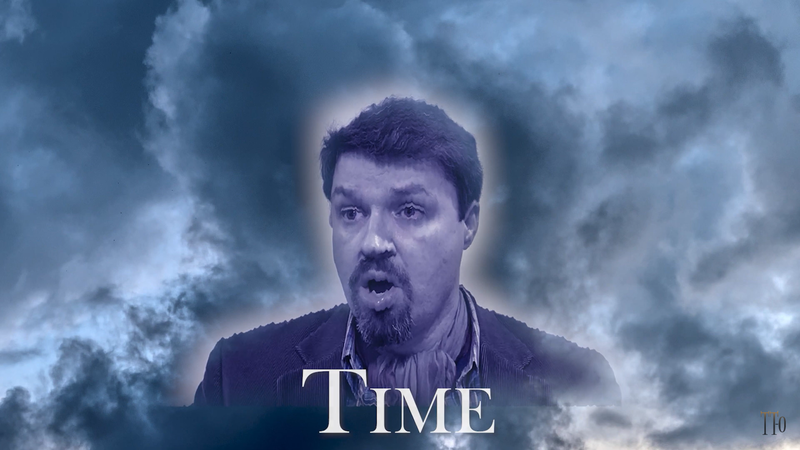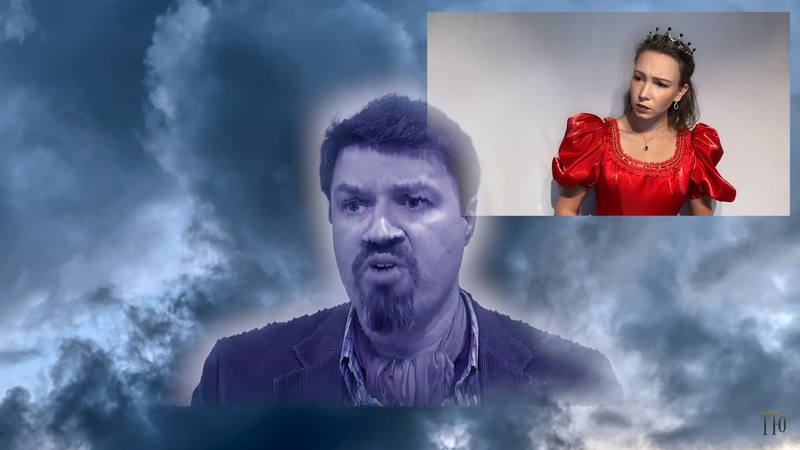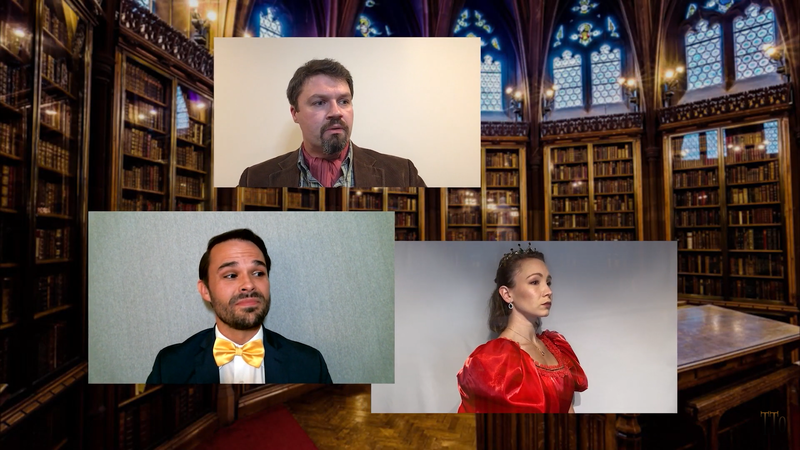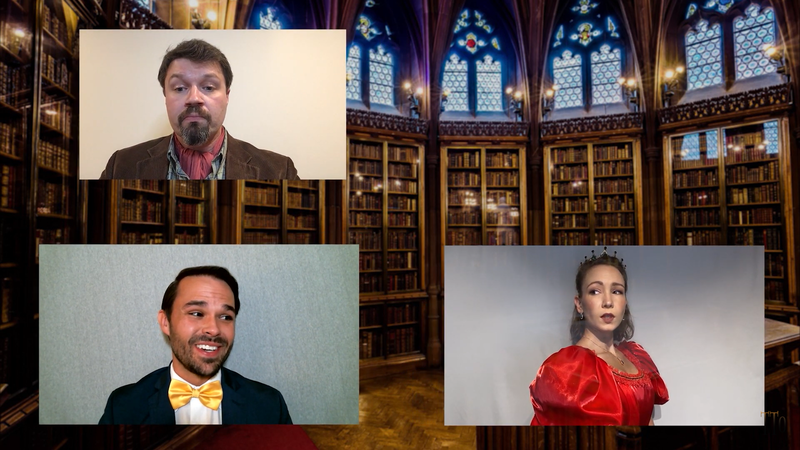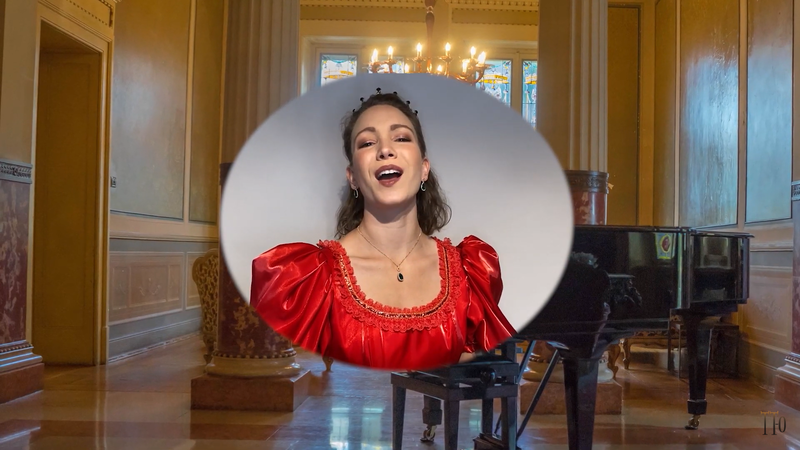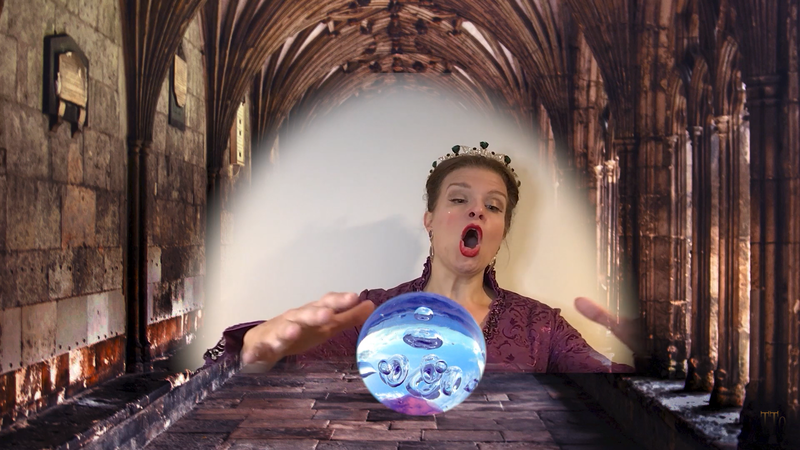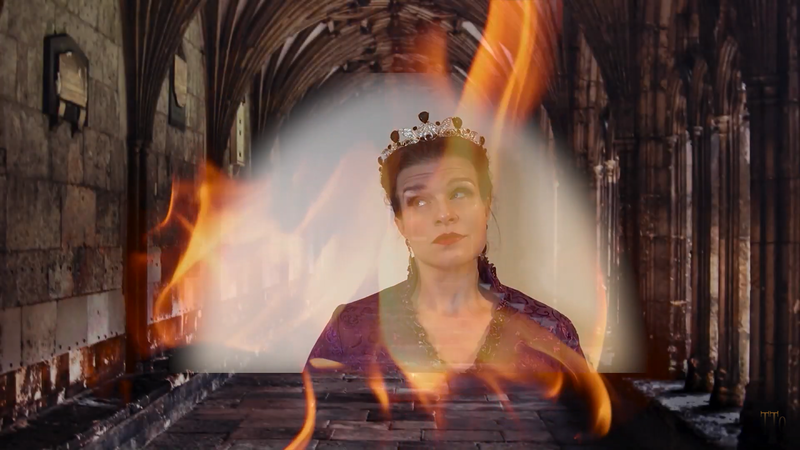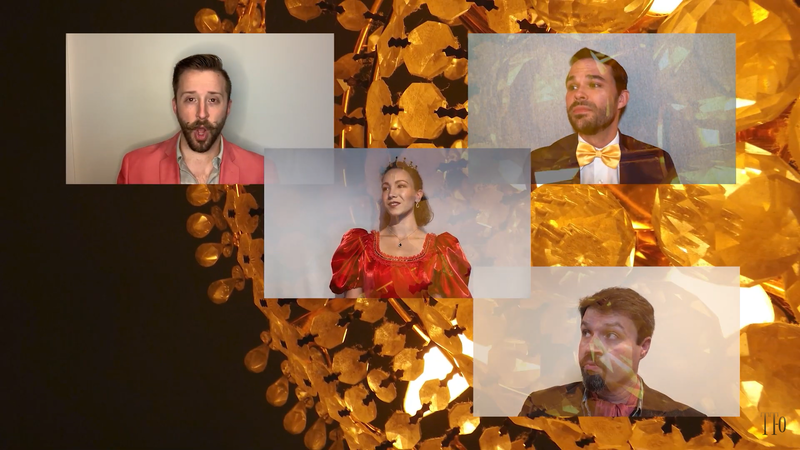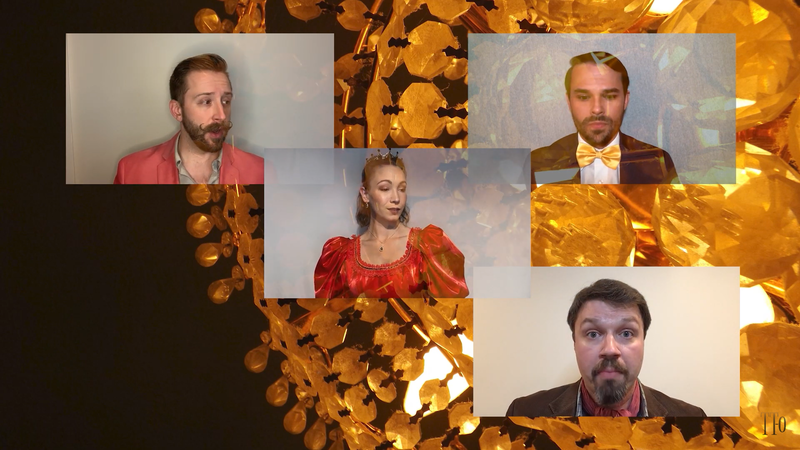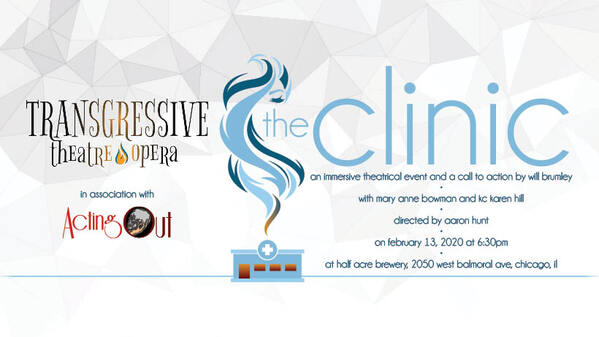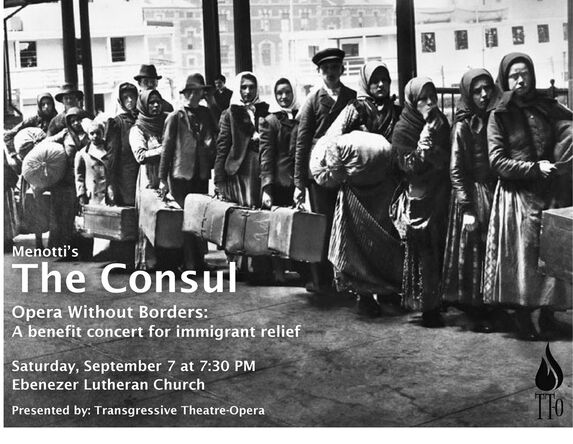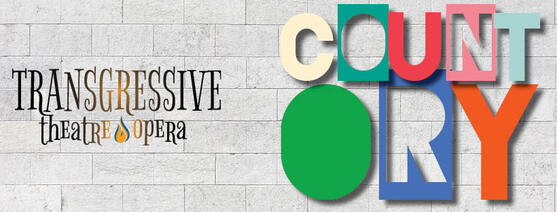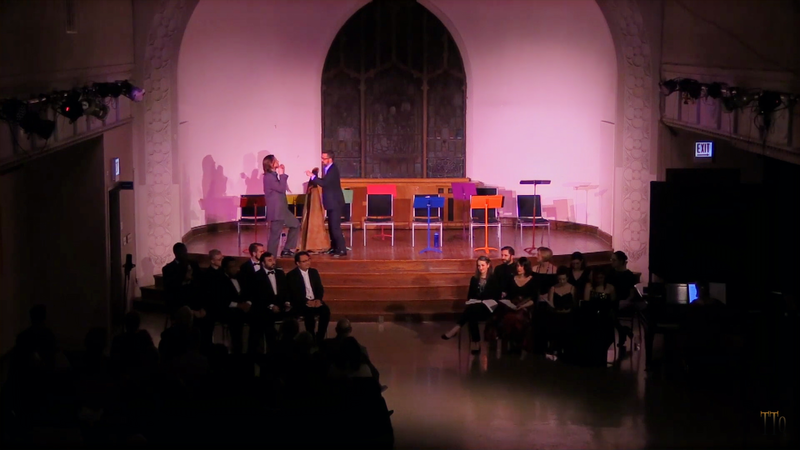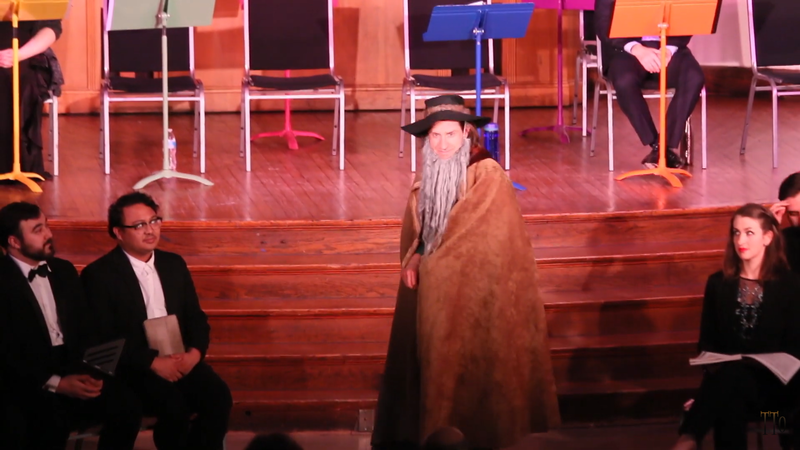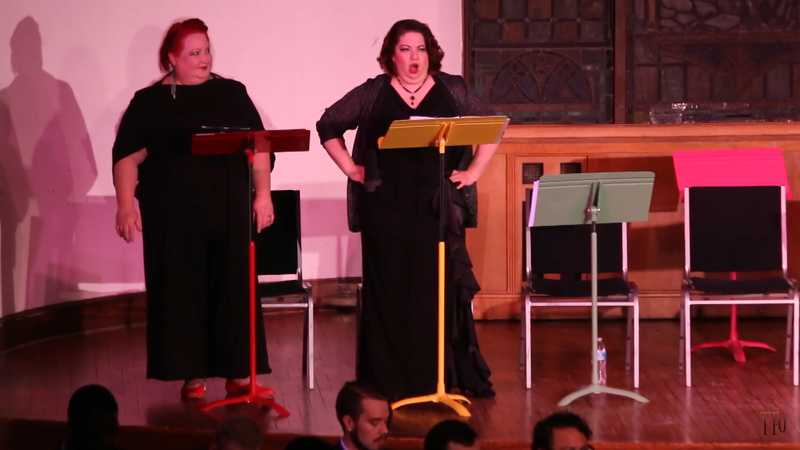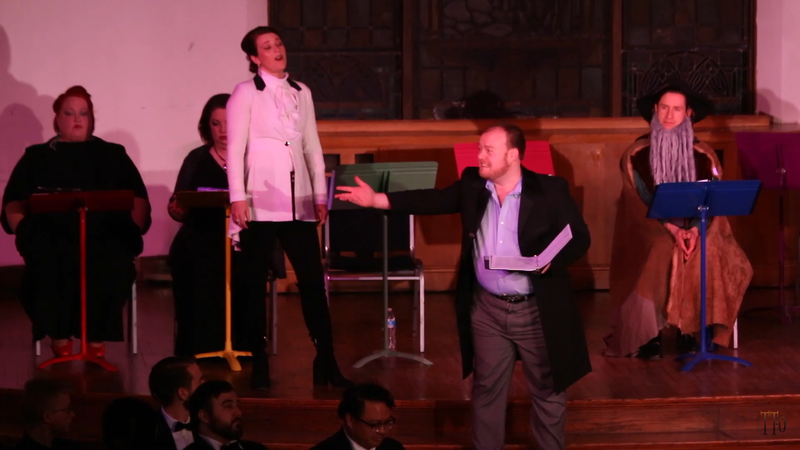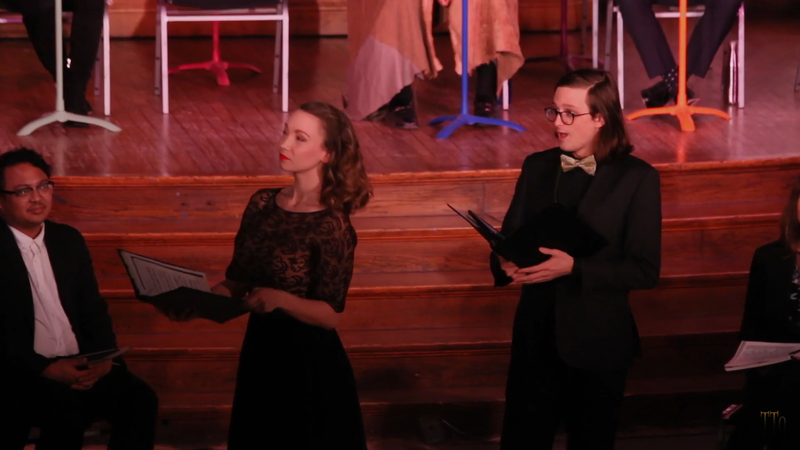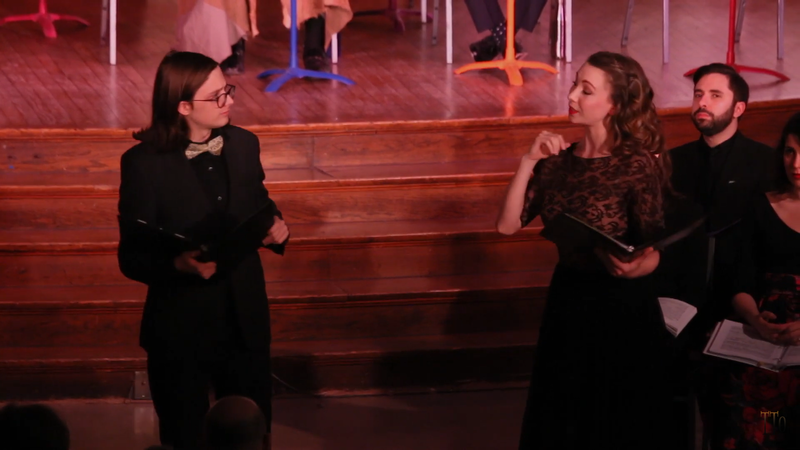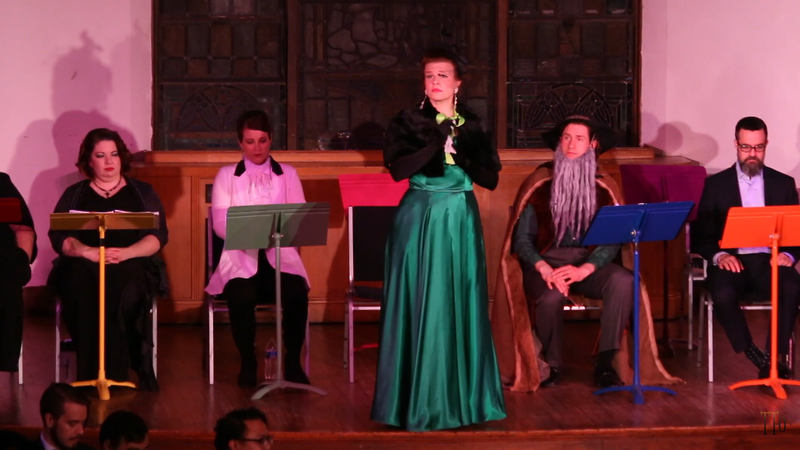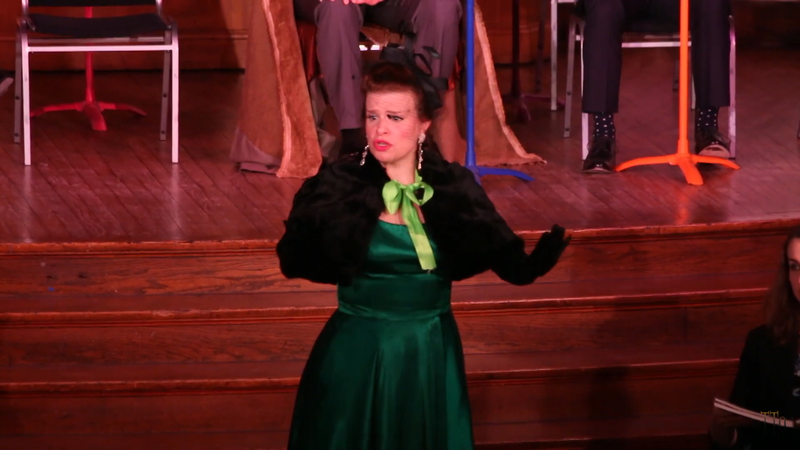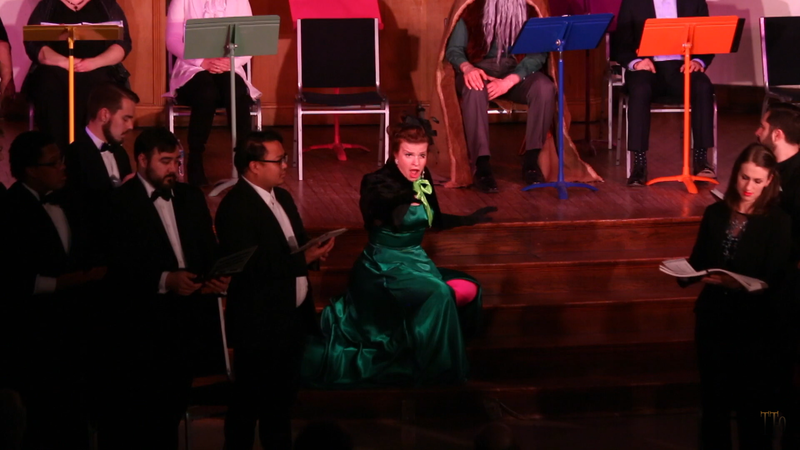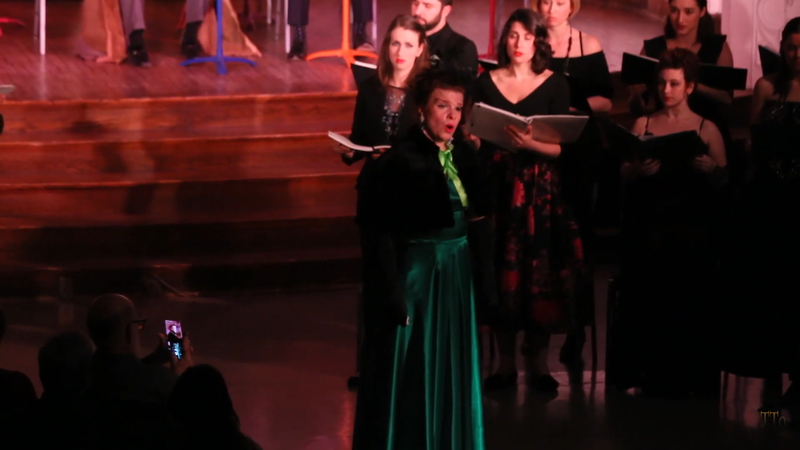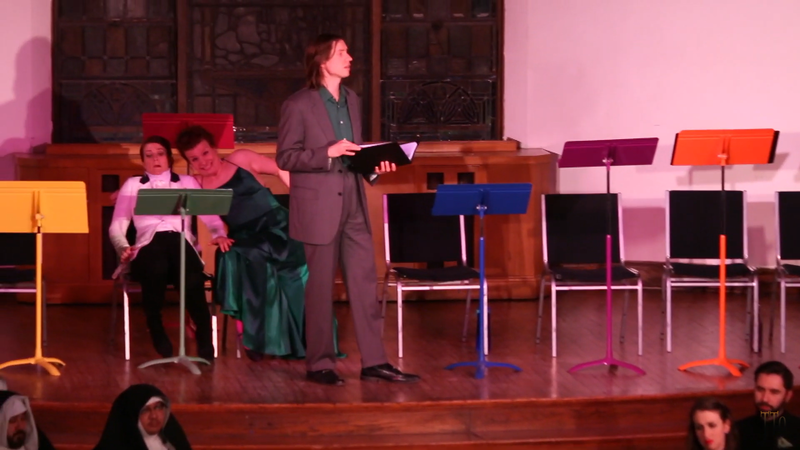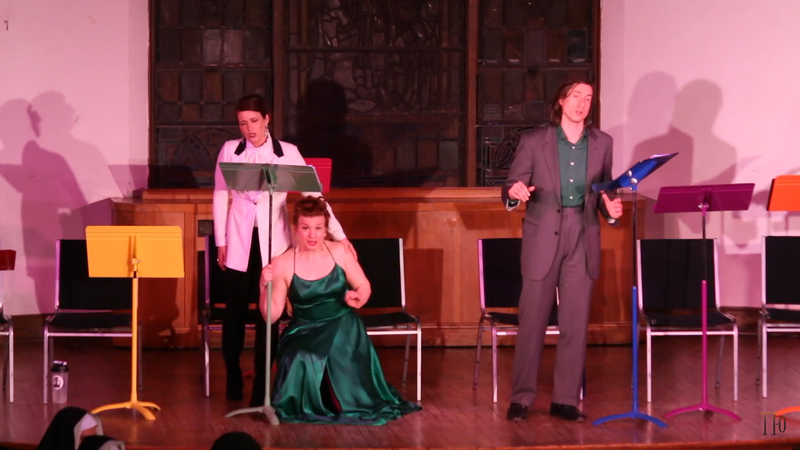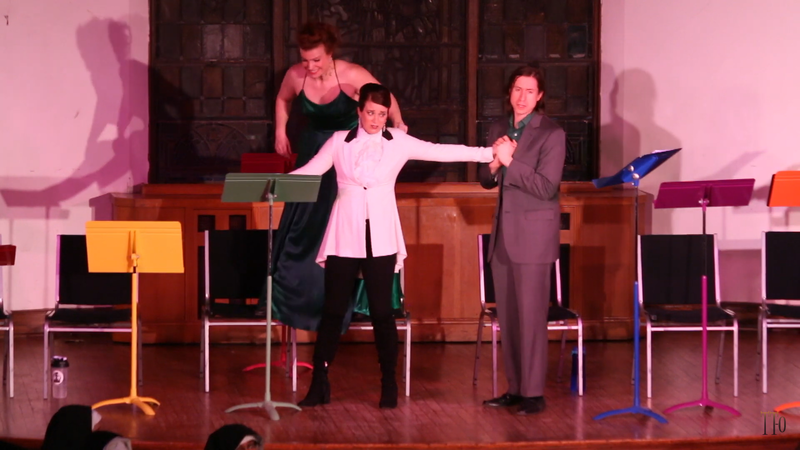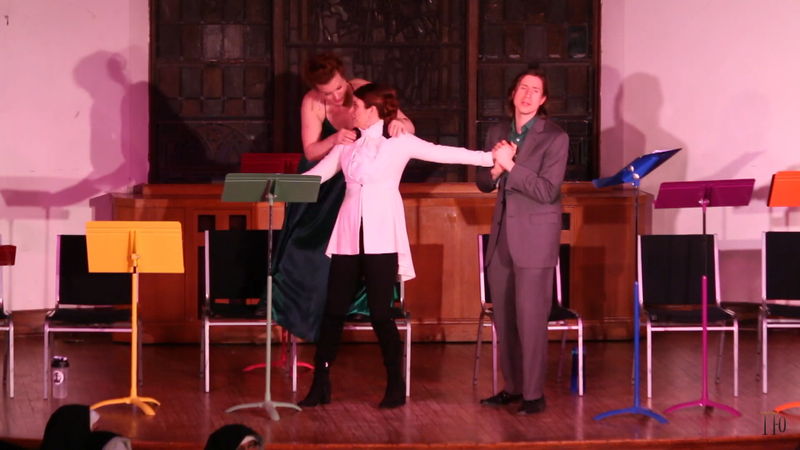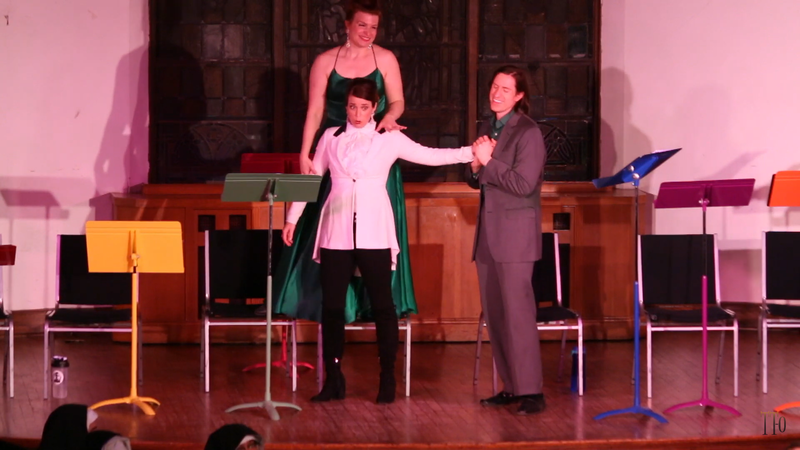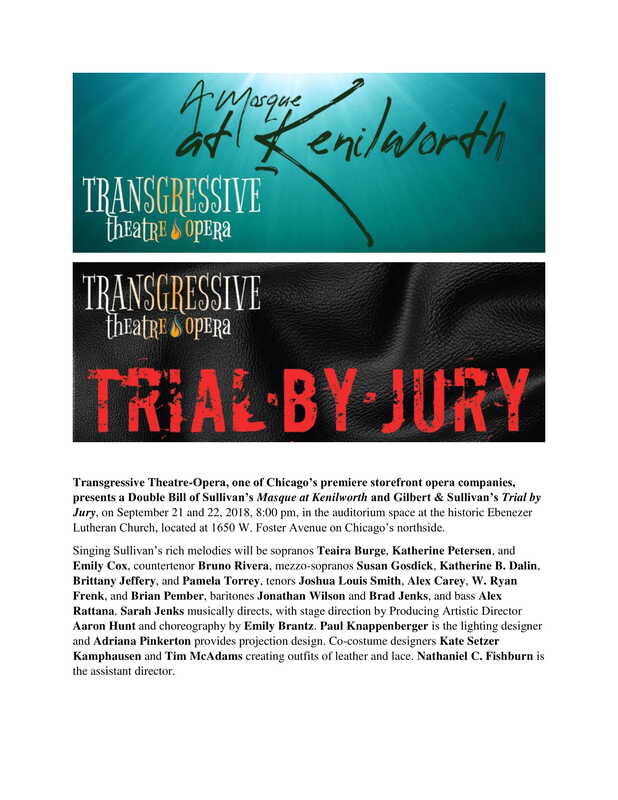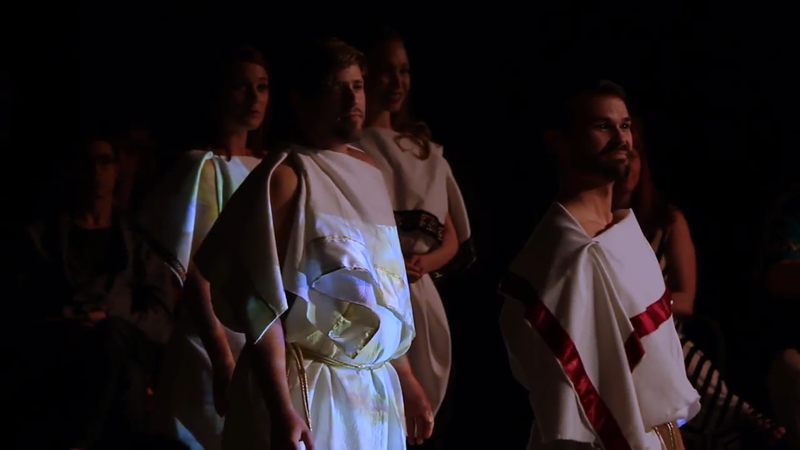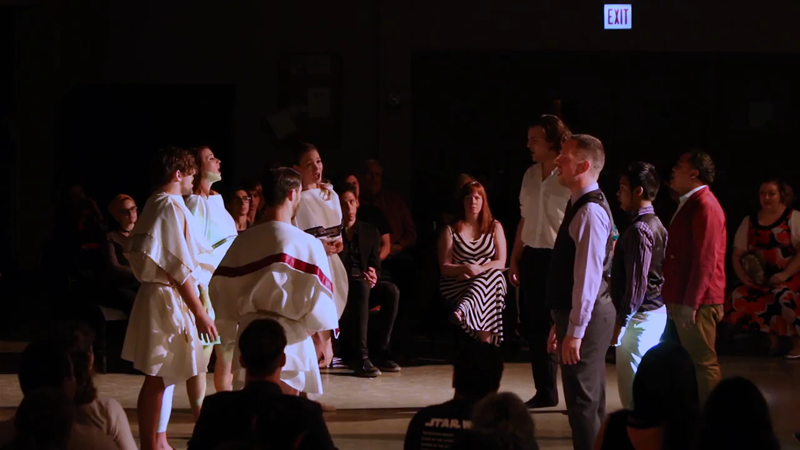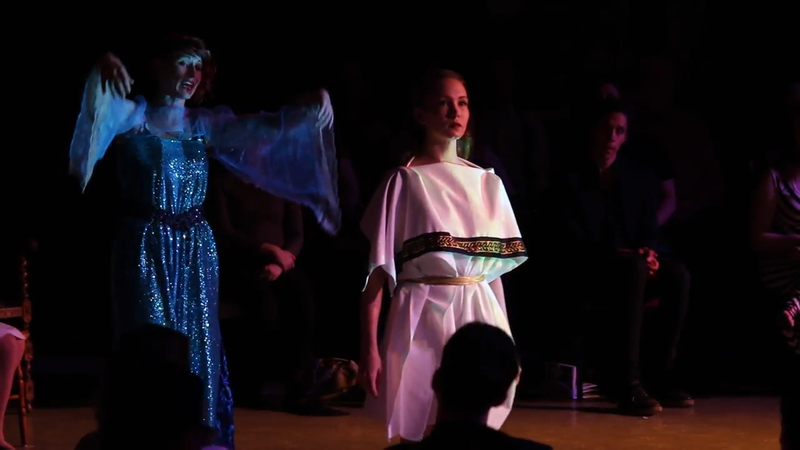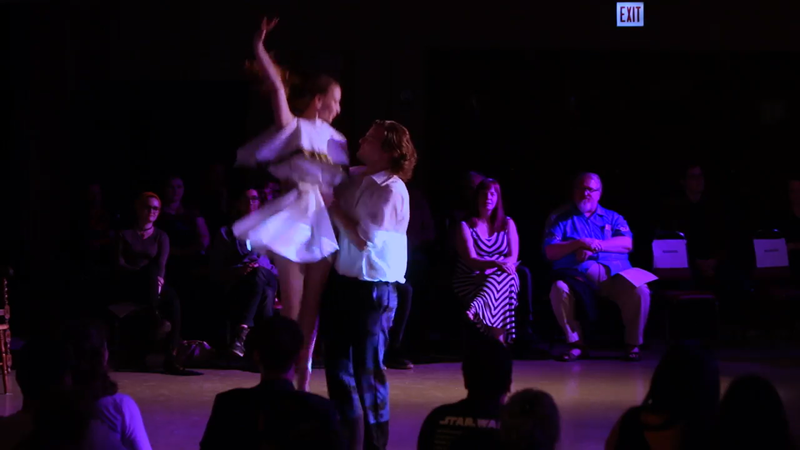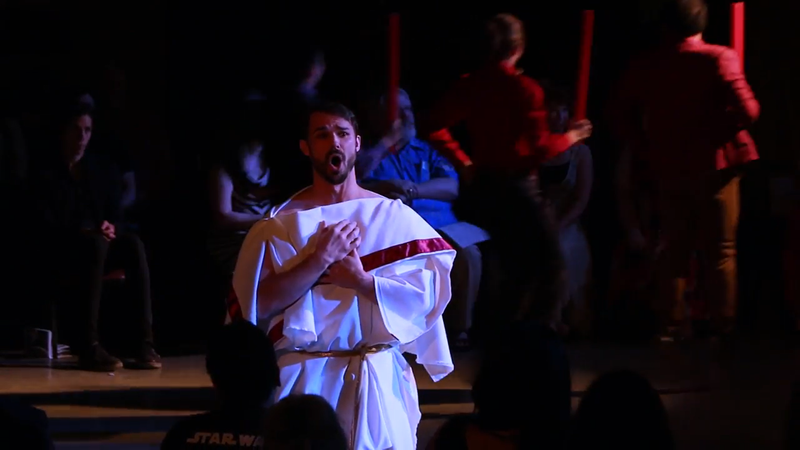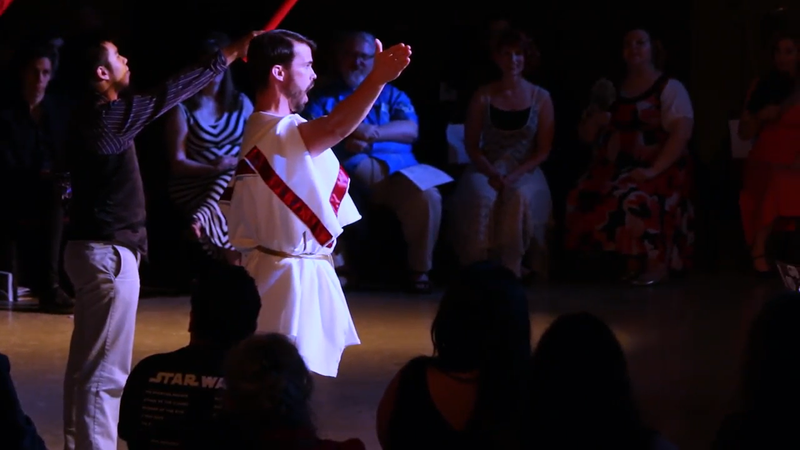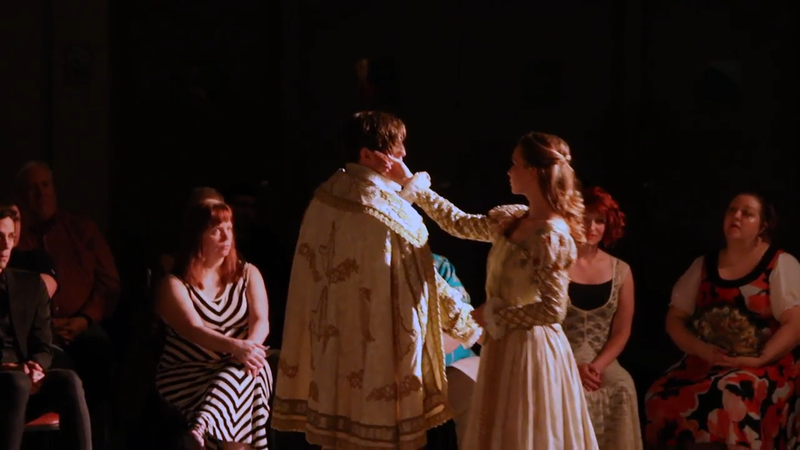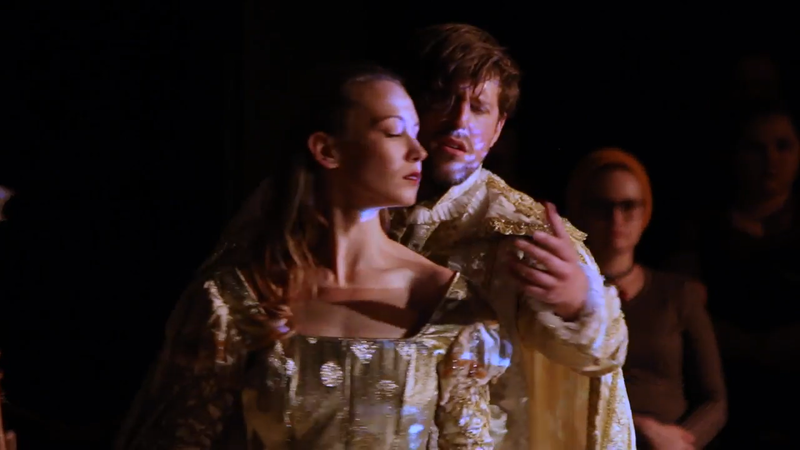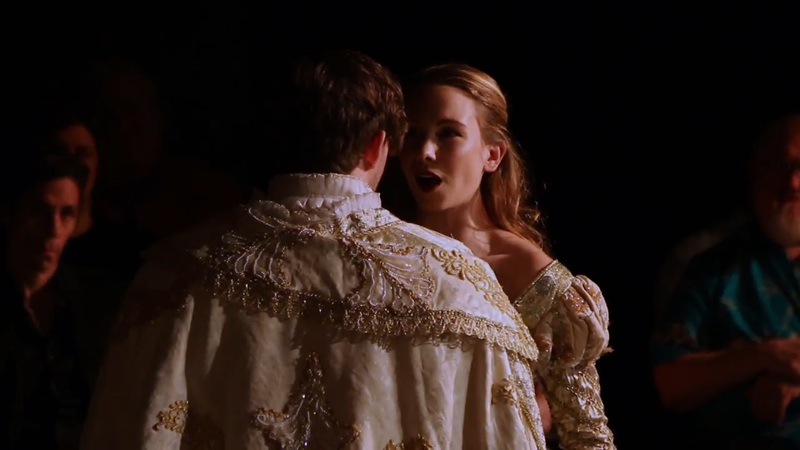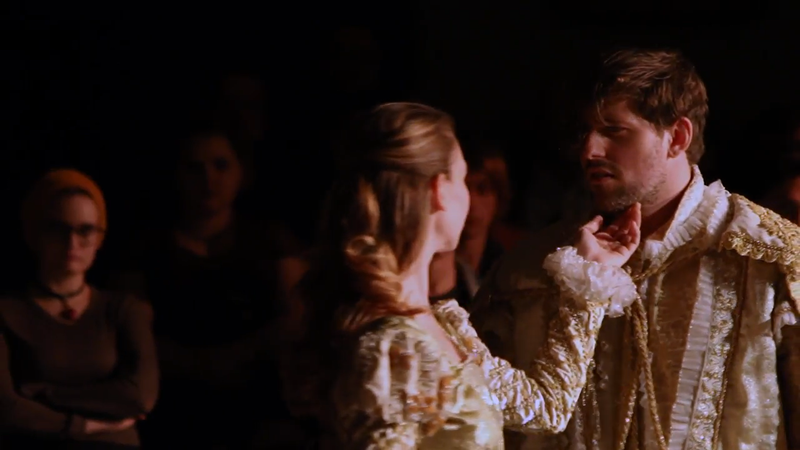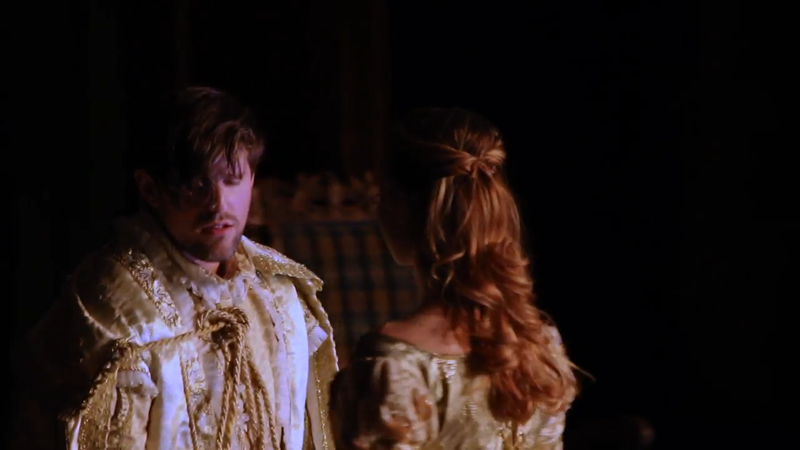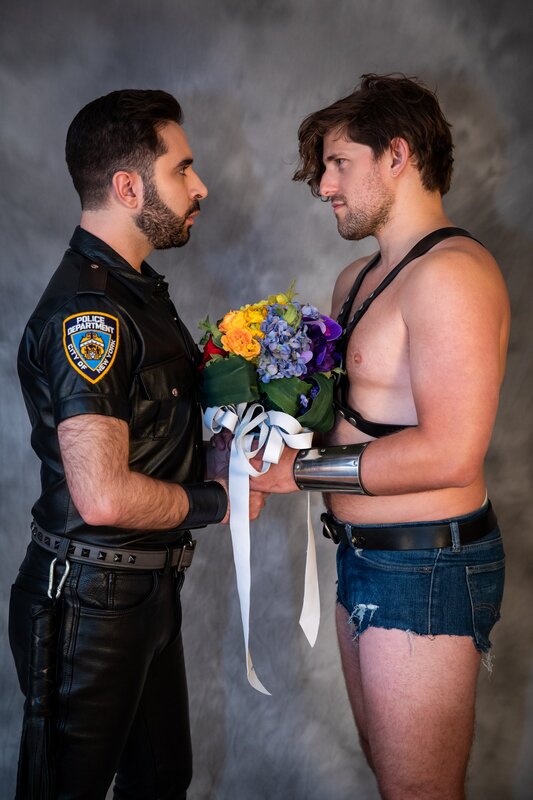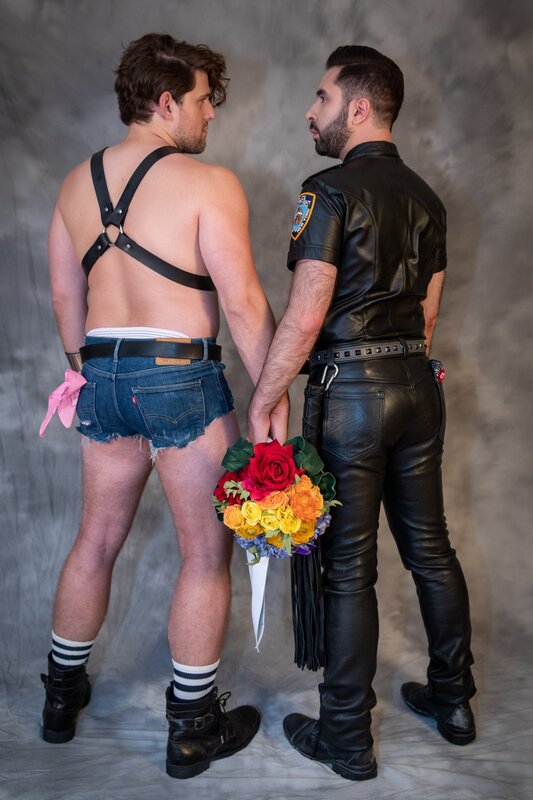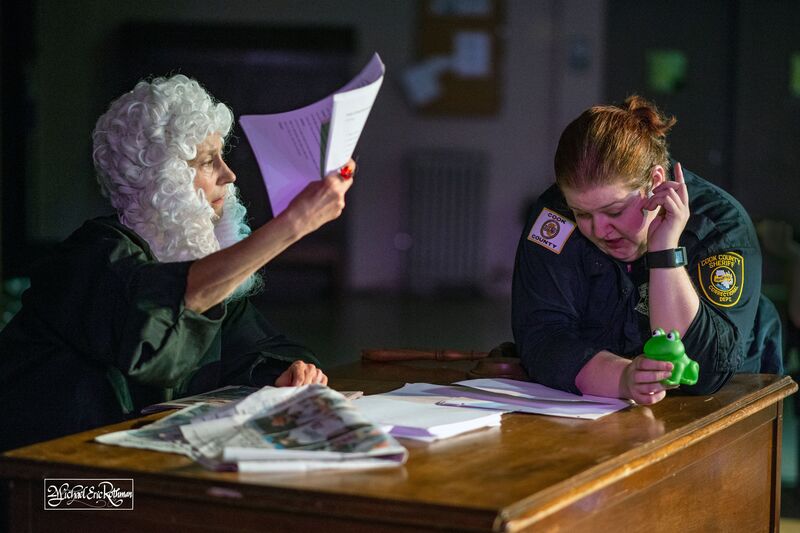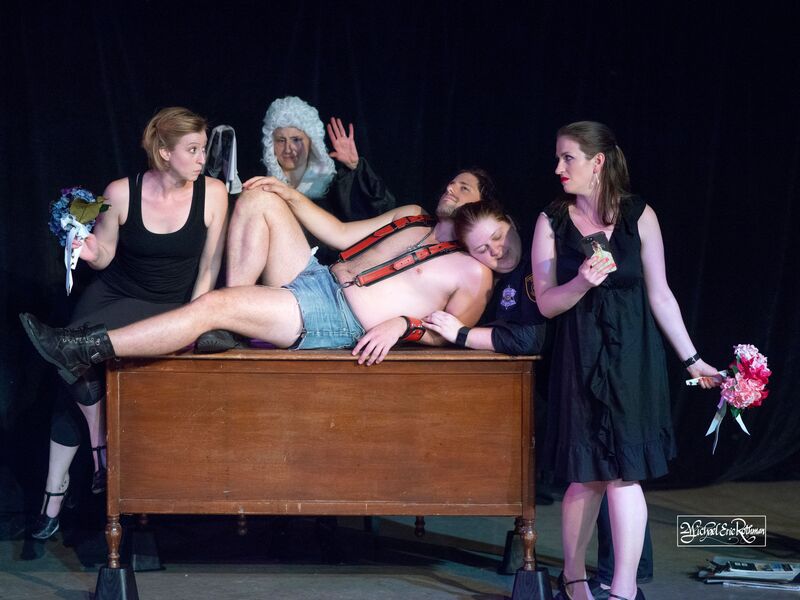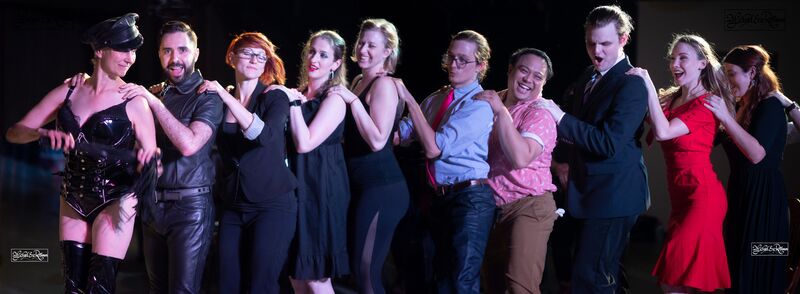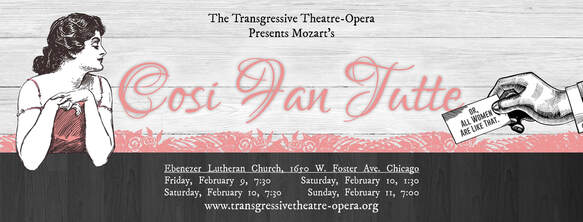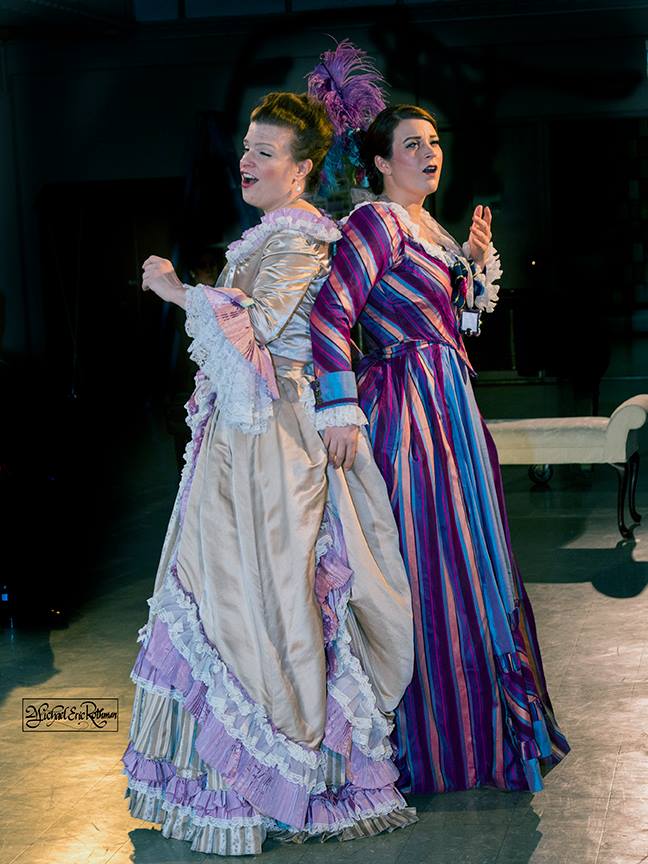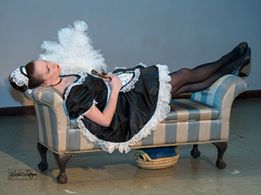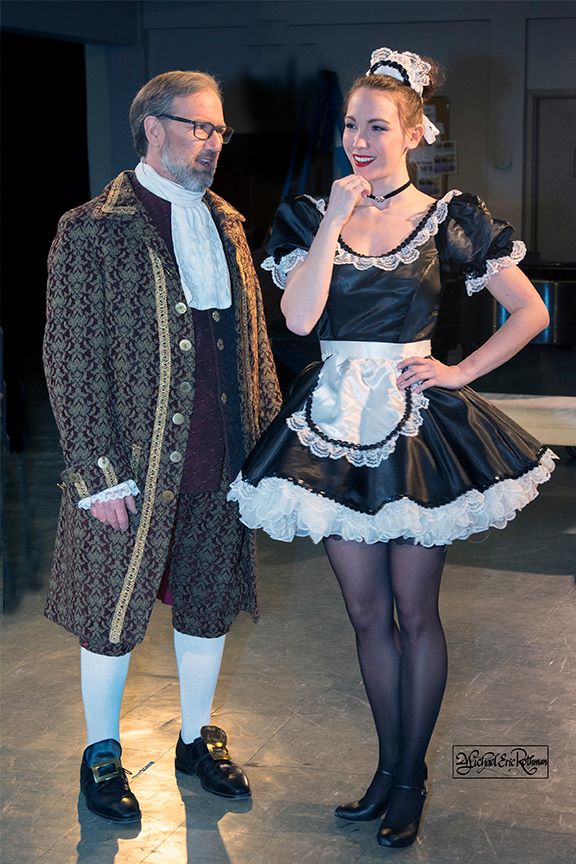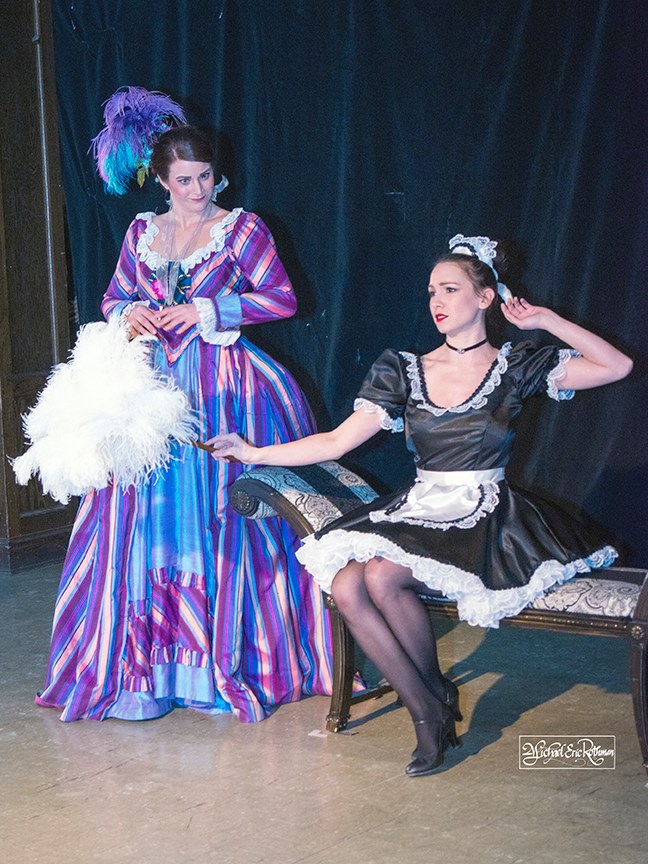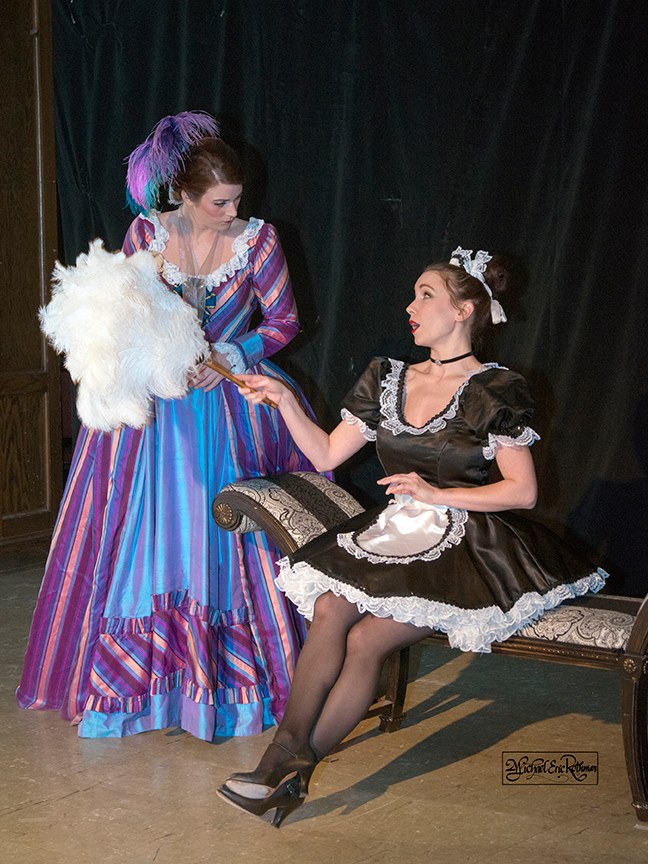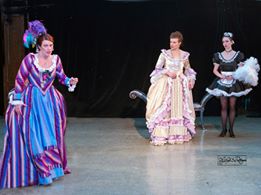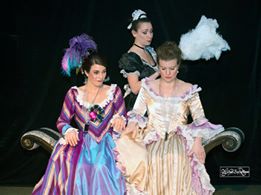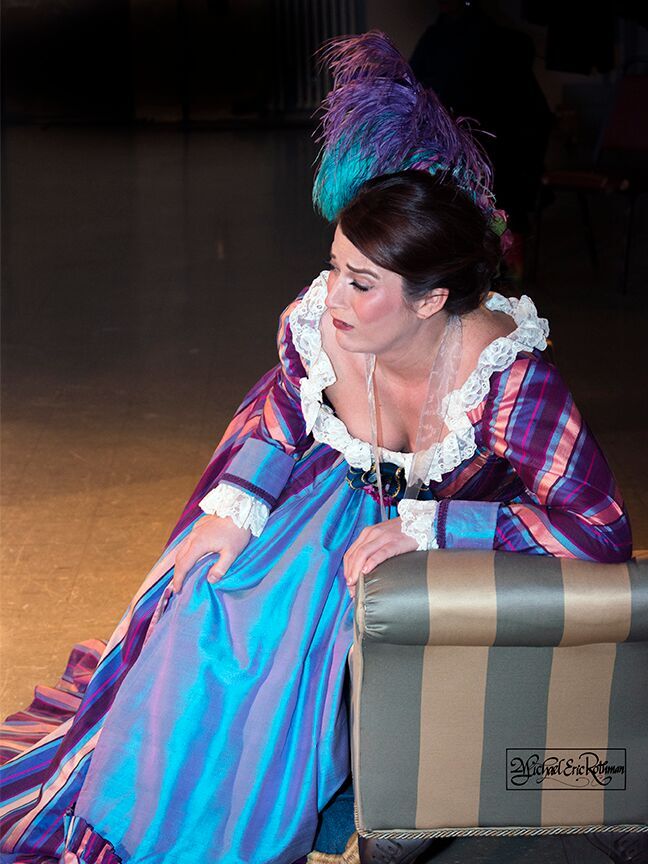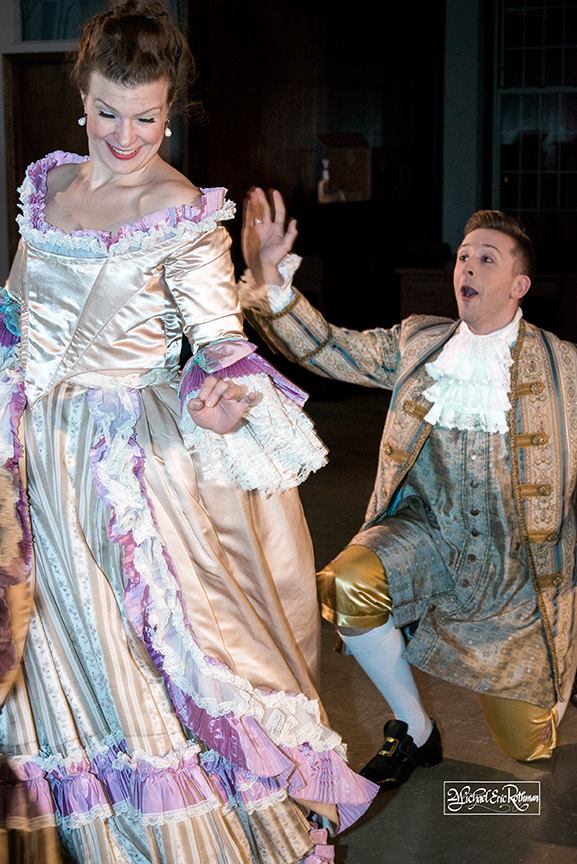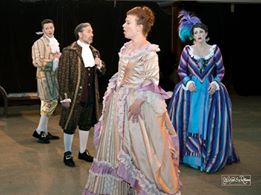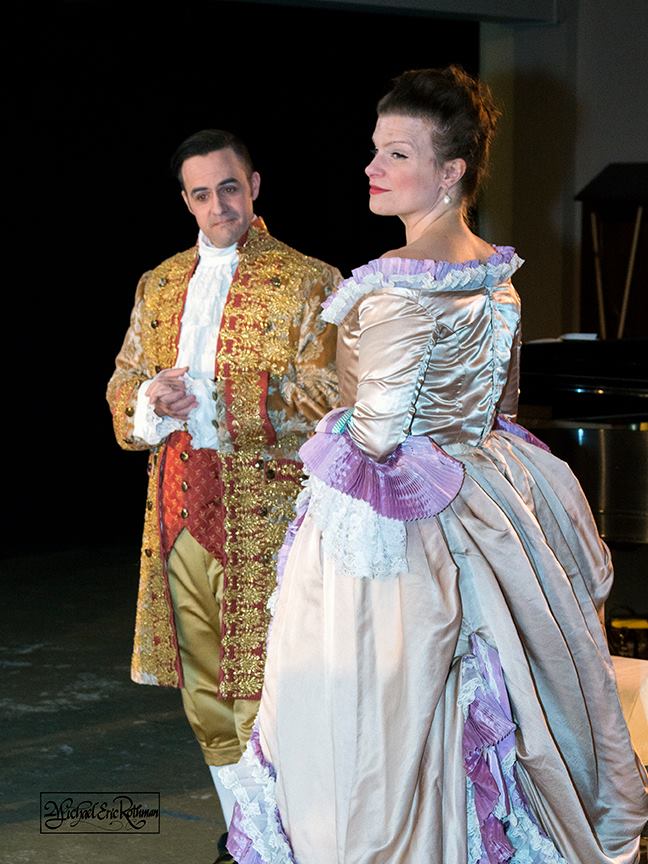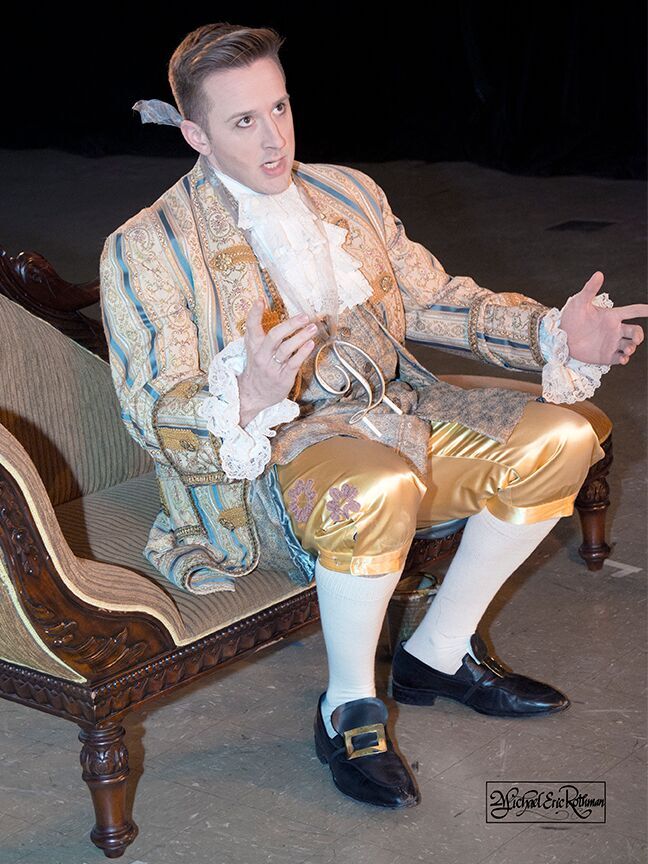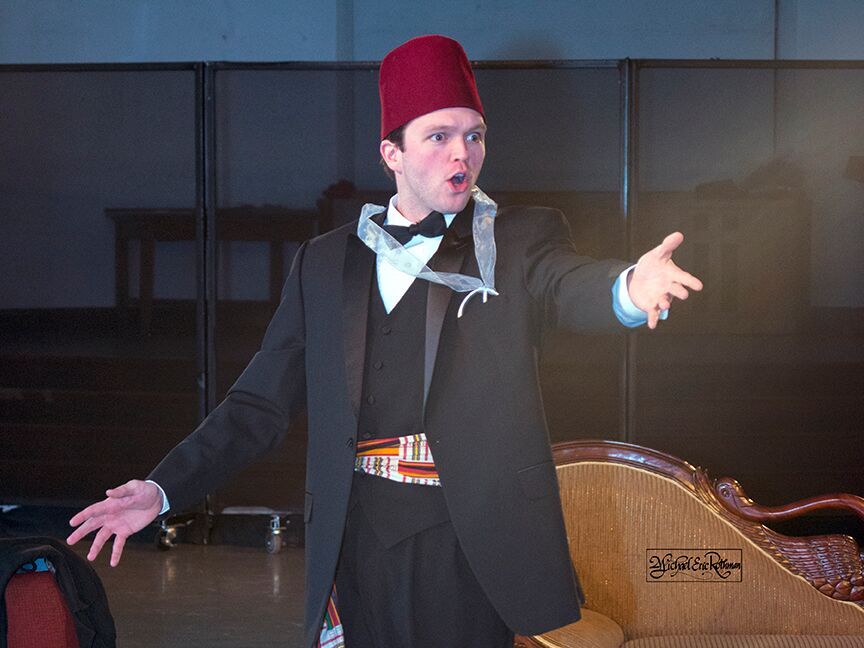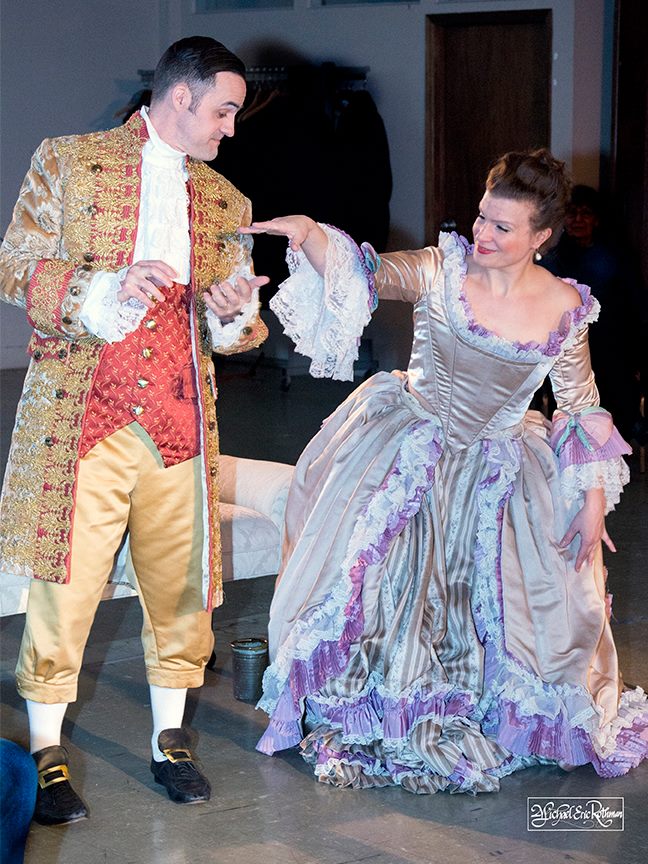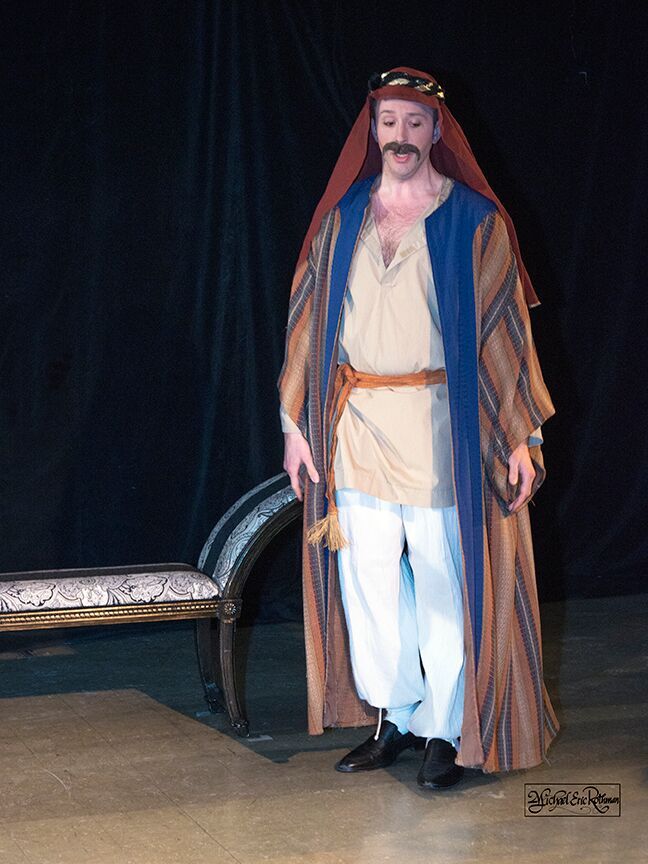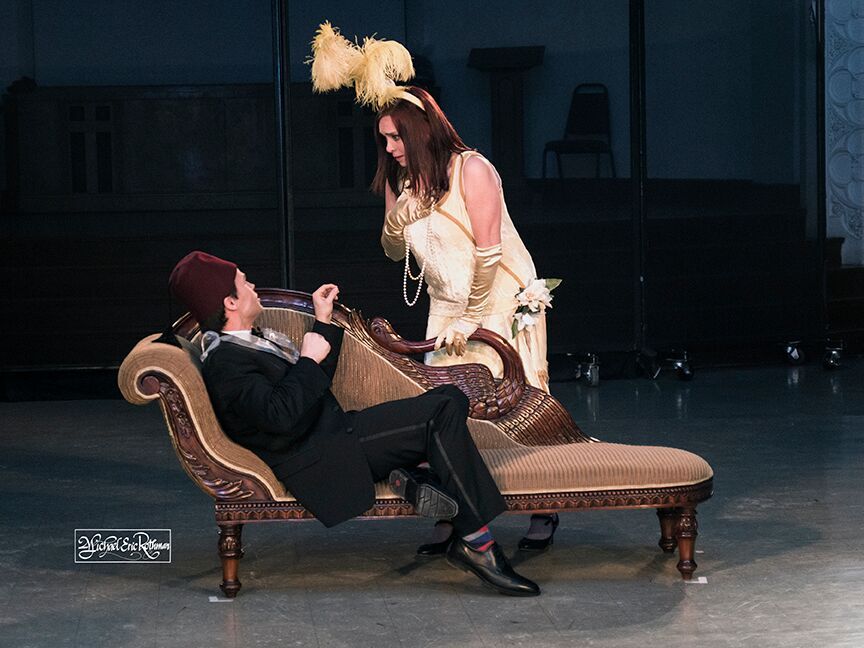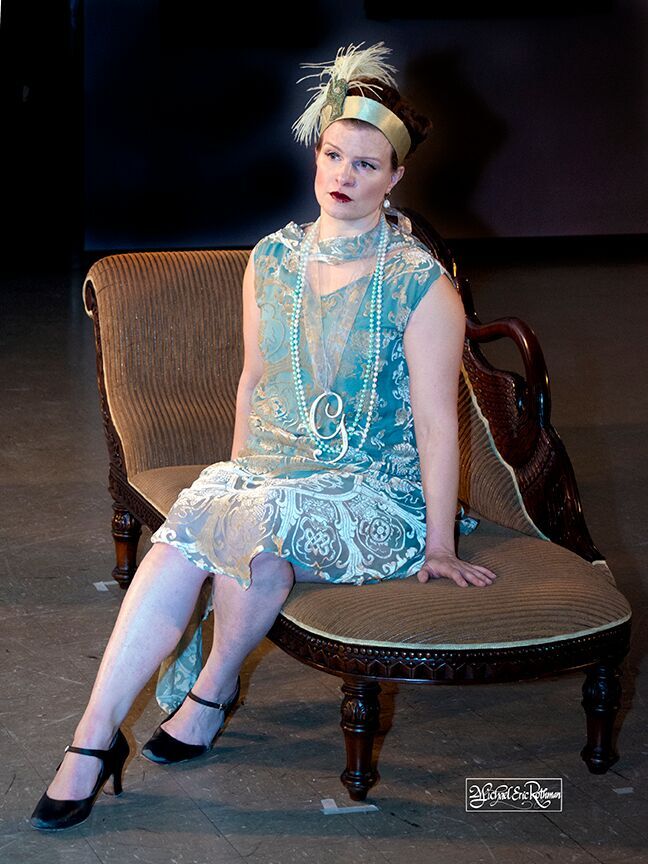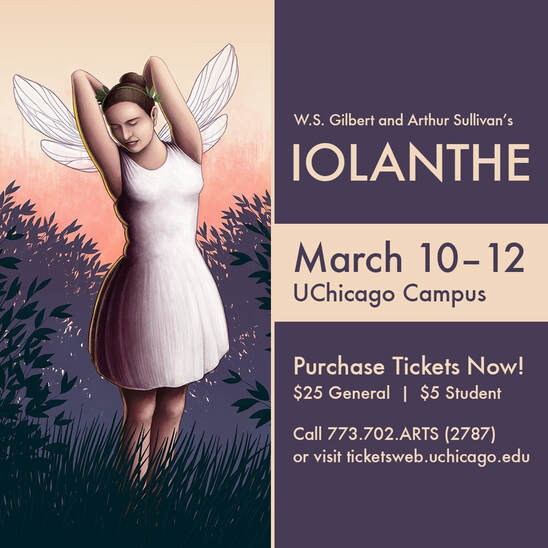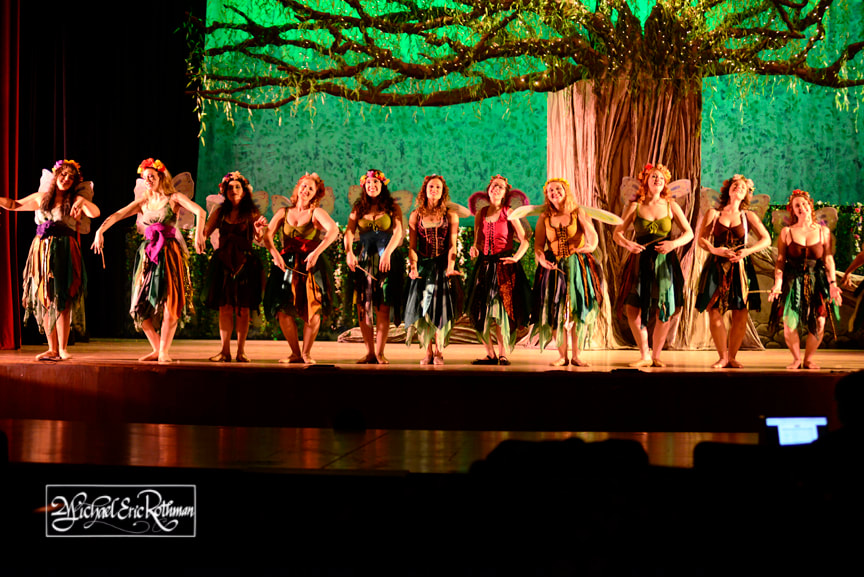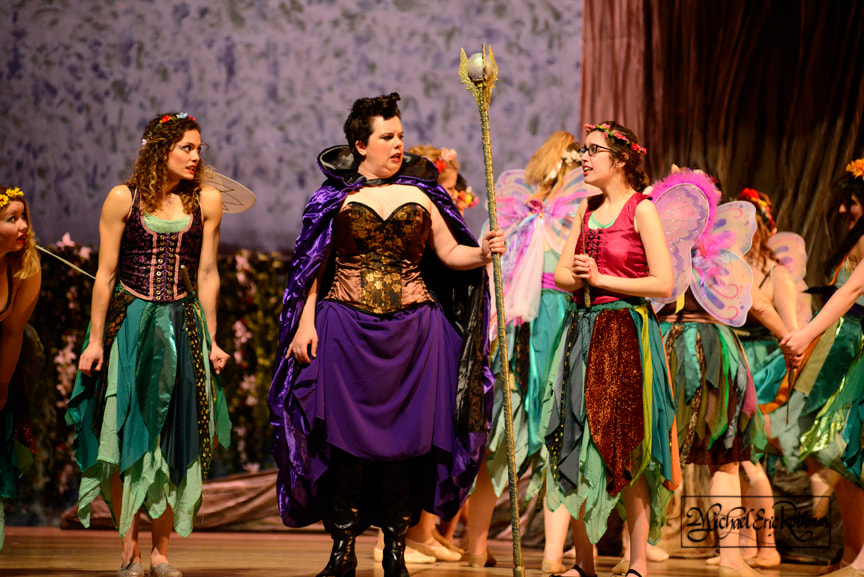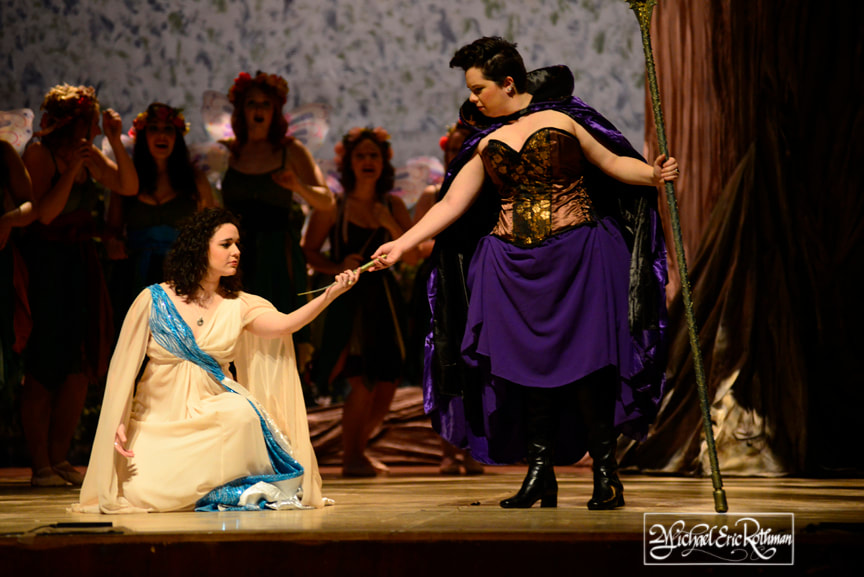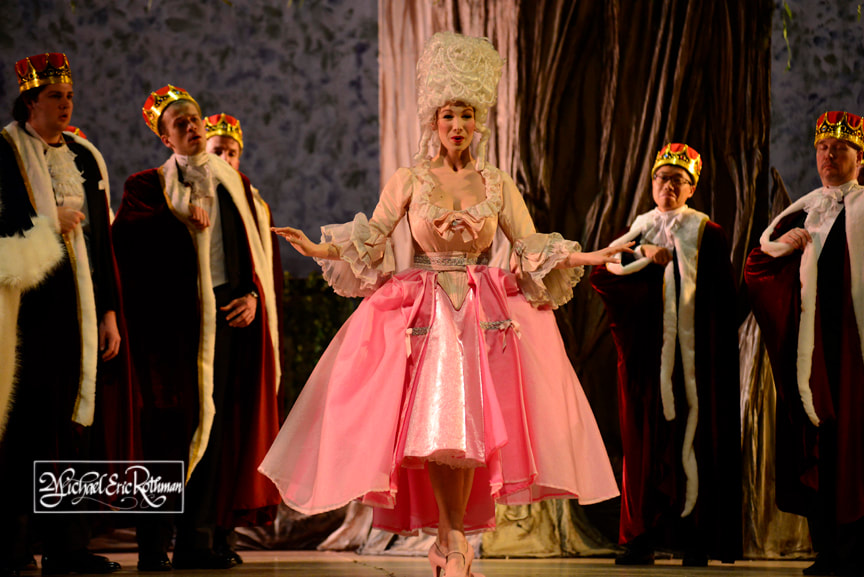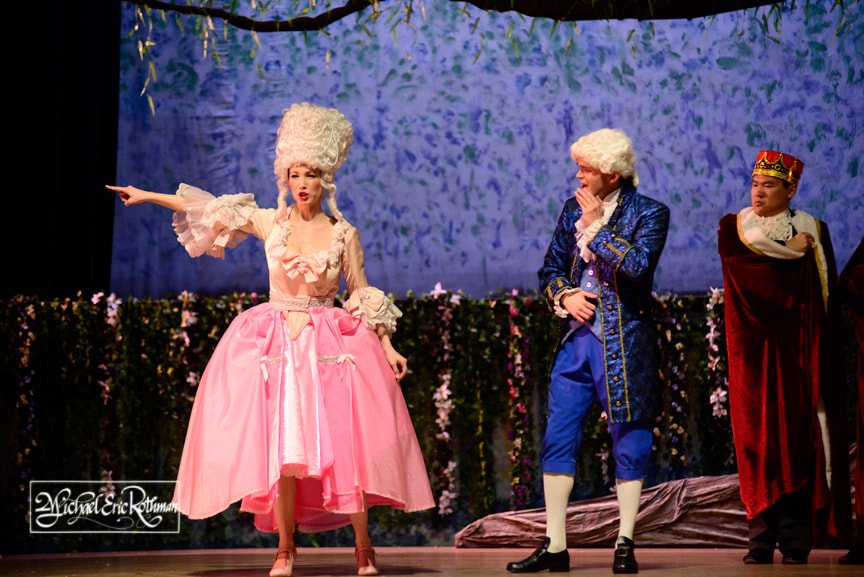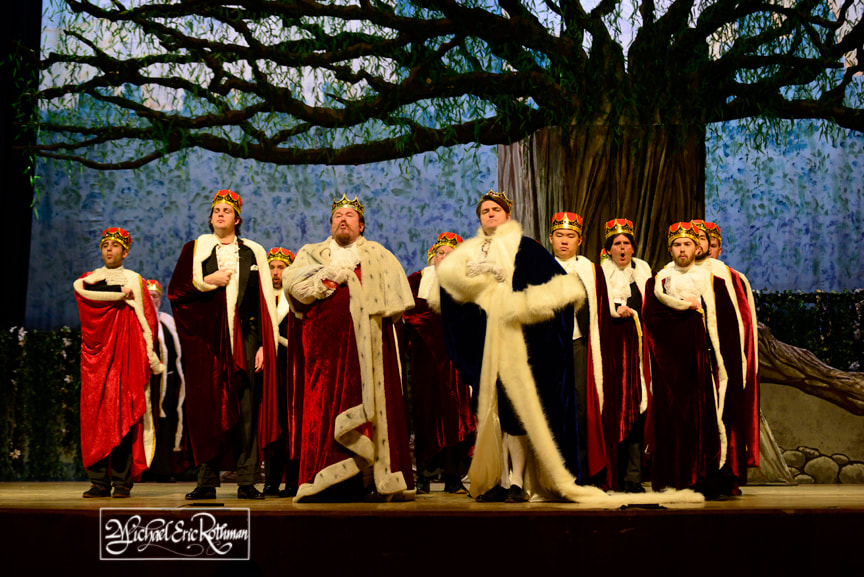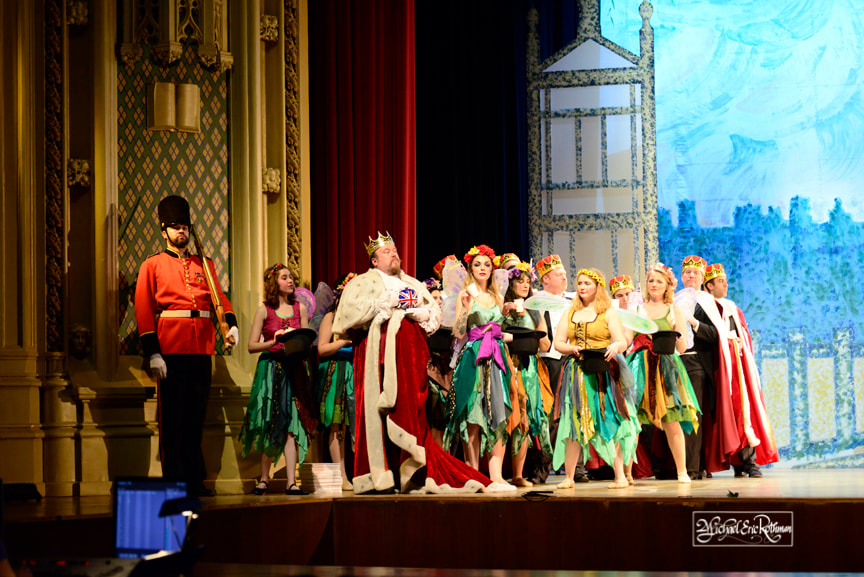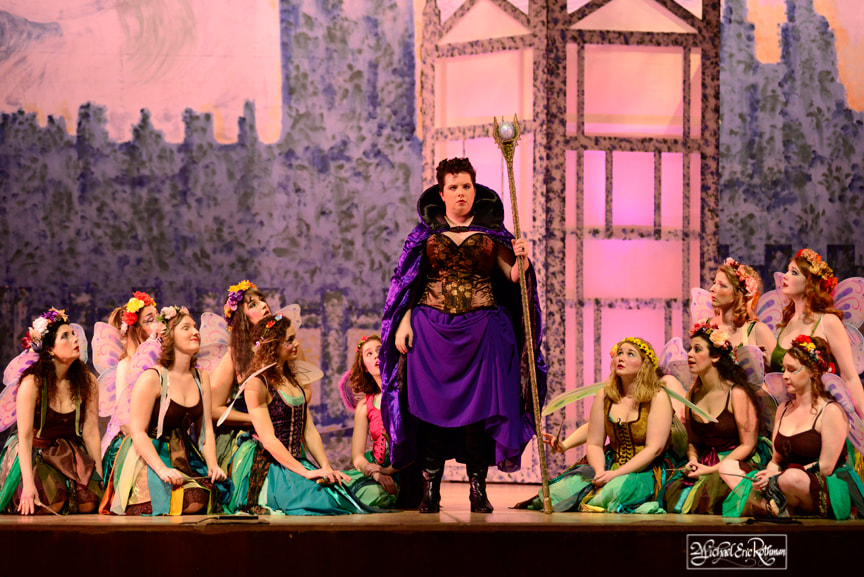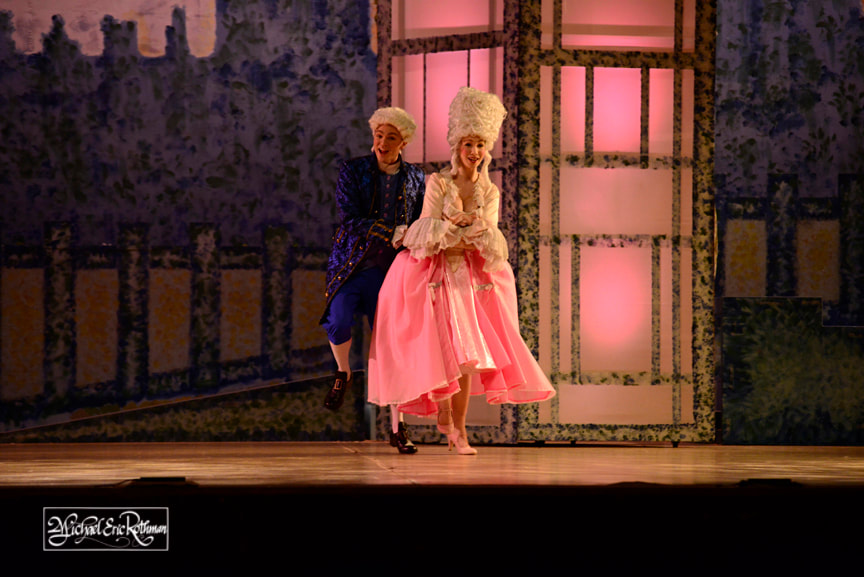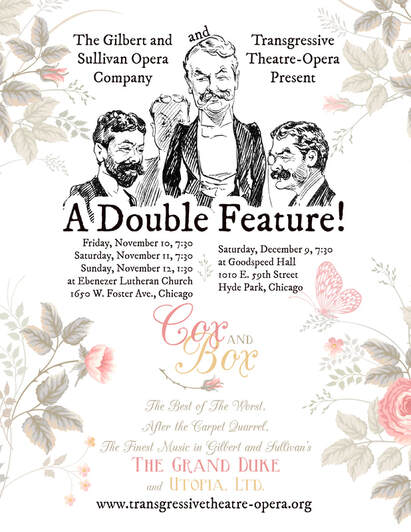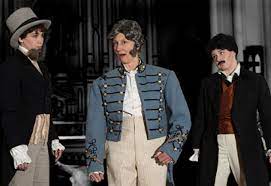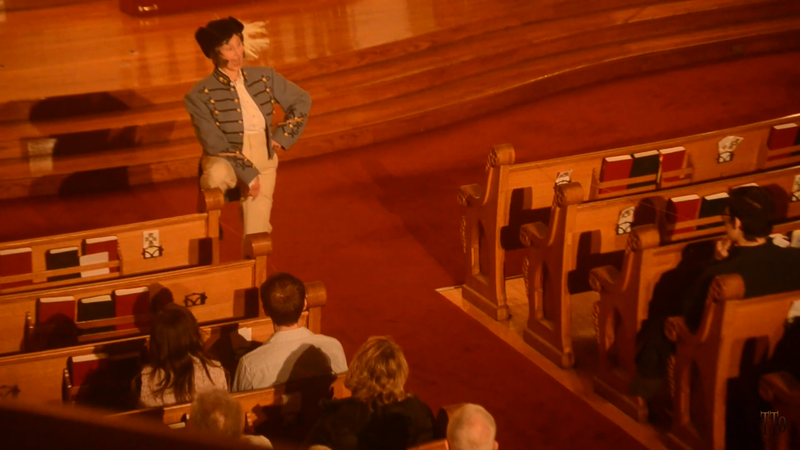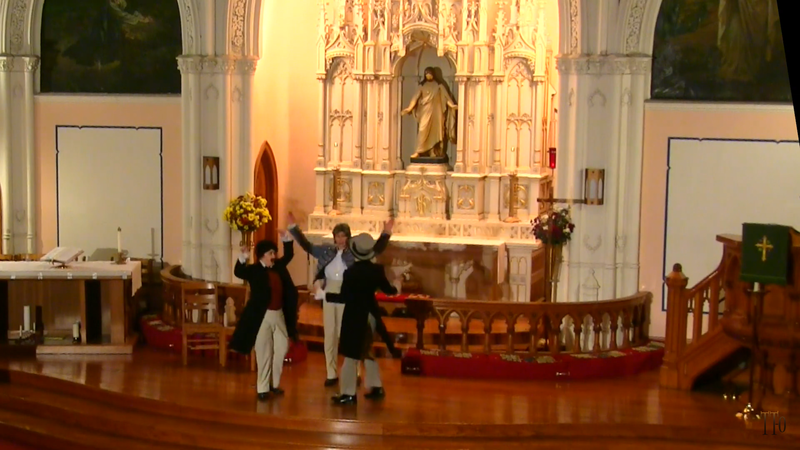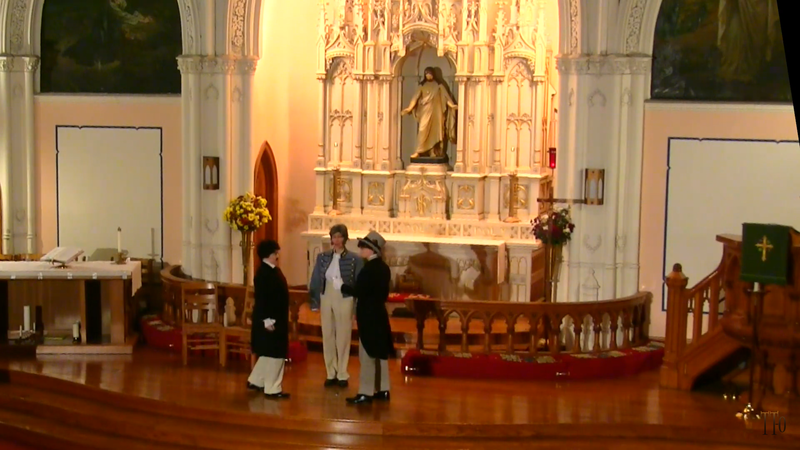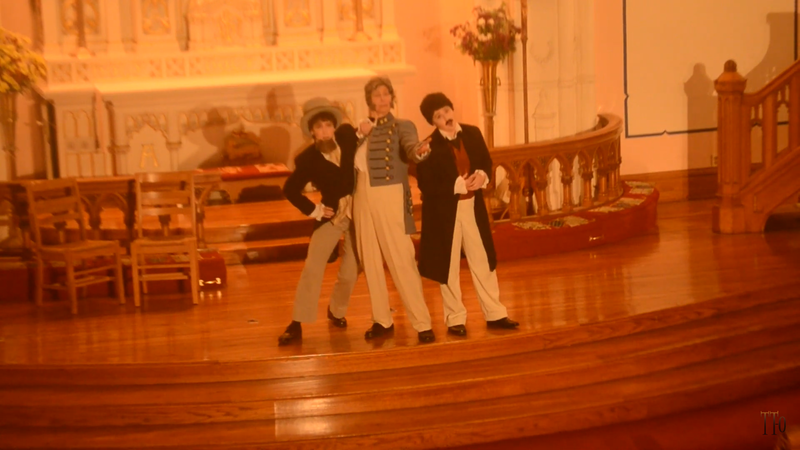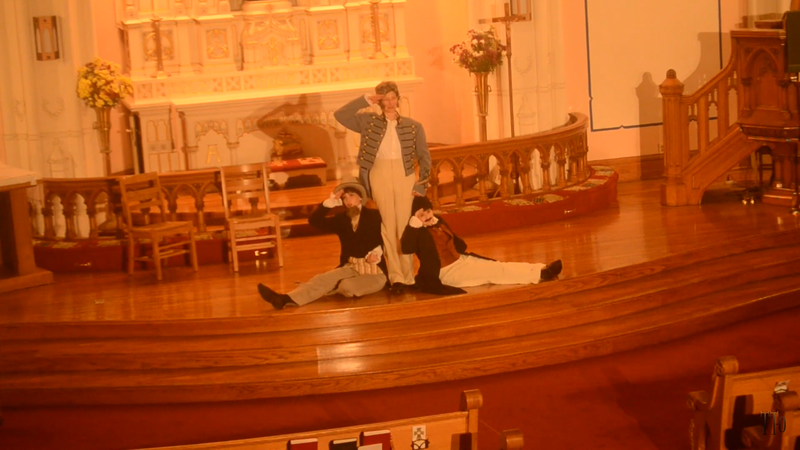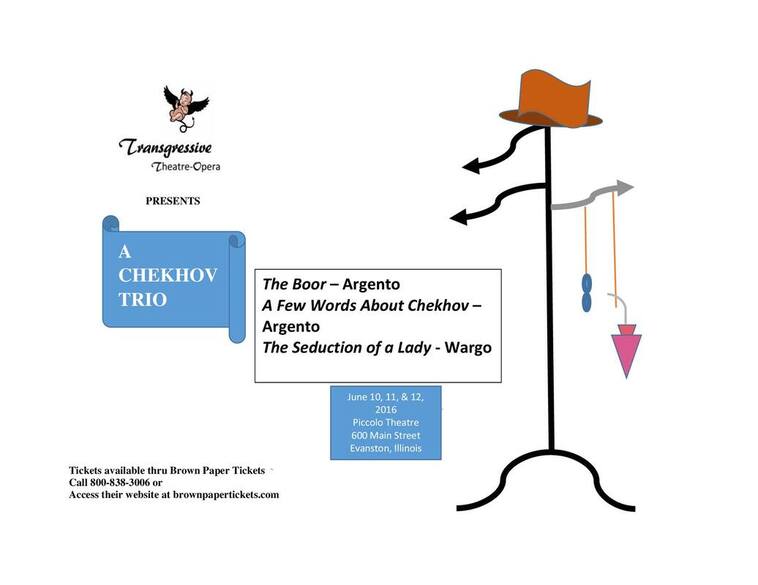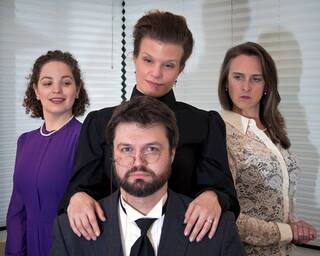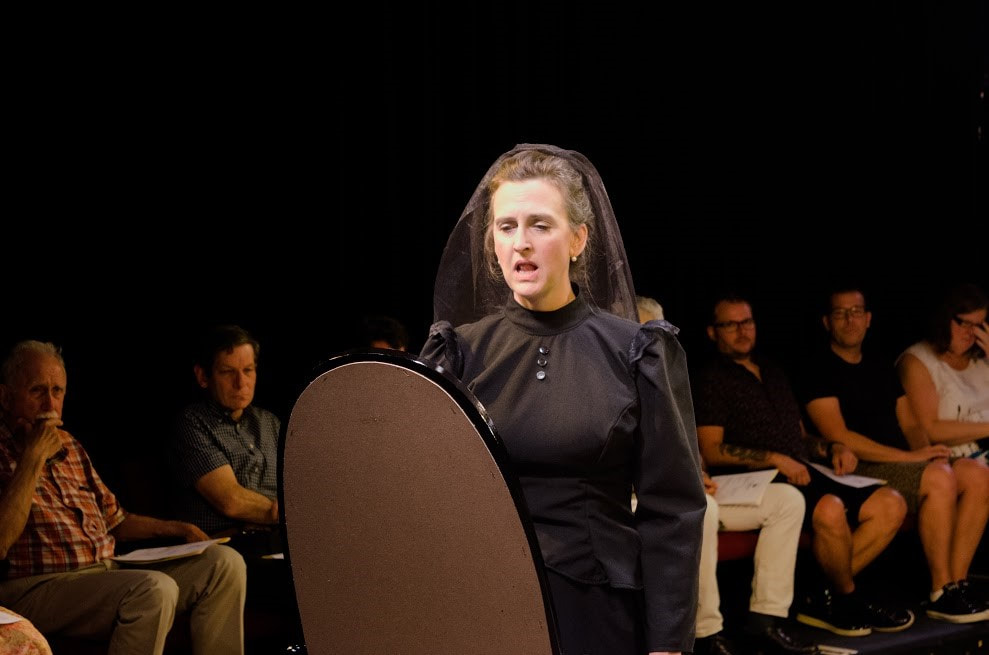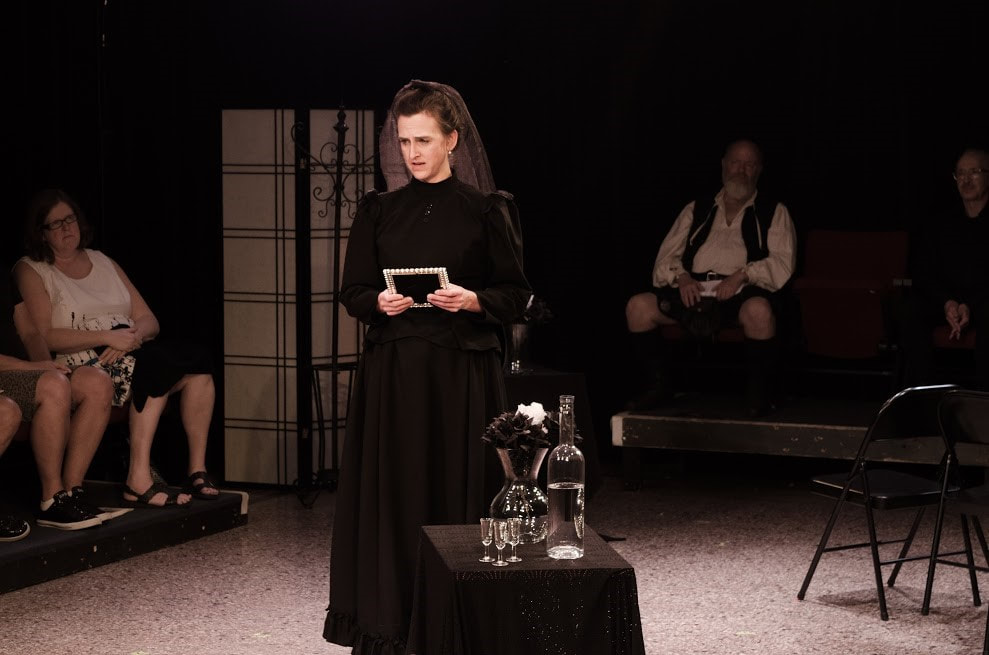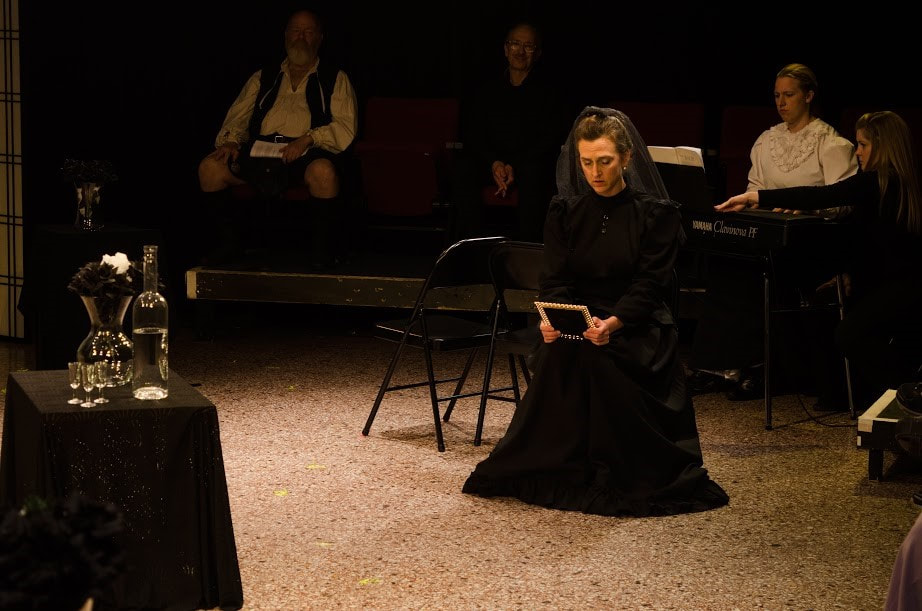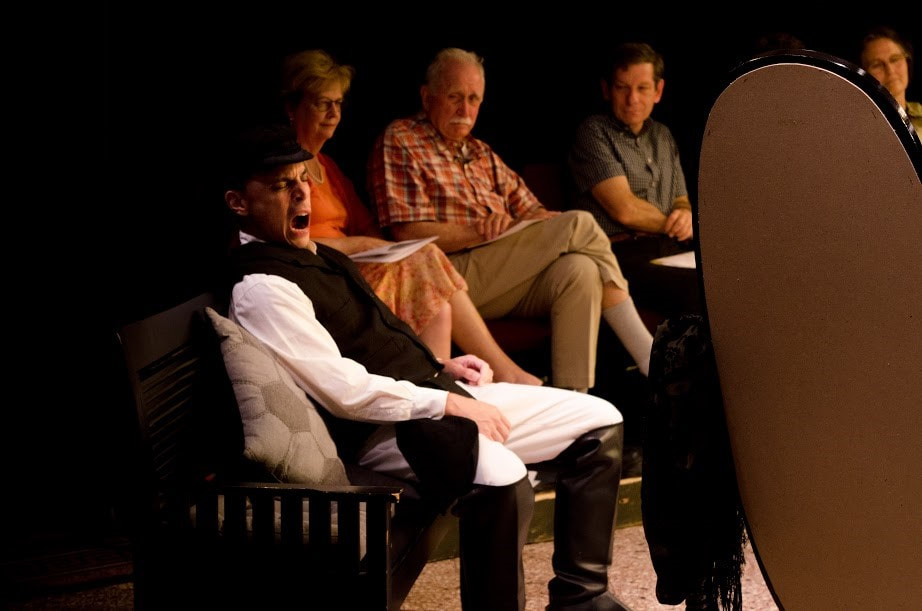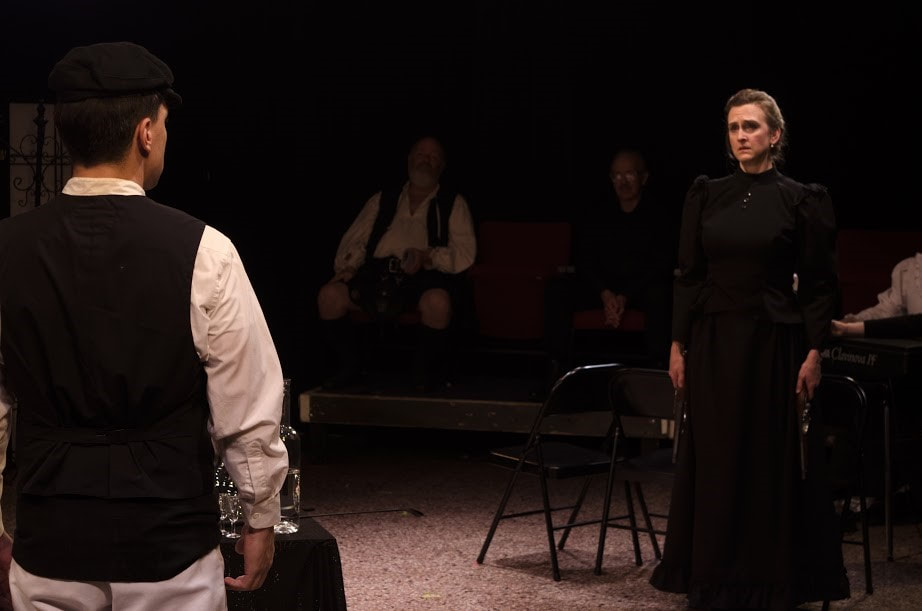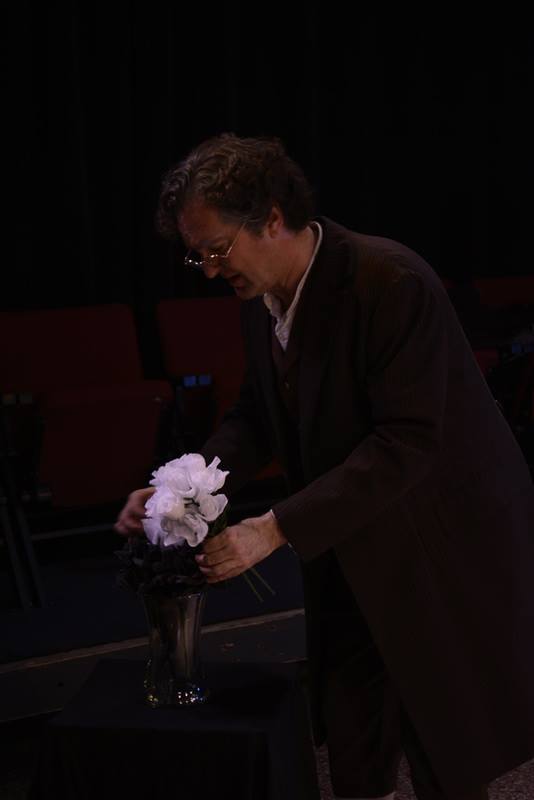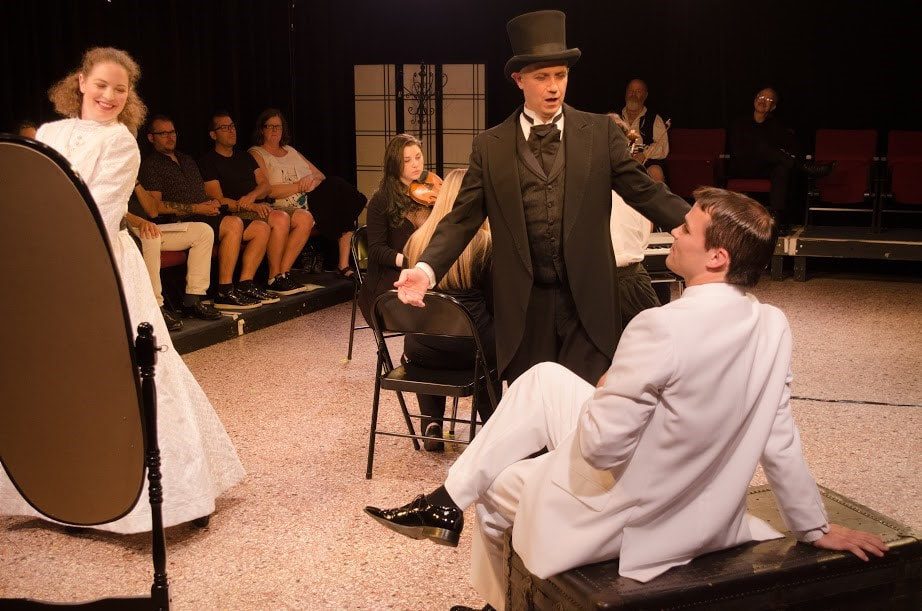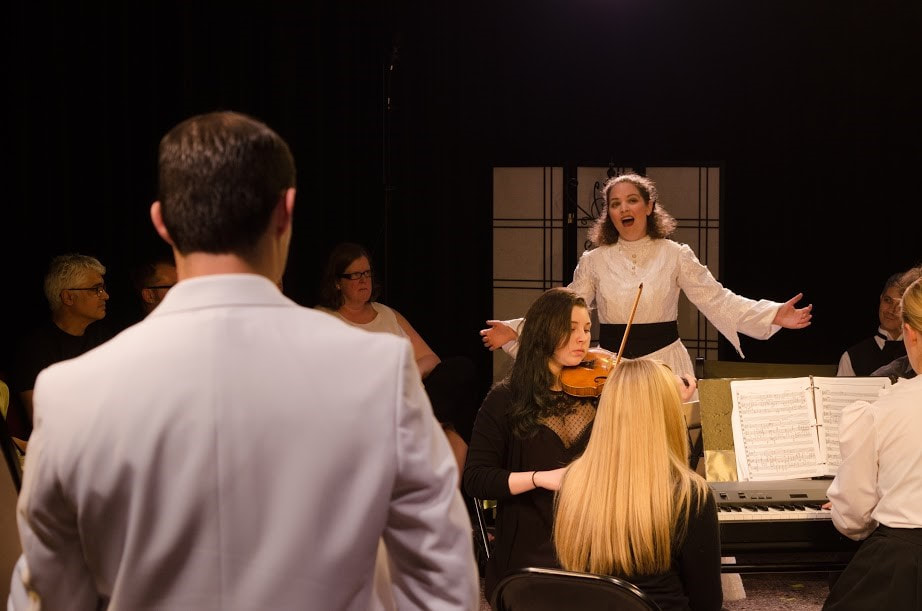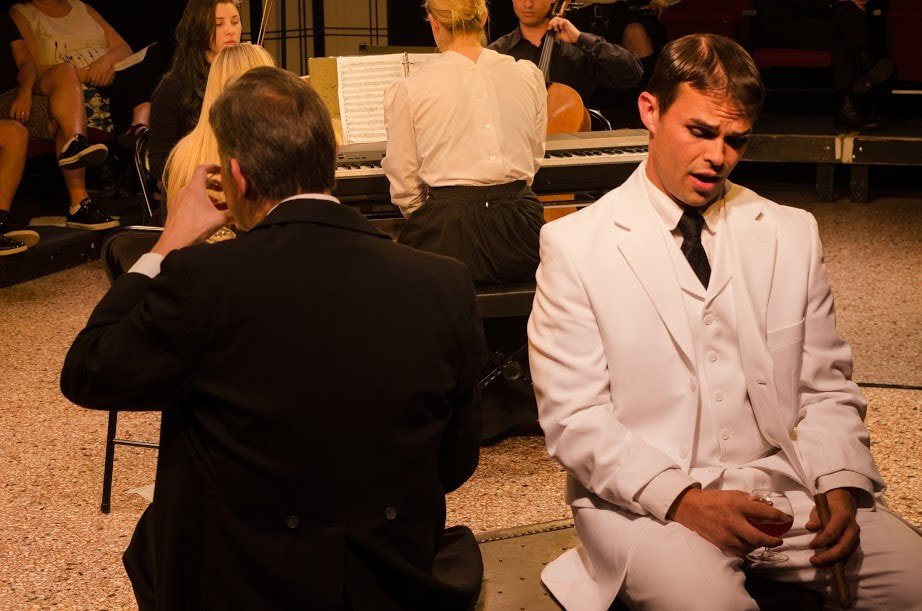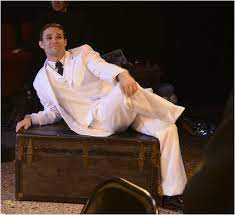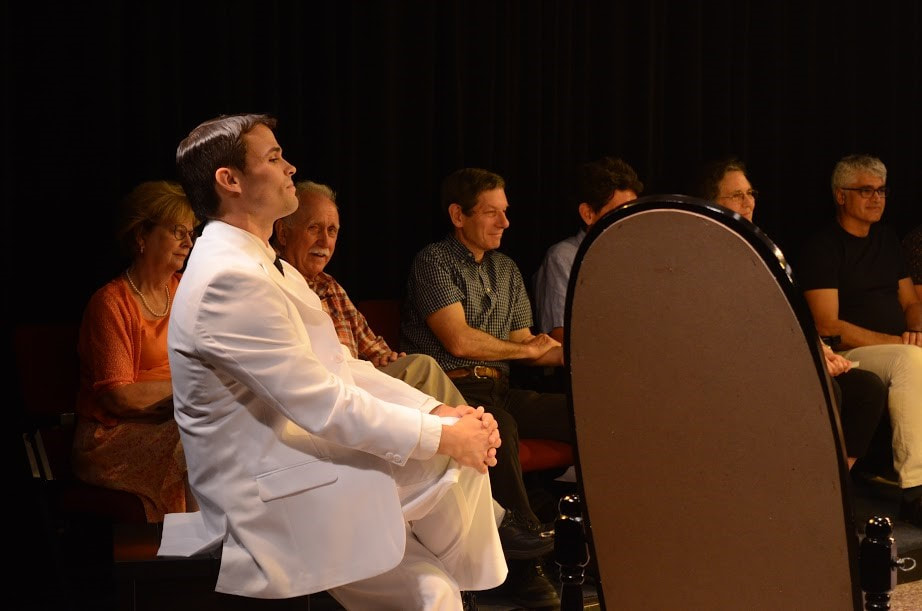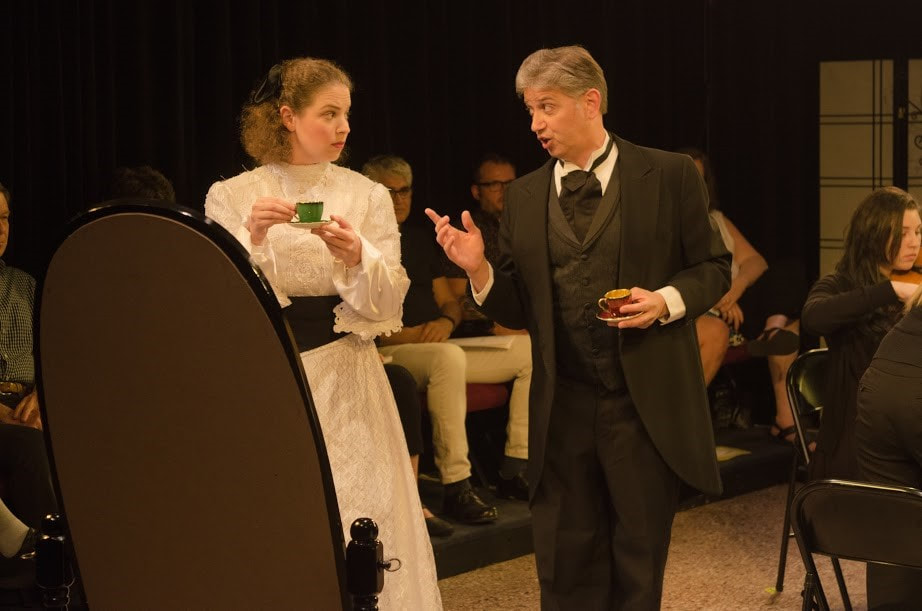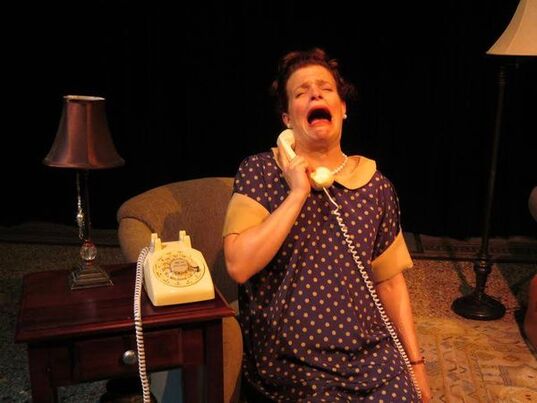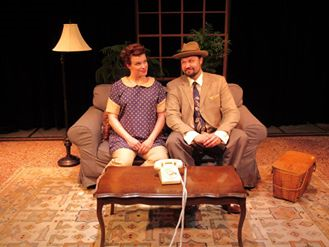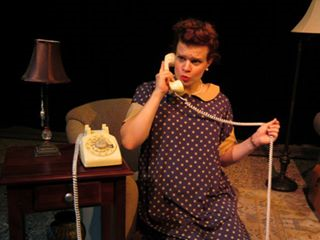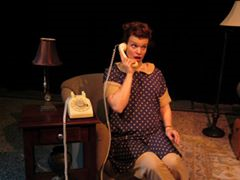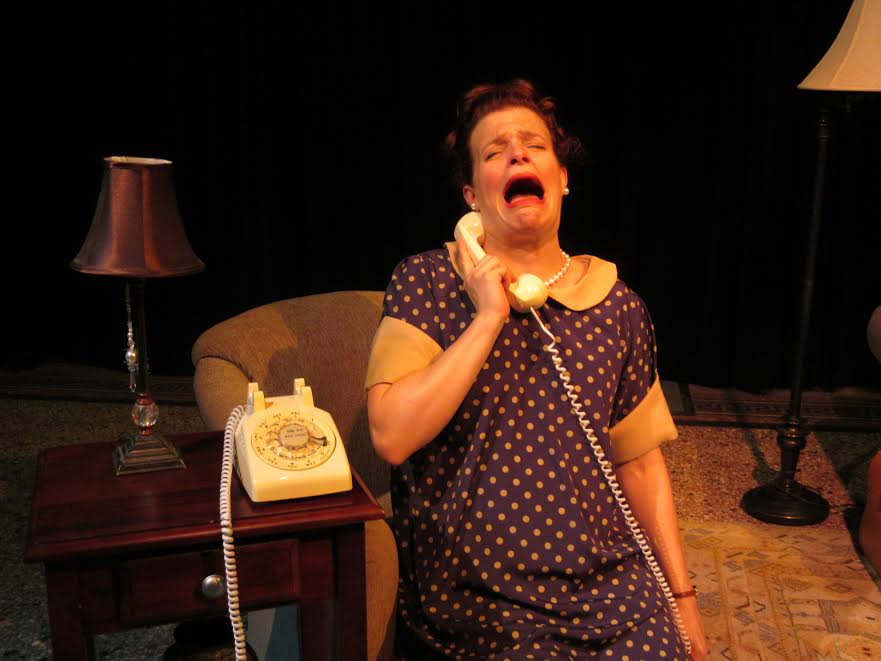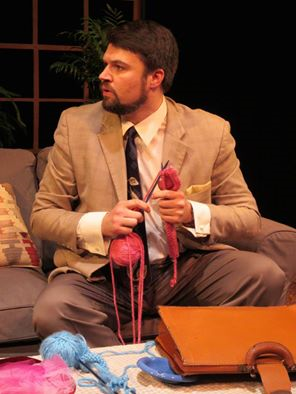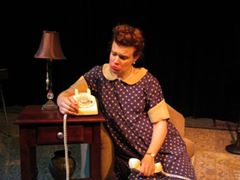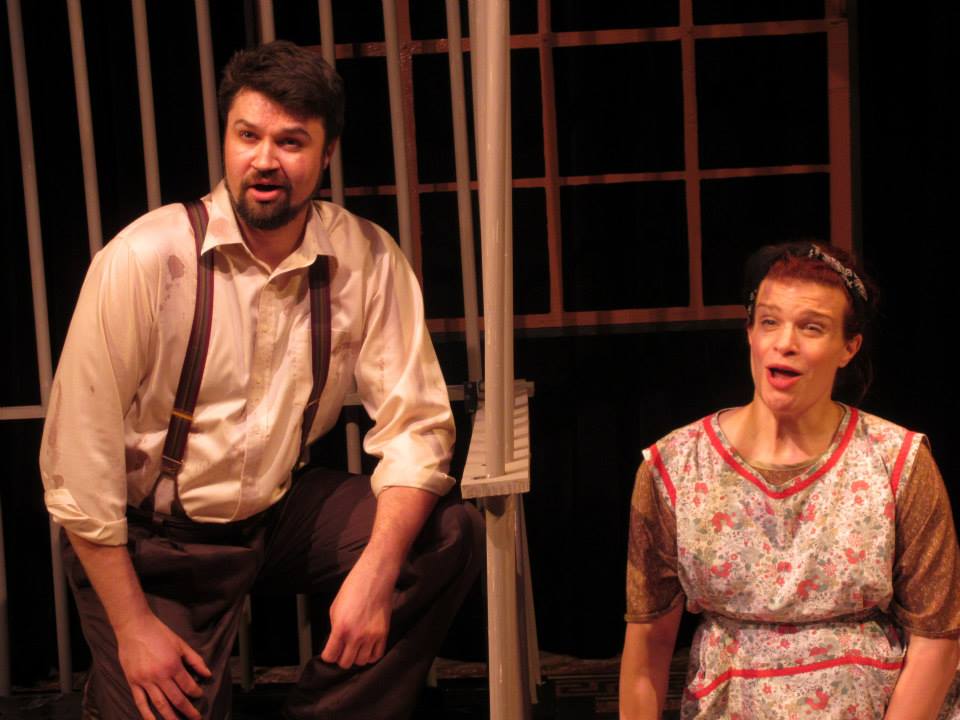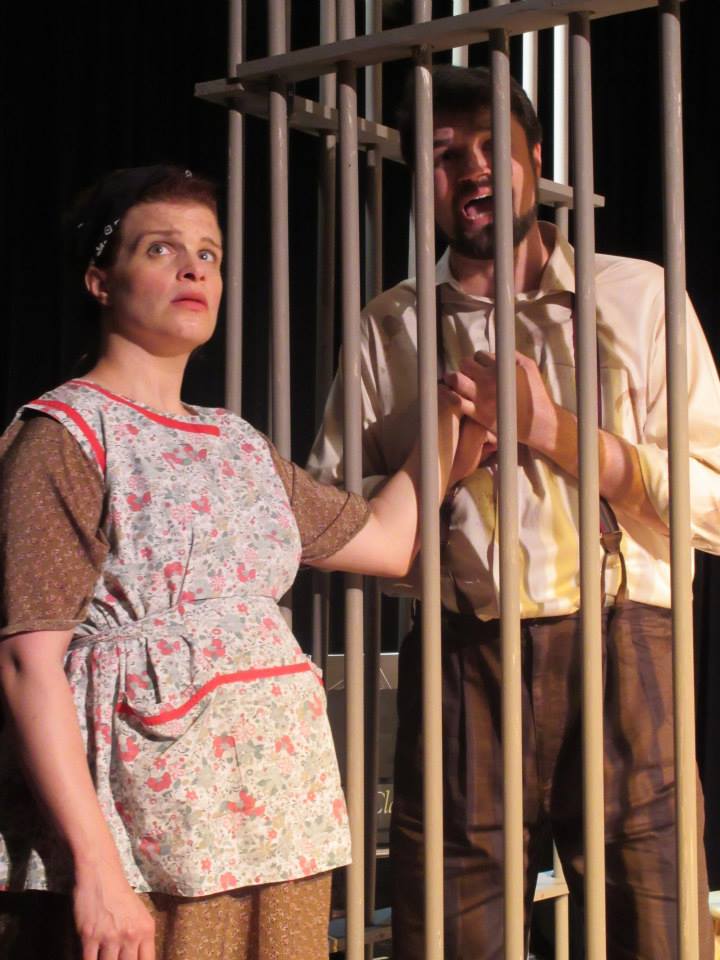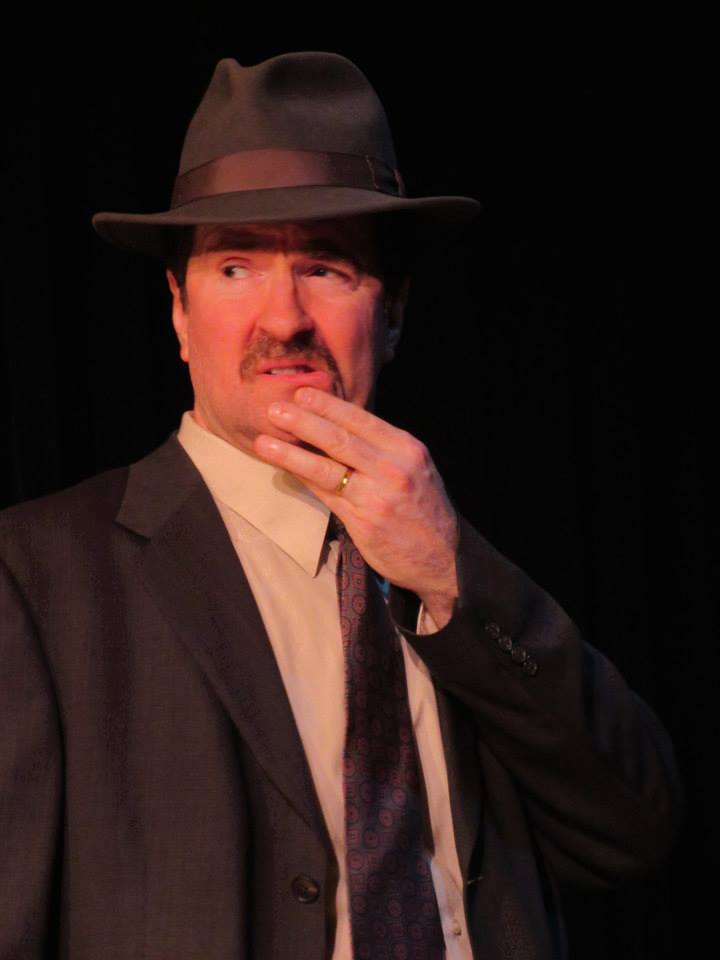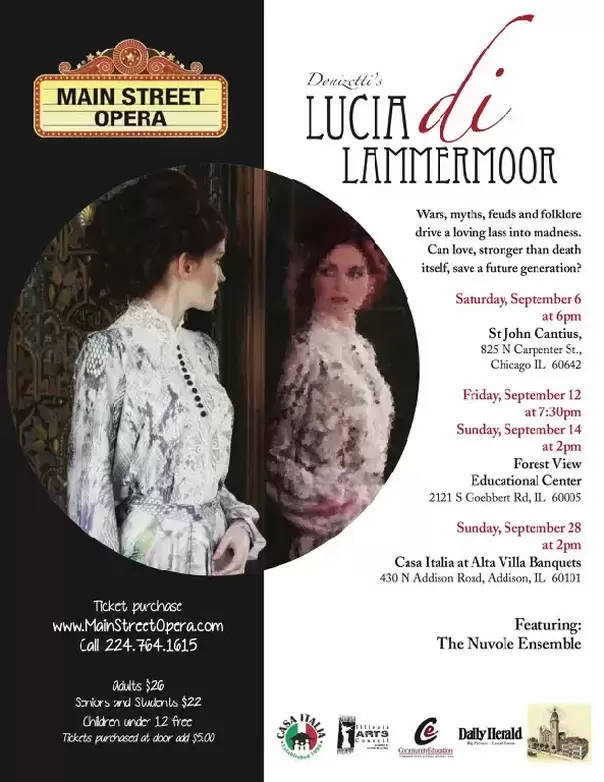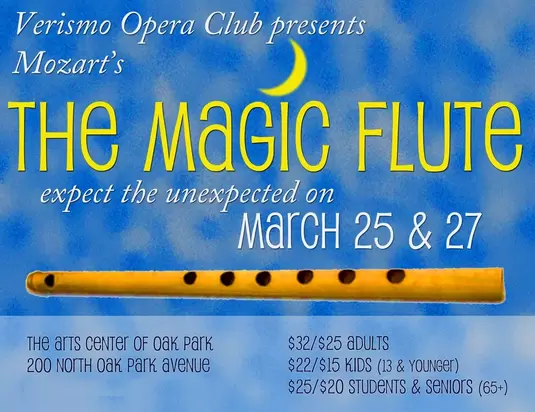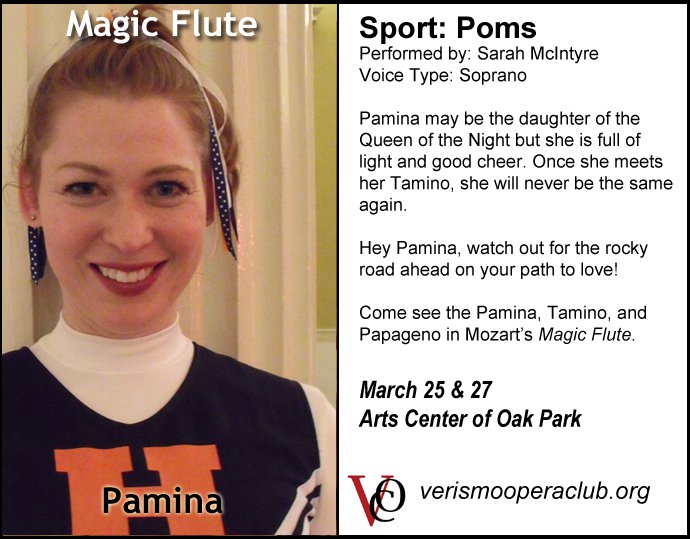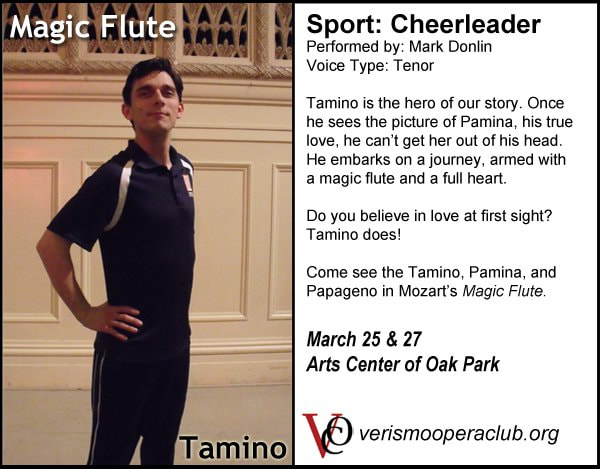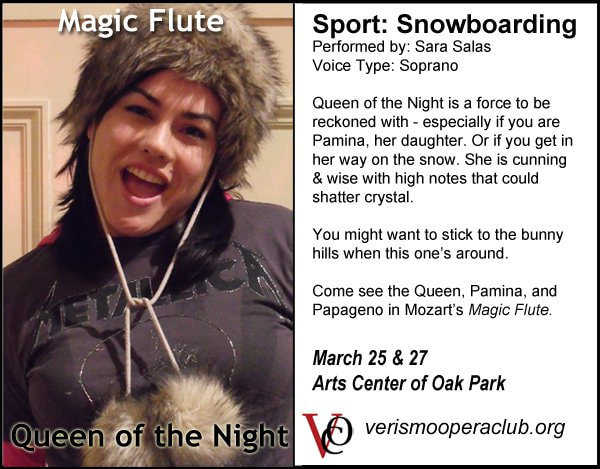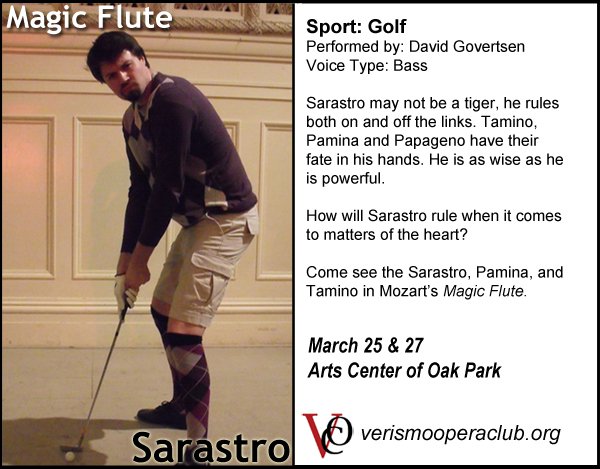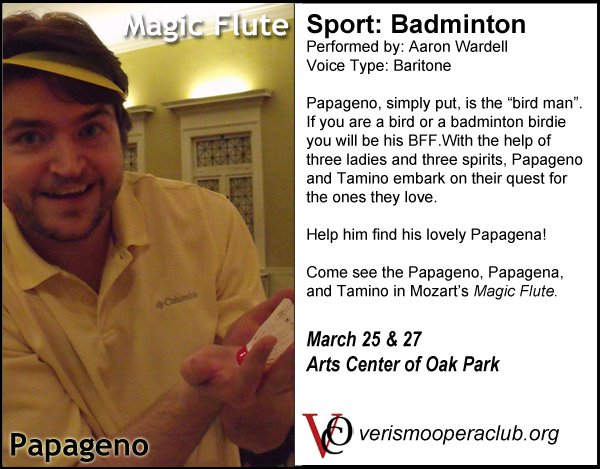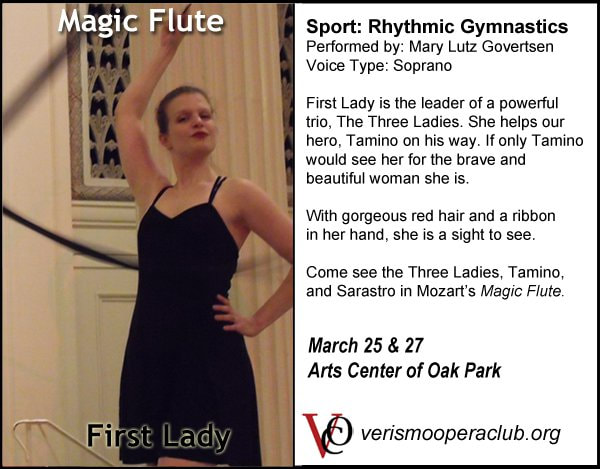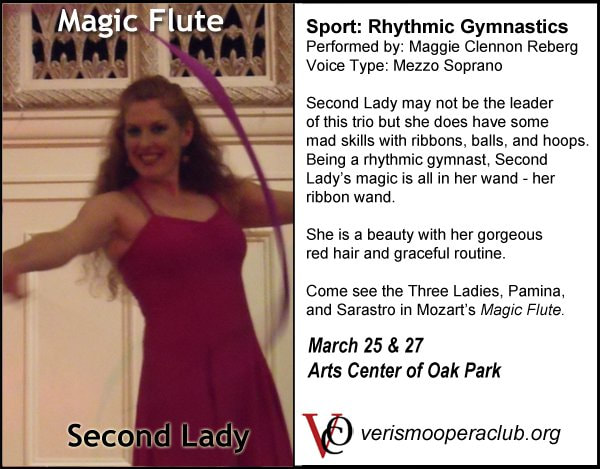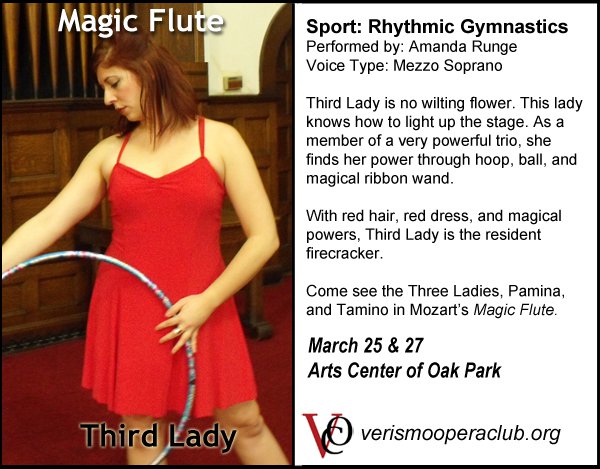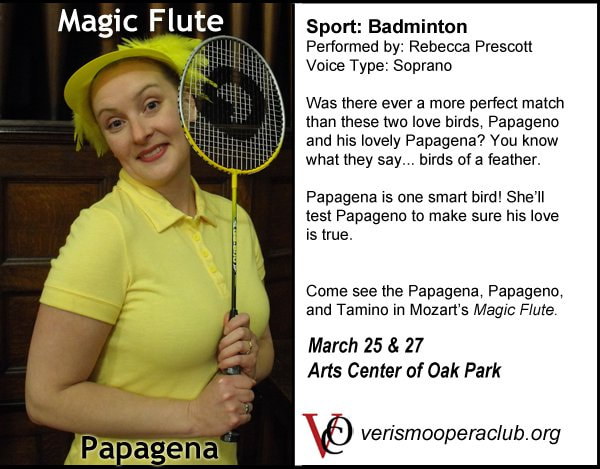|
Aaron Ashton Hunt is a director, musical director, adaptor, designer, choreographer, producer, and educator.
His work has been met with both critical and audience acclaim in professional, academic, and community environments. Aaron is expert in adapting his productions to the situation and budget available. With a background grounded in Chicago's storefront opera ethic, Aaron can as happily design and stage a production with a million dollar budget as he can a production using found spaces and objects. For his availability, please contact him at [email protected]. |
Repertoire
Opera & OperettaLe Nozze di Figaro – The Millennial Version - New Adaptation (SJenks)
The Magic Flute - New Adaptation (AAHunt) - Child-Centric - In English Lucia di Lammermoor - New Adaptation (AAHUNT) Cosi Fan Tutte - New Adaptation (AA Hunt) - In English Le Comte Ory - New Adaptation (AAHunt) Sung in French with English dialogue The Consul Amahl and The Night Visitors Down In The Valley A Masque At Kenilworth - Sullivan - New Adaptation (AAHunt) Iolanthe - Gilbert & Sullivan Trial By Jury - New Adaptation (AAHunt) Cox and Box - New Adaptation (AAHunt) Desert Song - New Adaptation (AAHunt) The Seduction Of A Lady The Boar A Few Words about Chekhov The Telephone Hello Out There |
Musical Theatre & PlaysMusicals
The Light In The Piazza A Little Night Music You're A Good Man, Charlie Brown Of Thee I Sing Bye Bye Birdie She Loves Me A Gentleman's Guide To Love And Murder The Fantasticks The Apple Tree I Do! I Do! Little Mary Sunshine She Loves Me A Little Night Music Plays The Crucible The Prime of Miss Jean Brodie Corpus Christi The Most Fabulous Story Ever Told Twelfth Night A Midsummer Night's Dream - New Adaptation - (SCooper) |
Representative Work
Two Remain (Act I) - Roosevelt University
One of the one-act, contemporary operas in English presented by CCPA/Roosevelt University for OperaFest 2022.
Additionally, on January 26, 2023 the piece was travelled to the Illinois Holocaust Museum's Goodman Auditorium as the central piece for their their International Holocaust Remembrance observance. The cast was made up of graduate student vocal performance majors program. Krystyna Żywulska, A poet and lyricist who survived Auschwitz - Andreá Jones Krysia, the younger Krystyna - Kaleigh Watkins Zosia, Krysia's co-worker and friend in the camp - Alexis Neal Edka, Krysia's co-worker and friend in the camp - Danlei Zhao Mariola, a Jewish woman who grew up with Krysia - Tanya Landau Cover Veronica Samiec (Krysia) The first act of Jake Heggie’s opera tells the story of Sonia Landau, a Jew who changes her name, age, and nationality in order to survive in Auschwitz-Birkenau. Many years later, living in relative safety and comfort, she is asked once again to provide anecdotes about her life as a political prisoner. But the ghosts of her beloved friends challenge her to, “Tell the whole story this time.” The traumas of this ugly chapter of life and time are as challenging to share as they are to hear. But we learn with Sonia that art has the power to uplift the heart and cradle the soul, and that we are all capable of extraordinary acts when survival is one of only two options. - Aaron Hunt |
The Selfish Giant - Roosevelt University
One of the one-act, contemporary operas in English presented by CCPA/Roosevelt University for OperaFest 2022. The cast was made up of graduate student vocal performance majors.
program. Mean Girl (Child 2)/North Wind - Emily Wright Bratty Boy (Child 3)/Snow - David Kronenberg The Unwanted Child/Spring - Victoria Zamora The Selfish Giant - Timothy Krueger An Enchanted Tree - Alexis Neal Covers Morgan Babb (Mean Girl/North Wind), Swabu Jefferson (An Enchanted Tree), Wesley Krist (Bratty Boy/Snow), Magda Travis (The Unwanted Child/Spring) Although at first blush a charming children’s fairy tale, on closer reflection this piece may be considered an allegory on the theme of trauma and its flow from the children to the children’s children. The Giant cultivates a beautiful garden in which to hide from a world that has humiliated him, and refuses entry to any human, especially children, as he knows full well that they are groomed to criticize and censor others from birth. The spiral of disconnection is uncurled when a prophetic child, armed with the perspective drawn from their own damages, explains that the Giant cannot own the garden; As its caretaker, the garden, owns him. - Aaron Hunt |
Susanna's Secret - Roosevelt University
Susanna's Secret
One of the one-act, contemporary operas in English presented by CCPA/Roosevelt University for OperaFest 2021 The cast was made up of graduate student vocal performance majors. Susanna - Corinne Costell Gil - Max Wolf Sante - David Kronenberg First given in 1909, Il segreto di Susanna is a one act intermezzo by Ermanno Wolf-Ferrari with a libretto by Enrico Golisciani. This form is a light entertainment that might have been used between acts of an opera of a more serious nature, to lighten the mood. We have used commedia dell’arte characterizations for the three players, namely Columbina for Susanna, Il Capitano for Gil (her husband), and Harlequin for Sante (their servant), while updating the story for today’s audience by taking the original “villain” of the piece – The Cigarette – and exchanging it for The Doobie. Gil thinks he has seen Susanna in the town, in her pink hat and grey cloak, and he has, for she was on her way to procure a secret package which she can only keep secret if she insists that he is mistaken. Gil notices their home smells of a certain substance and jumps to the conclusion that his wife has taken a lover, someone who indulges in wacky tobacky. In the expected marital skirmishes that follow, Gil accuses, Susanna demurs, Gil railes, Susanna sighs, and Sante is onboard for it all, everyone’s sounding board and dealer - Aaron Hunt |
The Birth Project
The Birth Project
One of the one-act, contemporary operas in English presented by CCPA/Roosevelt University for OperaFest 2021. The cast is made up of graduate student vocal performance majors. program. Sopranos - Ellen Chamblee, Janay Delisma Libby Larson’s The Birth Project contains the first art song exploring pregnancy and childbirth in first person narrative. Larsen and other female colleagues began a conversation around the dearth of this literature at a conference in 2013. The resultant song cycle (eight of which are heard in this version) uses the poetry of Phoebe Damrosch, Lauren Groff, Patricia Kirkpatrick, Heidi Pitlor, A.E. Stallings, Cheryl Strayed, Akiko Yosano, and Gina Zucker to illuminate the birth experience from annunciation to conclusion. This staged storytelling uses the following songs: “The Song Rehearsal,” “Pregnant,” “Ultrasound,” “Due Date,” “Mia,” “Blood Moon,” “From the Start,” and “I did it!” with two friends sharing beloved war tales oft told along with new revelations, first with each other over cocktails, and then with all of us as they draw back the curtains on this communal yet singular experience. - Aaron Hunt |
Bertha
Bertha
Music by Ned Rorem Libretto by Kenneth Koch One of the one-act, contemporary operas in English presented by CCPA/Roosevelt University for OperaFest 2021, and was staged in the Murray-Green Library in front of windows overlooking Lake Michigan. The cast is made up of graduate student vocal performance majors. program. Bertha - Katherine Naffie Noble - Laura Strickland Counselor - Timothy Krueger Officer - David Kronenberg Old Man - Max Wolf 1st Barbarian - Camden McLean 2nd Barbarian - Victoria Zamora Teacher - Anastasia Antropova Messenger - Emily Thompson 1st Scotchman - Emily Wright 2nd Scotchman - Danlei Zhao 3rd Scotchman - Max Wolf Common Norwegian Soldier - Alexis Neal Girl - Kaleigh Watkins Man (lover) - Michael Kramer Norwegian Citizen - Tayna Landau Second Norwegian Citizen - (Sol) Adam Lehman Barbarian Chieftain - Coleman Dziedzic American composer Ned Rorem set librettist Kenneth Koch’s Bertha to music in answer to a request from the Metropolitan Opera for a children’s opera, but Koch’s book wasn’t what they had in mind, and the piece was refused. Bertha has yet to receive a mounting that pleased the critics. For the piece to succeed, the director must decide what it means and choose a point-of-view. Roosevelt’s graduate students will spin you a story about war, (with its inherently diminishing returns), the lunacy of despotism, and the gullibility of the Greek chorus. Queen Bertha’s Norway is beset by Barbarians, and although it seems impossible, she leads her people to victory. When The Teacher points out the barbaric means necessary to win a war, Bertha kills the teacher and outlaws higher education. With the country at peace, Bertha declares war on and annexes Scotland. The Counselor objects to war and is killed by Bertha, who suspends the counsel altogether. Two lovers meet in secret, against Bertha’s law. Bertha kills them. Bertha contemplates her future, and the loss of power and influence that accompanies age; she decides to give Norway to the Barbarians so that she can conquer them again. - Aaron Hunt |
Le Nozze di Figaro: The Millennial VersionMusic by W.A. Mozart
Libretto by Lorenzo Da Ponte Sung in Italian Presented in a streamed production by Transgressive Theatre-Opera, April 2021 Director - Aaron Hunt Adaptation - Sarah Jenks Musical Director - Sarah Jenks Audio and Video Design - Brent Morden Narrator - Sarah Jenks Figaro - Jonathan Wilson Susanna - Anne Slovin Countess Rosina Almaviva - Mary Govertsen Count Almaviva - Noah Gartner Cherubino – Brittany Jeffery Marcellina – Katherine B. Dalin Basilio - Erich Buchholz Bartolo - Bryan Dahl Curzio - Timothy McGowan Le Nozze di Figaro It isn’t only the music, all those glorious arias, bustling duets, teasing trios, and the Finales that begin intimately until they become symphonies of voice that just keep rolling, full of character and inspiration that we hope will never stop. It isn’t only the plot, the upstairs-downstairs story of social and financial privilege that gets turned on its head when wisdom and wit outmaneuver treachery. Le Nozze di Figaro will also live on because we allow history to keep repeating itself. With the #metoo and #blacklivesmatter movements shining new light on ancient inequities, it is no longer time for Le Nozze to give us the opportunity to laugh at ourselves; Rather, it is time for this opera to remind us that the sins aren’t new, and the recompense, when it begins, will be as many generations in the restitution as it was in creation. With The Count’s sexual pursuit of The Countess’ maid in full swing, and the maid’s fiancé unable to stay focused enough to be of real assistance, the two women join forces to save their honors. If this doesn’t sound like a familiar story to you, you haven’t been paying attention. Resident Music Director Sarah Jenks’ Mozart For Millennials version turns much of Mozart’s recitative into comedic narration, keeping the storyline clear while making supertitles unnecessary and allowing today’s audience to focus on the music. Favorite baritones Jonathan Wilson and Noah Gartner return as Figaro and The Count respectively, Mary Govertsen sings The Countess (you may have heard her fine performance in the second act of this opera in last Spring’s Letters of Love and Subterfuge concert), and soprano Anne Slovin returns to us as Susanna. Anne last appeared with TT-O as Irena in Richard Wargo’s The Seduction of A Lady. |
The Light In The PiazzaMusic and Lyrics by Adam Guettel
Book by Craig Lucas Presented in a streamed production by Transgressive Theatre-Opera, February 2021 Director - Aaron Hunt Music Director - Sarah Jenks Margaret Johnson - Brittany Jeffery Clara Johnson - Teaira Burge Fabrizio Naccarelli - Mick Jutila Signor Naccarelli - David Govertsen Signora Naccarelli - Mary Govertsen Franca Naccarelli - Katherine Petersen Giuseppe Naccarelli - Jonathan Wilson The Priest/Fabrizio Cover - Timothy McGowan Roy Johnson - Wm Bullion Clara Cover - Grace Reberg Fabrizio Cover - Timothy McGowan The Light In The Piazza Transgressive Theatre-Opera presents its first full musical theatre offering in this heart-wrenching tale of the power of love, family, and women’s self-empowerment. This score is rooted in classical music and the operatic style of storytelling. In its most passionate moments, the score is too grandiose to be considered anything other than the grandest form of theatre: opera. When the spoken word is not enough, these characters sing. When the lyrics are no longer sufficient, “Ah!” is the only response. |
|
Beauty's Truth
Music by G. F. Handel Presented by Transgressive Theatre-Opera as a streamed production, November 2020. Director - Aaron Hunt Musical Director - Sarah Jenks Audio Design - Brent Morden Video Design - James Conrad Smith Beauty - Teaira Burge Time - David Govertsen Pleasure - Ryan Townsend Strand Deceit - Mary Govertsen Counsel - Jonathan Wilson Director - Aaron Hunt Music Director - Sarah Jenks Director's Notes At twenty-two, Handel composed his first oratorio, in Italian, Il trionfo del Tempo e del Disinganno. More than fifty years and several iterations later, it was also Handel’s last oratorio, now written in English and retitled, The Time of Triumph and Truth. As originally written for four soloists, this morality story is very much of its time, when myth and allegory provided rich, subtle meaning to spoken and written storytelling utilizing established archetypes such as Beauty, Time, and Pleasure. Herein, Beauty is the everyman character on a journey from worldly amusements to the more secure rewards born of moral and psychological understanding and self-perception. (Ruth Smith 2008) Just before his death, Handel completed his final version, replete with the choruses for which he was then known, new arias, and a new character. Winton Dean has calculated that Handel borrowed from twenty of his other works to complete the revised The Time of Triumph and Truth to his satisfaction. (Watkins Shaw 1983) Moreover, by 1757 the libretto was now primarily a Christian morality tale with many of the psychological insights downplayed. In my version, we have returned to the original 1707 text as the inspiration for the production, and refurbished the story to show Beauty on a journey that brings her into a social consciousness, and on her own terms, rather than a Christian allegory. The characters that assist her here, (Time and Truth), and the characters that stand in her way, (Pleasure and Deceit), do not rob her of her agency. She makes her decisions, not born of fear of Time’s ravages or Pleasure’s renunciation, but because, through steady council and concentrated effort, she has learned to know herself, and therefore sees a different place for herself in humanity’s social fabric. At the same time, I have tried to incorporate some of the best music of the first version along with that of the final version, giving the listener the opportunity to enjoy both the fledgling composer whose works were heavily influenced by the Italian school of that time, and the mature composer whose works helped to define his time. -Aaron Hunt The Genealogy of Beauty’s Truth 1706 – Handel arrives in Rome 1707 – Composed Il trionfo del Tempo e del Disinganno, his first oratorio 1712 – Handel moves to London 1725 – Cardinal Benetto Pamphili (the original librettist for Il trionfo) revised it and called this work Il Trionfo del Tempo nella Belleze Ravvenduta 1737 - Il Trionfo del Tempo e della Verità, still partially based on Pamphili’s text, but with several additional numbers wholly or partially set as choruses 1757 - The Time of Triumph and Truth ‘Altered from the Italian with several new Additions’, (translations and versifications by Thomas Morell), contained most of the music of the 1737 version, two revised arias from the original 1707 work, and eight other movements (seven of them increasing the role of the chorus), and a different overture. 1758 – The Time of Triumph and Truth ‘With Several New Additions’, the final version with five added arias |
The ClinicA play by Will Brumley
Presented as a public reading as a benefit for Women's Healthcare by Transgressive Theatre-Opera in partnership with Acting Out, in February 2020. Director - Aaron Hunt Assistant Director - Caroline Shaul Noreen Howe - Mary Ann Bowman Bree Northrup - Cassie Middlemist Monette Clark - Baker Simmons Starla Flefferton - Joyce Porter Carol Luftig - Julie Paradies Lorrie Daniels - KC Karen Hill Officer JD Ellis - Wm. Bullion The Clinic is an all-too-relevant story of a Women's Healthcare Clinic that suffers the most catastrophic censure. This reading of Will Brumley's play about a womans health clinic that suffers harassment and is finally bombed was produced by Transgressive Theatre-Opera, in association with Acting Out. It was directed by TT-O's Producing Artistic Director, Aaron Hunt. AO's Executive Director and Board President Caroline Shaul was the assistant director. A substantial percentage of ticket sales and related donations were funneled to local and national organizations committed to the support of Women's Reproductive Healthcare. For the first time in it's history, Transgressive Theatre-Opera told a story that, while operatic in scope, sings only from the heart. This is NOT an opera. This is a new play. A story for RIGHT now. A tale of women you know, Women to whom you are related. A story of women you love. Maybe even your own story. Acting Out is a new advocacy group which partners with performing arts organizations to choose and program socially and politically relevant performances that attract politically aware and active audiences, both growing the organizations audience base and providing guidance and assistance to ensure that theatre stories for today can be told without fear of a financial loss. The resultant productions give back via the donation of a substantial percentage of the proceeds to organizations that benefit those in need according to the subject matter of the offering. |
The ConsulBy Gian Carlo Menotti
Presented in concert by Transgressive Theatre-Opera, September 2019 Director - Aaron Hunt Music Director - Marta Johnson Magda Sorel - Jessie Oliver The Secretary - Jennifer L. Barrett John Sorel - Dorian McCall The Mother - Angela Torres-Kutkuhn The Magician - Ryan Frenk The Secret Police - Peter Ruger Mr. Kofner - Katherine B. Dallin The Foreign Woman - Caroline Shaul Anna Gomez - Mary Lutz-Govertsen Vera Boronel - Mallory Harding Assan - Noah Gartner The Voice on the Record - Bruno Rivera Magda cover - Elizabeth Rudolph Secretary cover - Brittany Jeffery John cover - Artega Wright Mother covers - Katherine B. Dalin, Denise Knowlton Magician cover - Justin Cavazos Foreign Woman cover - Morgan Ulat Guest Musical Director & Pianist - Marta Johnson Guest Pianist - Charis Buell Guest Pianist - Timothy Kelley Guest Pianist - Gregory Smith Director's Notes Babies and children, ripped from their families, are caged at our country’s border in cells so over-crowded that they must sleep on concrete floors in shifts. Their fathers and mothers, fleeing crime, poverty, and oppression have brought their hearts and hopes to our country, claiming asylum, but instead of being cared for and guided through the steps to achieve their goals, they are housed in makeshift camps with insufficient water, food, and toilet facilities, for weeks at a time. Our country’s highest leadership have made plans for Immigration and Custom Enforcement to round up immigrant families, some of whose members are here legally while others have joined them without obtaining that status, tear them asunder, and immediately deport anyone without expected documentation. As we watch these horrors on our television screens and read about them in the media, what are we to do? Representatives must be contacted, and money sent, but which representatives, how often, and how much money, sent to where? We must not become inured to this injurious oppression, meted out at the hands of officials who seek to turn our country from a place of safety for the oppressed to a wasteland where everyone looks like them and thinks exactly as they do. In times such as these, artists use their art to comment, to protest, and to share resonant stories with their audiences, introducing characters who can make the struggle of “the other” very real and present for them. Using their art as their finest arsenal, artists help their audiences maintain the focus to see each day for the war on humankind that it is and not simply another day in a time of great wrongdoing, and to send them to their phones, emails, wallets, and the organized protests that are still the right of the people of this county. Transgressive Theatre-Opera and Friends answered art’s dictate by giving a single concert performance of Menotti’s masterpiece, “The Consul.” The timing was right to share Menotti’s story of persecuted immigrants trying to flee their oppressed lives only to be met with a cold bureaucracy demanding they obtain the correct papers in order to escape to asylum. If these papers cannot be obtained, their only choice is to attempt escape over the border, a journey that often ends in a speedy death or worse. TT-O will offered this benefit concert at 7:30 PM on Saturday, September 7, 2019 at Ebenezer Lutheran Church’s auditorium. Everyone involved donated their talent so that all tickets sales and other donations could go directly to a local immigrant relief and a national immigrant relief organization. The organizations that benefitted include Ebenezer’s own Refugee Support and the National Immigrant Justice Center. Special permission for this concert benefitting these specific organizations was granted by the Menotti estate, and TT-O was proud to share this immigrant composer’s deeply-felt story. Origins of the Benefit Concert Artistic Director Aaron Hunt’s Facebook call for more productions of The Consul to reflect these battered days was answered quickly by Chicago singing artists Jessie Oliver and Caroline Shaul, championing the idea of this benefit concert, using a cast of Chicago actor-singers who will tell this story from their individual, multi-cultural and minority voices, in hope that many in the audience will see themselves on the stage, and make a connection that will both buoy them and excite them to imperative action. TT-O was proud to produce this monumental work and give Chicago’s audience another opportunity to protest and protect in collaboration. |
Count OryBy Giachino Rossini
Libretto by Eugène Scribe and Charles-Gaspard Delestre-Poirson Adaptation by Aaron Hunt Presented by Transgressive Theatre-Opera, March 2019 Music in French, with English dialogue Aaron Hunt - Director Sarah Jenks - Music Director Count Ory - Max Hosmer Countess Adèle - Mary Lutz-Govertsen Isolier - Brittany Jeffery Tutor - Kota Terrace Raimbaud - Noah Gartner Jacqueline - Teaira Burge Jack - Brian Pember Ragonde - Angela Torres-Kutkuhn Alice - Elizabeth Rudolph Finette - Karen Hunt Cover Count Ory - Alex Carey Cover Countess - Rachel Long Cover Isolier - Bruno Rivera Cover Raimbaud - Stephen Hobe Cover Ragonde - Pamela Torrey Cover Alice - Emily Cox Ensemble - Christina Gallo Ensemble - Cassandra Paultier Ensemble - Benjamin Burney Ensemble - Benjamin Issac Ensemble - Aretga Wright Ensemble - Nathan James Kistler Ensemble - Ryan Frenk Ensemble - Joelle Kross Director's Notes While The Count Ory is considered a comic opera, Rossini’s writing stretches the boundaries of the opéra comique genre with its sung dialogue and musical forms considered inappropriately loquacious at its premiere. Aaron Hunt's new English translation, transported the story to a more contemporary time and a new location, turning the recitatives into sparkling dialogue, and adding a secondary love-couple, a format that would have excited Rossini’s first audience, and did the same for ours! |
Masque at KenilworthMusic by Arthur Sullivan
Libretto by Henry Fothergill Chorley & Shakespeare Presented fully-staged and choreographed (for the first time!) by Transgressive Theatre-Opera, this was a mid-West premiere, and as far as we know, a national premiere, in terms of presenting the entire work, in September 2018. Aaron Hunt - Director Sarah Jenks - Musical Director Emily Brantz - Choreographer Paul Knappenberger - Lighting Design Kate Setzer Kamphausen and Tim McAdams - costumers Nathaniel C Fishburn - Assistant Director Teaira Burge - Soprano Soloist, Jessica Brittany Jeffery - Alto Soloist Joshua Louis Smith - Tenor Soloist, Lorenzo Jonathan Wilson - Bass Soloist Katherine Petersen - Lady of The Lake Brian Pember - cover for both principal tenor roles Ensemble: Emily cox, Bruno Rivera, Pamela Torrey, Alex Carey, W. Ryan Frenk, Brian Pember, Brad Jenks, and Alex Rattana Director's Notes This very early work by Sullivan premiered in 1864 at the Birmingham Festival. It is indicative of the type of entertainment provided to Queen Elizabeth such as that described in Sir Walter Scott's novel, Kenilworth. The piece has been very seldom revived, and there is no record that it has ever been presented in a staged version, or that its many dances have been choreographed before. One of the great values of this piece is the opportunity to hear a young Sullivan's choral writing, already bursting with largess, and to observe the gift of melody that was always his very own. |
Trial By JuryMusic by Arthur Sullivan
Libretto by W.S. Gilbert Aaron Hunt - Director Sarah Jenks - Music Director Joshua Louis Smith - The Defendant Bruno Rivera - The Plaintiff Susan Gosdick - The Judge Katherine Petersen - Counsel for The Plantiff Katherine B. Dalin - The Usher Emily Cox - First Bridesmaid Pamela Torrey - Second Bridesmaid Brad Jenks - The Foreman of The Jury Teaira Burge - Ensemble Brittany Jeffery - Ensemble Brian Pember - Ensemble/cover for Defendant Ryan Frenk - Ensemble Alex Carey - Ensemble Alex Rattana - Ensemble Trial By Jury The Defendant and the Plaintiff, a newly-married leather couple, are in a hot case of Breech of Promise of Marriage. If we have gay marriage, then gay divorce must follow. In this switched-gender version, the Judge may not be precisely what she seems. |
Cosi Fan TutteMusic by W.A. Mozart
Adapted by AAHunt after the libretto of Lorenzo da Ponte and the translation/adaptation of Alfred Lunt Friday, February 9, 2018 at 7:30 and Saturday, February 10, 2018 at 7:30 Mary Lutz-Govertsen - Fiordiligi Brittany Jeffery - Dorabella Teaira Burge/Celeste Peake - Despina (TB 9/2 - CP 10/9) Ryan Townsend Strand - Ferrando Noah Gartner - Guglielmo William Swain - Don Alfonso Saturday, February 10 at 1:30 and Sunday, February 11 at 7:00 Jessie Lyons - Fiordiligi Jori Jennings - Dorabella Celeste Peake - Despina Matthew Peckham - Ferrando Jonathan Wilson - Guglielmo Steven Arvanites - Don Alfonso Mozart’s foolhardy characters from the early 19th century to modern day, from coloratura bravado to quietly spoken veracity with Cosi Fan Tutte, or All Women Are Like That. The men learn as many lessons about love and loss as do the women in this madcap tale, elevated by Mozart’s incomparable score. In defense of the sudden bursting into song in the lyric theatre cannon, it has been said that the music begins when speech is not enough, when the level of the character's emotions can no longer be conveyed by mere speech. What if it was the other way around? If the soundtrack must be silenced for whispered moments of resounding truth? |
IolantheMusic by Sir Arthur Sullivan
Libretto by W.S. Gilbert Presented in University of Chicago's historic Mande Hall on March 10, 11, & 12, 2017 Shane Valenzi - Director Aaron Hunt - Associate Director Matthew Sheppard - Conductor Matthan Black - Lord Chancellor Teaira Burge - Phyllis Claire DiVizio - Fairy Queen Matthew Peckham - Strephon Dennis Kalup - Lord Tolloler Aaron Wardell - Mount Mountararat Marissa Simmons - Iolanthe David Govertsen - Private Willis Sarah Wasserman - Celia Tiffany Orr - Lelia Heather Keith - Fleta In this traditional mounting, the director lived in another state, traveling to rehearsal periodically. Aaron Hunt used his notes to stage the sections of the show that were not managed personally by the director, and filled in several numbers and scenes which were in need of attention in the prompt book. In particular, Aaron choreographed the entrance and initial musical numbers of the Fairies, Strephon, and Phyllis through their initial exits, "When I Went To The Bar", and "In Vain To Us You Plead". |
Cox and BoxMusic by Sir Arthur Sullivan
Libretto by F.C. Burnand Co-Production with The Gilbert & Sullivan Opera Company, Inc. Aaron Hunt - Director Sarah Jenks - Music Director Teaira Burge - Cox Celeste Peake - Box Susan Gosdick - Bouncer Written for three men, two of whom occupy the same apartment at different times of the day according to the machinations of the third, finds the two rakes discovering that they have made love to, and then connived to flee from the same woman. TT-O and The Gilbert and Sullivan Opera Company have cast three women in the roles, who will appear in male drag. This is a new and stimulating concept for the production of this piece, rewarding the ladies an opportunity to step into the shoes of the scheming men, pointing up the lessons to be learned in even the frothiest operetta. |
A Chekhov TrioTransgressive Theatre-Opera presents a glimpse into the funny and passionate life and art of one of the world's greatest playwrights with A CHECKHOV TRIO, made up of Dominick Argento's The Boor and A Few Words About Chekhov, and the Midwest premiere of Richard Wargo's The Seduction Of A Lady. The Boor is based on Chekov's play of the same name. A Few Words About Chekhov intertwines Checkhov's love letters to his wife Olga with sections of the journal she wrote after his death, and The Seduction Of A Lady takes its text from Neil Simon's play The Good Doctor, which is based on Chekhov's short story, The Seduction.
|
|
The Seduction Of A Lady
Music by Richard Wargo Libretto based on Neil Simon's The Good Doctor, which draws on Anton Chekhov's The Seduction Aaron Hunt - Direction Sarah Jenks - Music Direction Jonathan Wilson— Peter Semyonych Anne Slovin — The Wife (Irena) Steve Arvanities — The Husband (Nicky) Sarah Jenks - piano Shaleah Feinstein - violin Benjamin Rogers - cellist |
TT-0 Double BillA Double-Bill of Gian Carlo Menotti's The Telephone and Jack Beeson's Hello Out There
With words and music by Menotti, The Telephone tells the tale of a 1950s city couple who can't reach each other because of the leading lady's obsessions with her rotary phone. Ben is desperate to propose marriage to Lucy, but her need for constant contact with her friends continues to thwart his efforts. With a libretto adapted from William Saroyan's play of the same name, Hello Out There takes us to 1950s Matador, Texas, where a young man has been jailed on a rape charge. The transient gambler tries to sweet-talk the jail's cook, Emily, into helping him escape. Is the rape charge trumped up? Will Emily succumb to his charms and run away with him? What happens when face-to-face, human interaction is stymied by social tools and societal differences? Are the dialogues about the potential negative effects of social media, and the rapidly disappearing middle class, really new discussions? |
Lucia di LammermoorMusic by Gaetano Donizetti
Libretto by Salvadore Cammarano Aaron Hunt - Director Jason Carlson - Music Director Gregory Tufts - Conductor Mary Lutz-Govertsen/Heather Youngquist – Lucia Jorie Jennings/Angela Torres-Kutkuhn – Alice Matthew Dingels/Jameon Moss – Edgardo Matthan Black/Michael Orlinsky – Enrico Dave Govertsen/Peter Morgan – Raimondo Jesus Jimenez-Jimenez – Arturo Camilo Rasquin - Normanno Based loosely on Sir Walter Scott’s novel, The Bride of Lammermoor, this fireside romance of a girl driven to madness by societally-supported disenfranchisement begins as a “revenge tragedy,” then careens into something else altogether. With the death of their parents, the authority of a family passes to the brother, robbing the sister of all agency by reason of her sex. As a monetary asset, to be disposed of at her male sibling’s will, Lucia must marry the man deemed most suitable for shoring up of the family’s fortunes. And as is always the case when one soul is denied equal worth with another, heartbreak can be the only outcome. With a nod to its original time and setting of castles shrouded in moor-mist, we grant the story an era- less delivery, using the aesthetic of junk theater, simple symbols proving a wider, complex grounding. For as world histories pile up, the next so similar to the last, it is impossible to deny that there are still places and times and people which will negate, and war with, those they consider “other.” Individuals are still traded as chattel the world over, women in particular swimming in a sea of misogyny. |
The Magic FluteMusic by W.A. Mozart
Libretto by Emanuel Schikaneder Aaron Hunt - Director & Adaptor Sara Salas - Queen Of The Night Sarah McIntyre - Pamina Mary Lutz Govertsen - First Lady Rebecca Prescott - Papagena Maggie Clennon Reberg - Second Lady Amanda Runge - Third Lady Mark Donlin - Tamino Aaron Wardell - Papageno David Govertsen - Sarastro A child-centric Magic Flute, with the rape-y, racist, patricidal, Masonic, and anything else that shouldn't be visited upon small children without pre-, during, and post-counseling at the ready, is excised. A young, hip Mozart is added as narrator, chatting the children up between musical numbers, tying the story together for them with references from social media, pop culture, and the stars of film, television, and sports, and their multi-colored adventures. And all the characters were sports figures! |
Thank you!
Thanks for having a look! I'm excited to talk with you about your upcoming productions!
-Aaron Ashton Hunt
[email protected]
-Aaron Ashton Hunt
[email protected]
